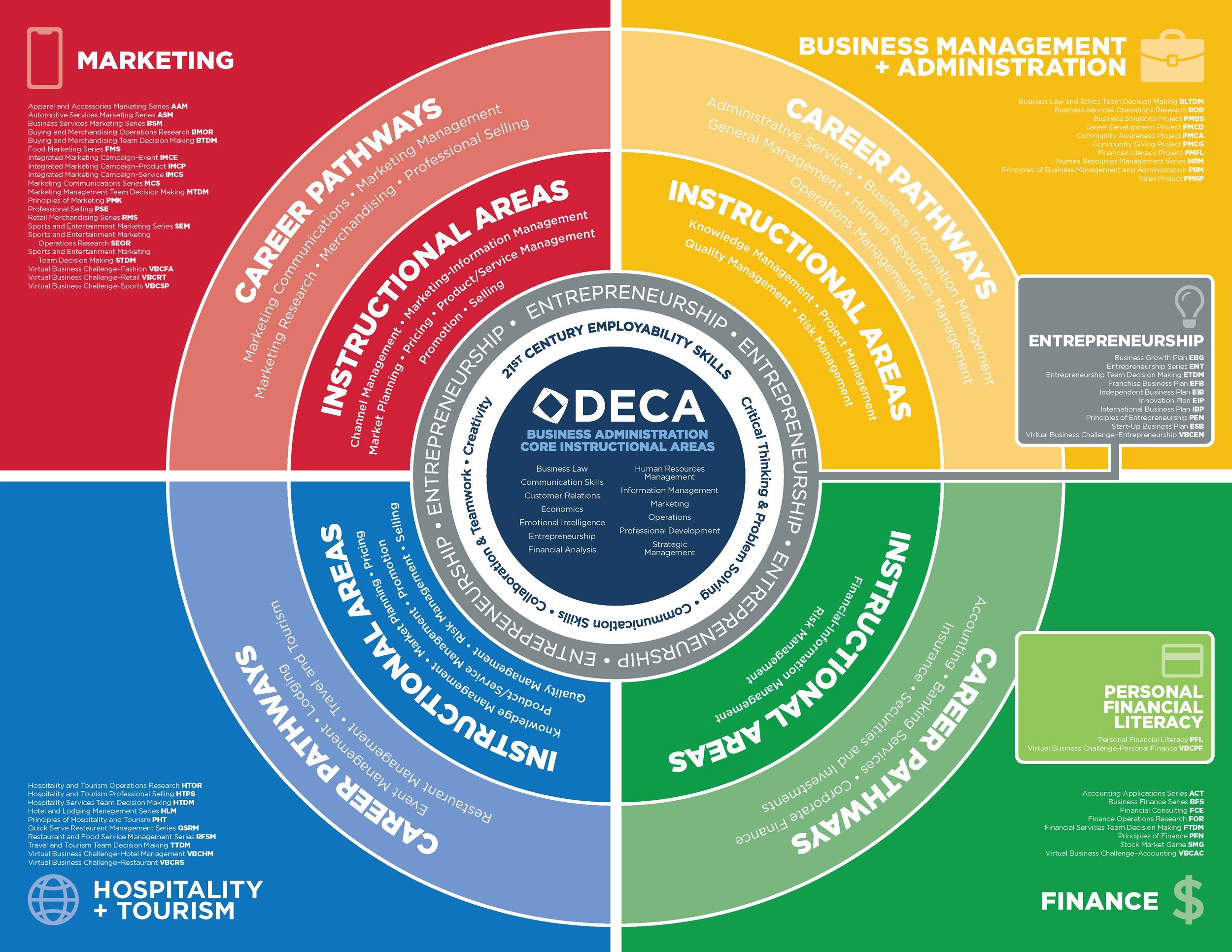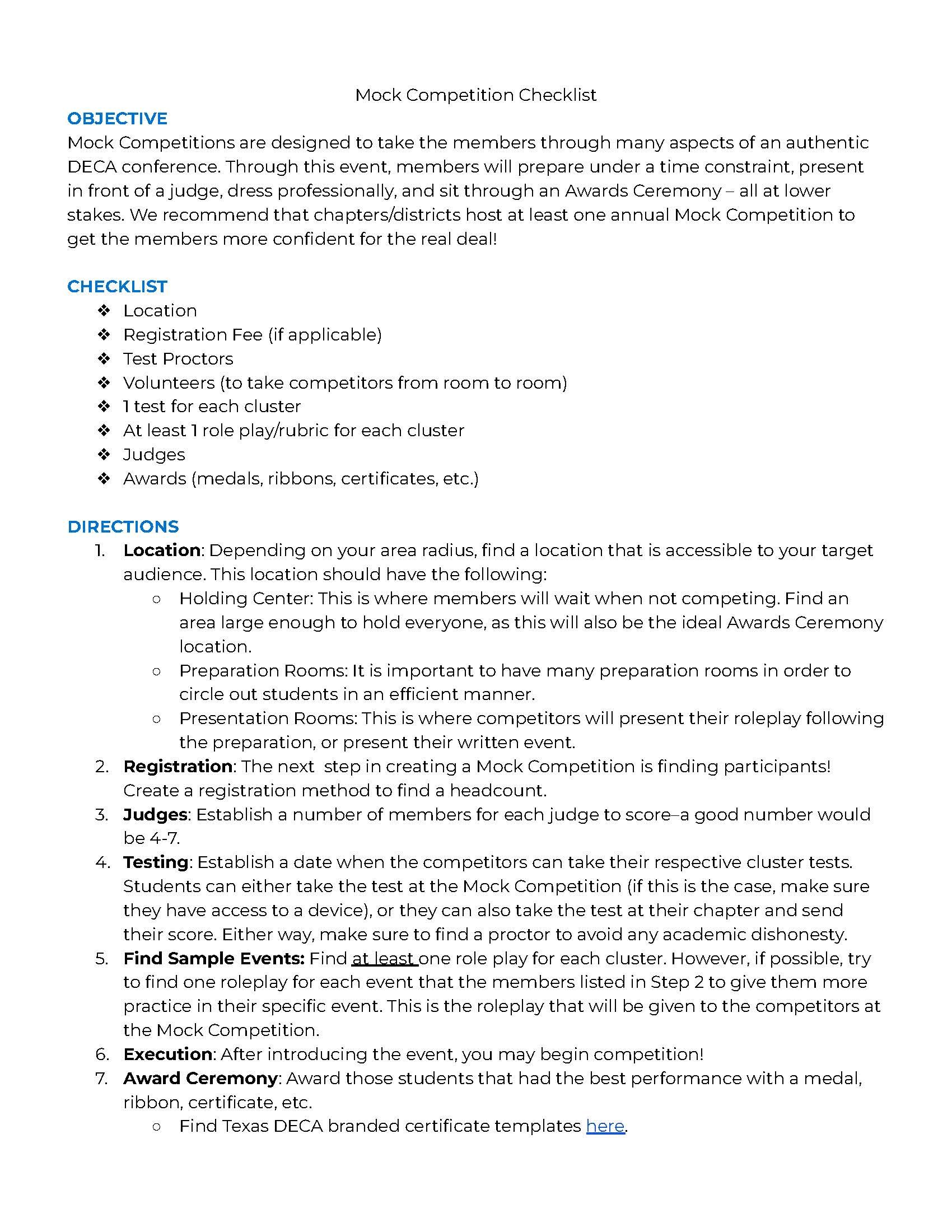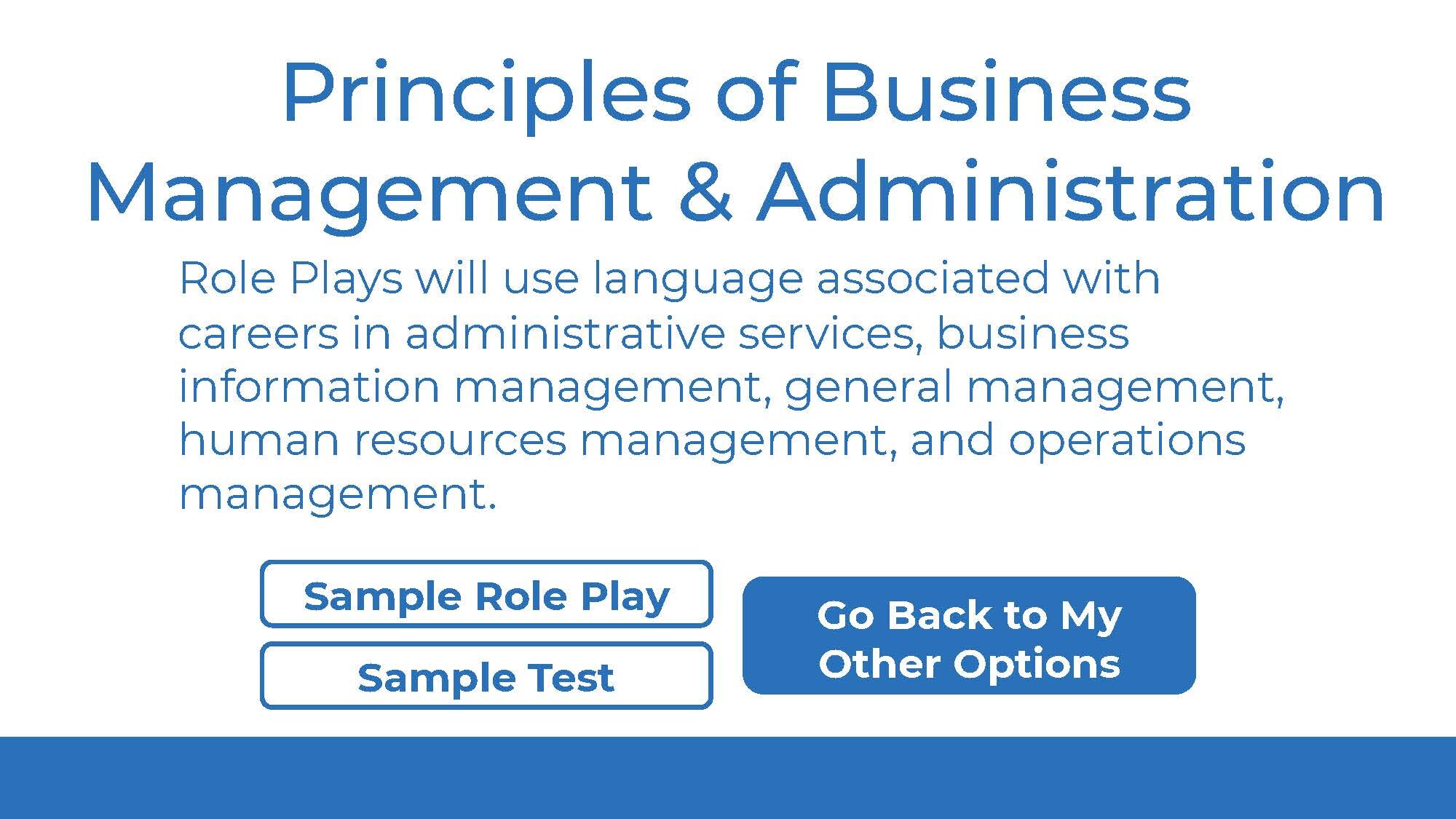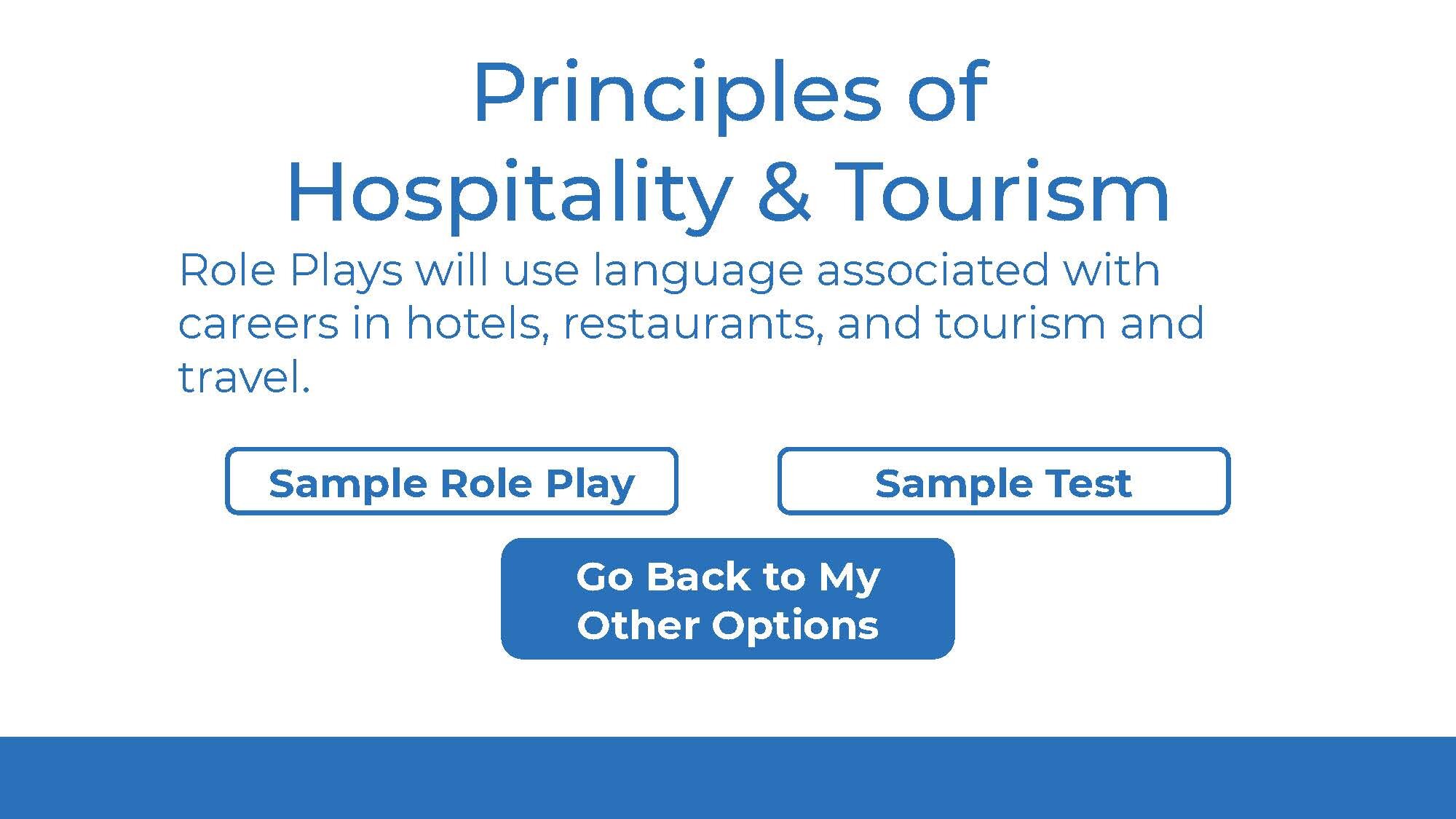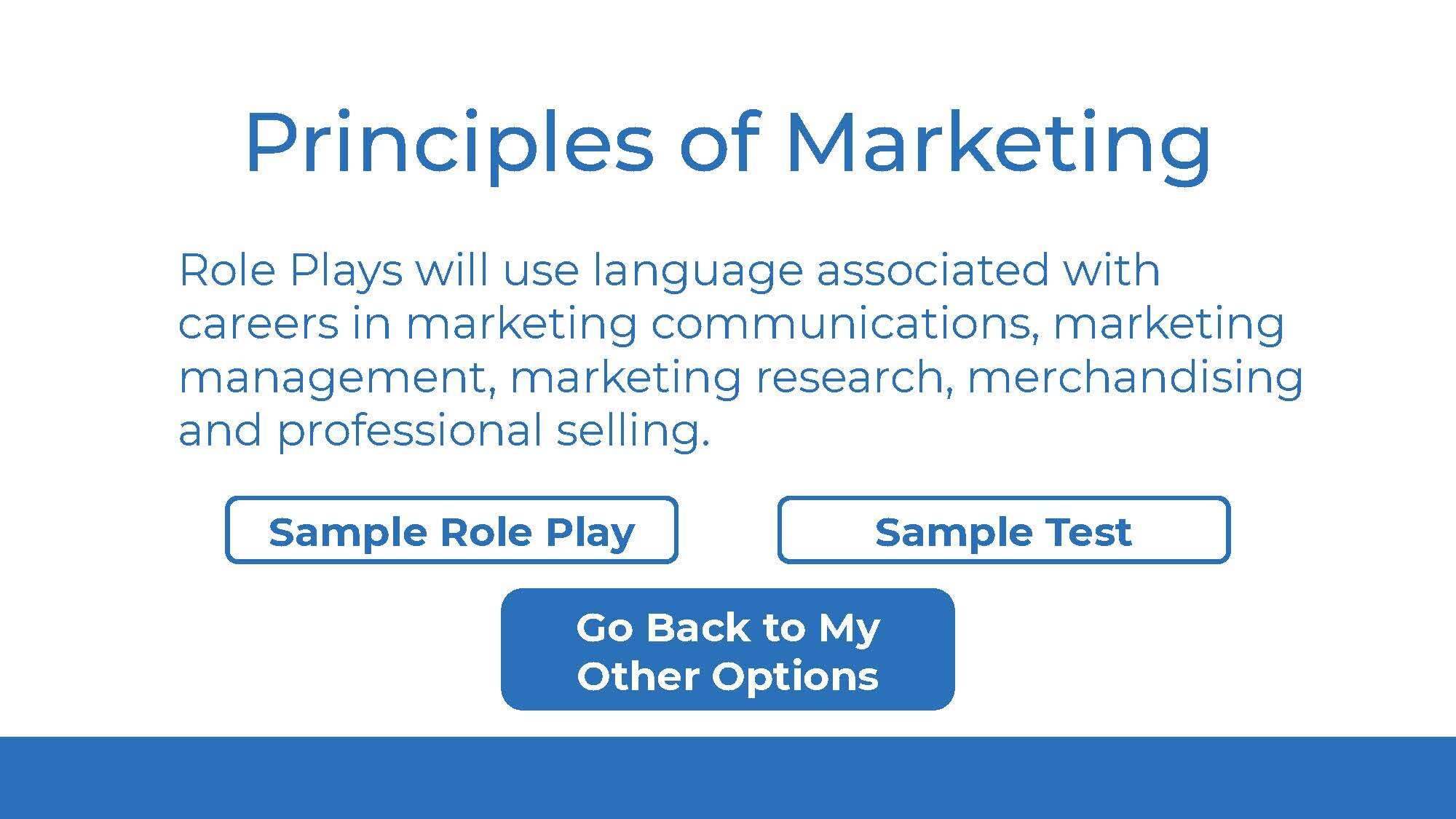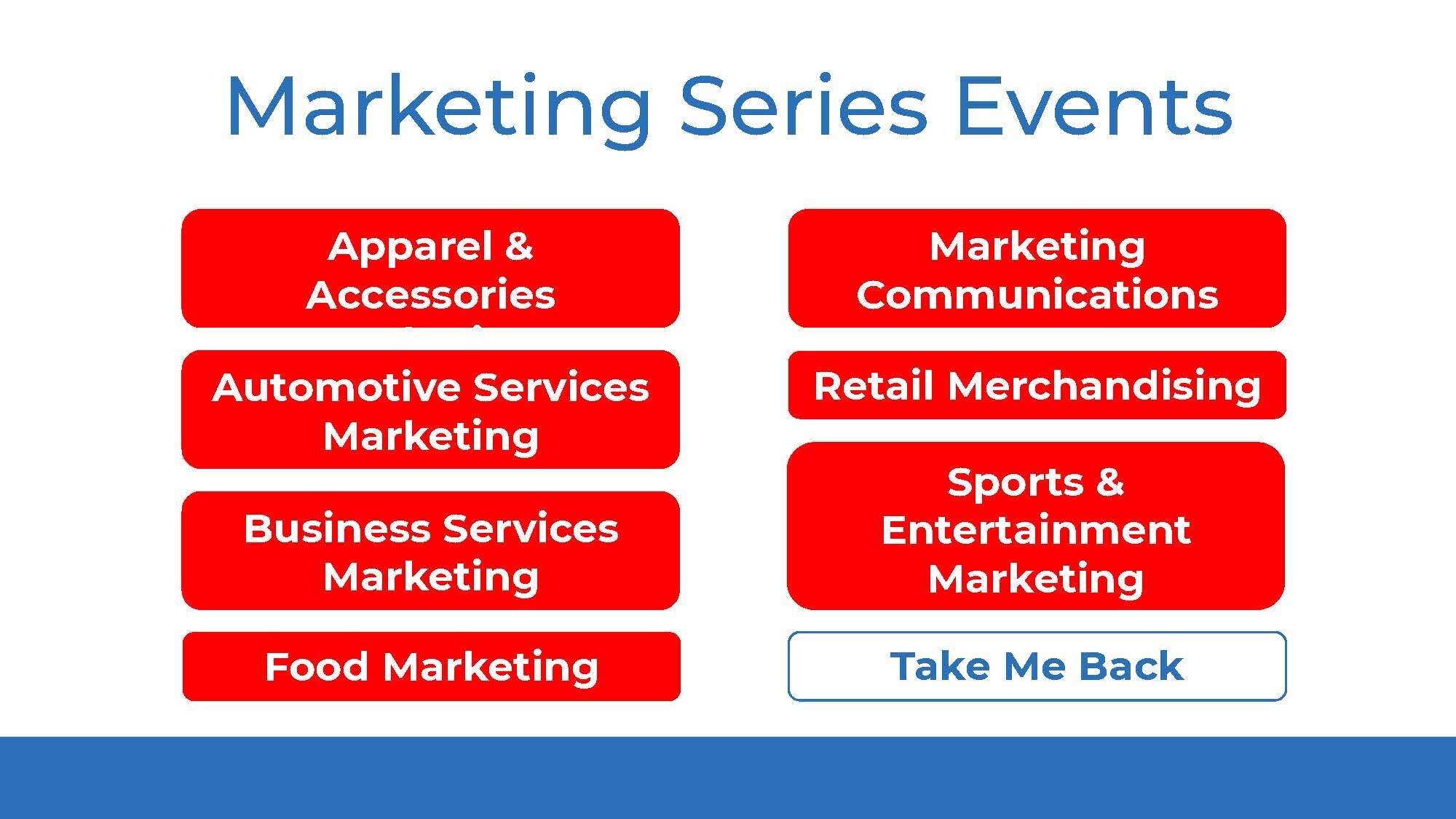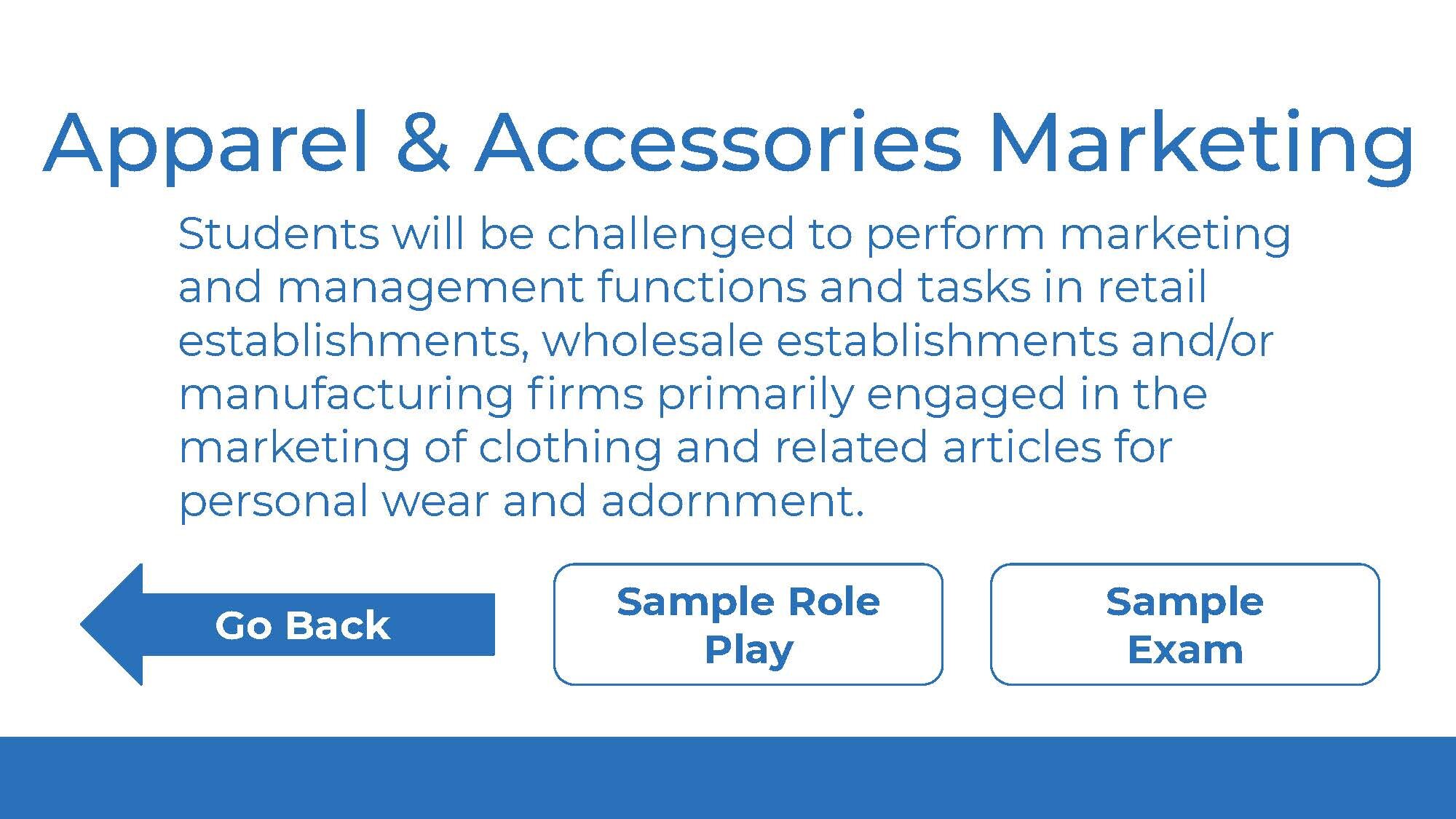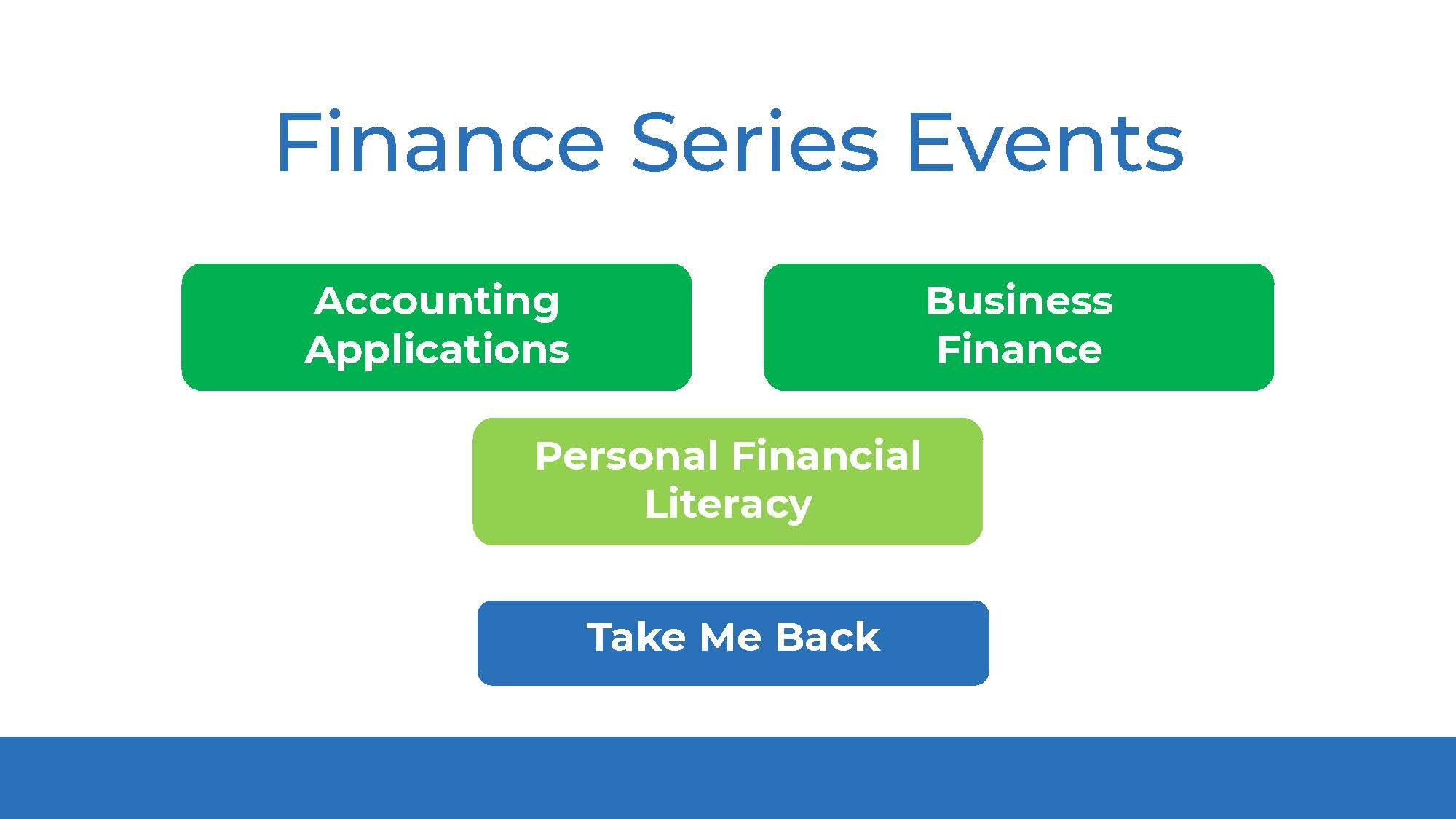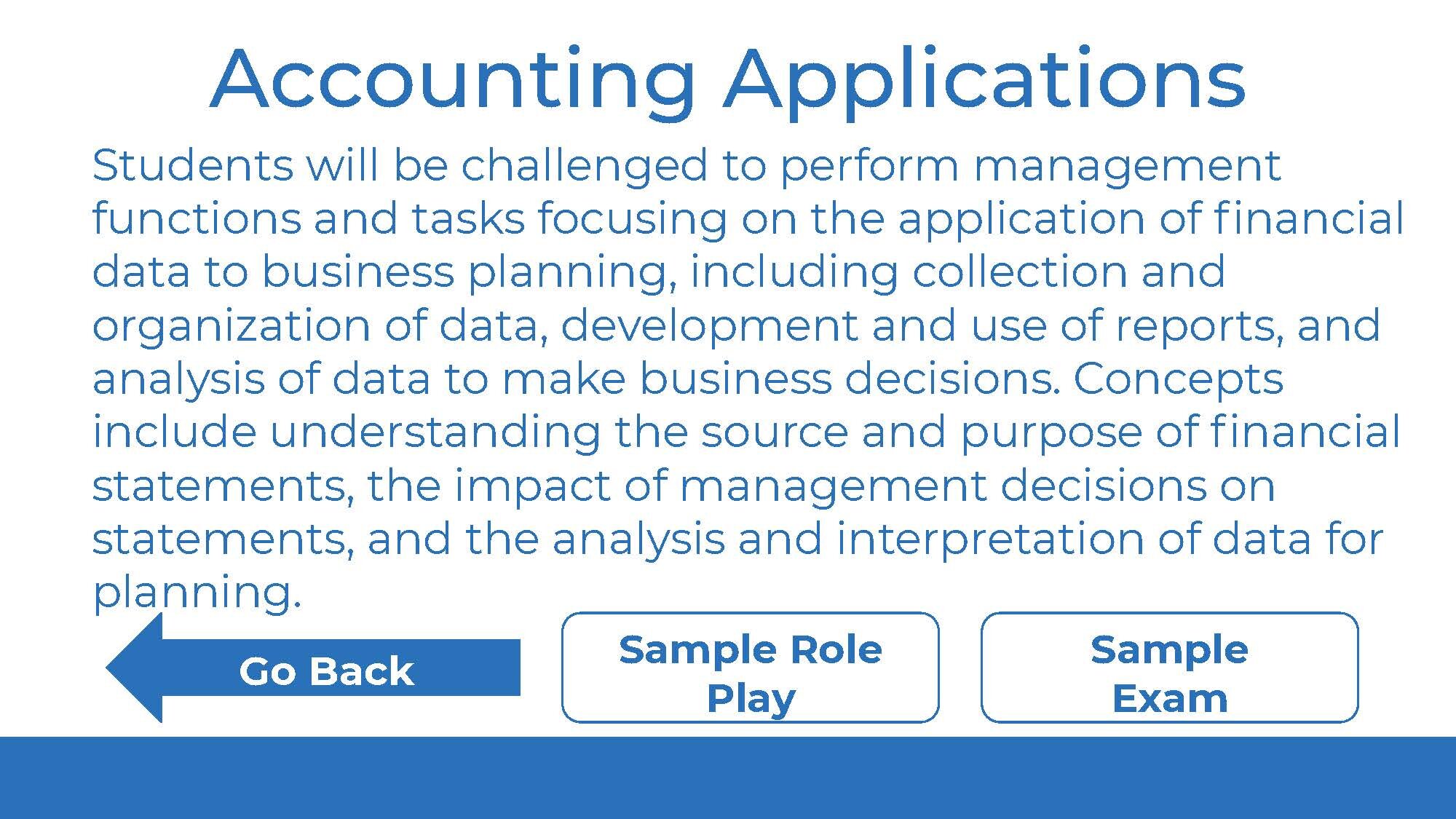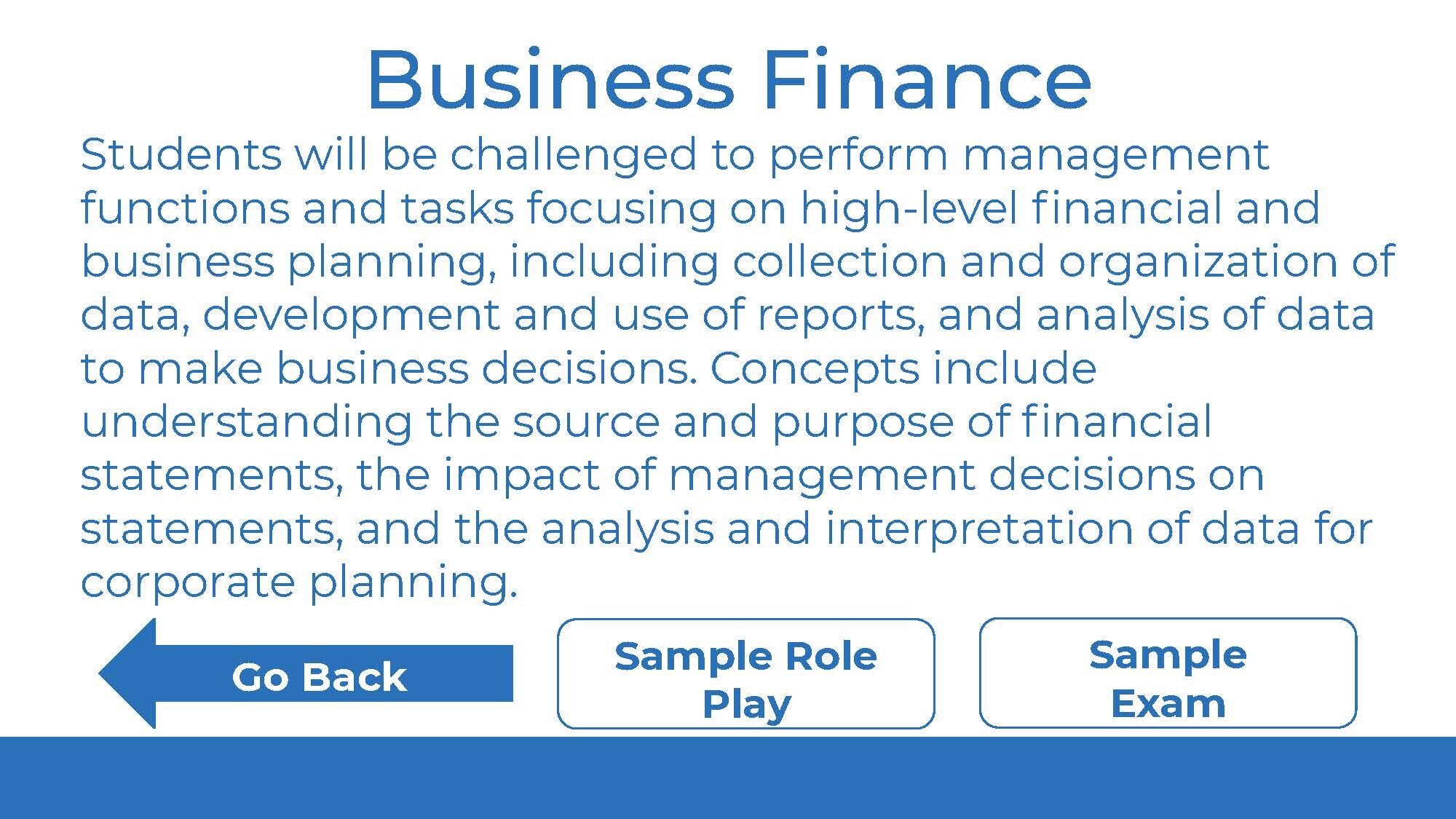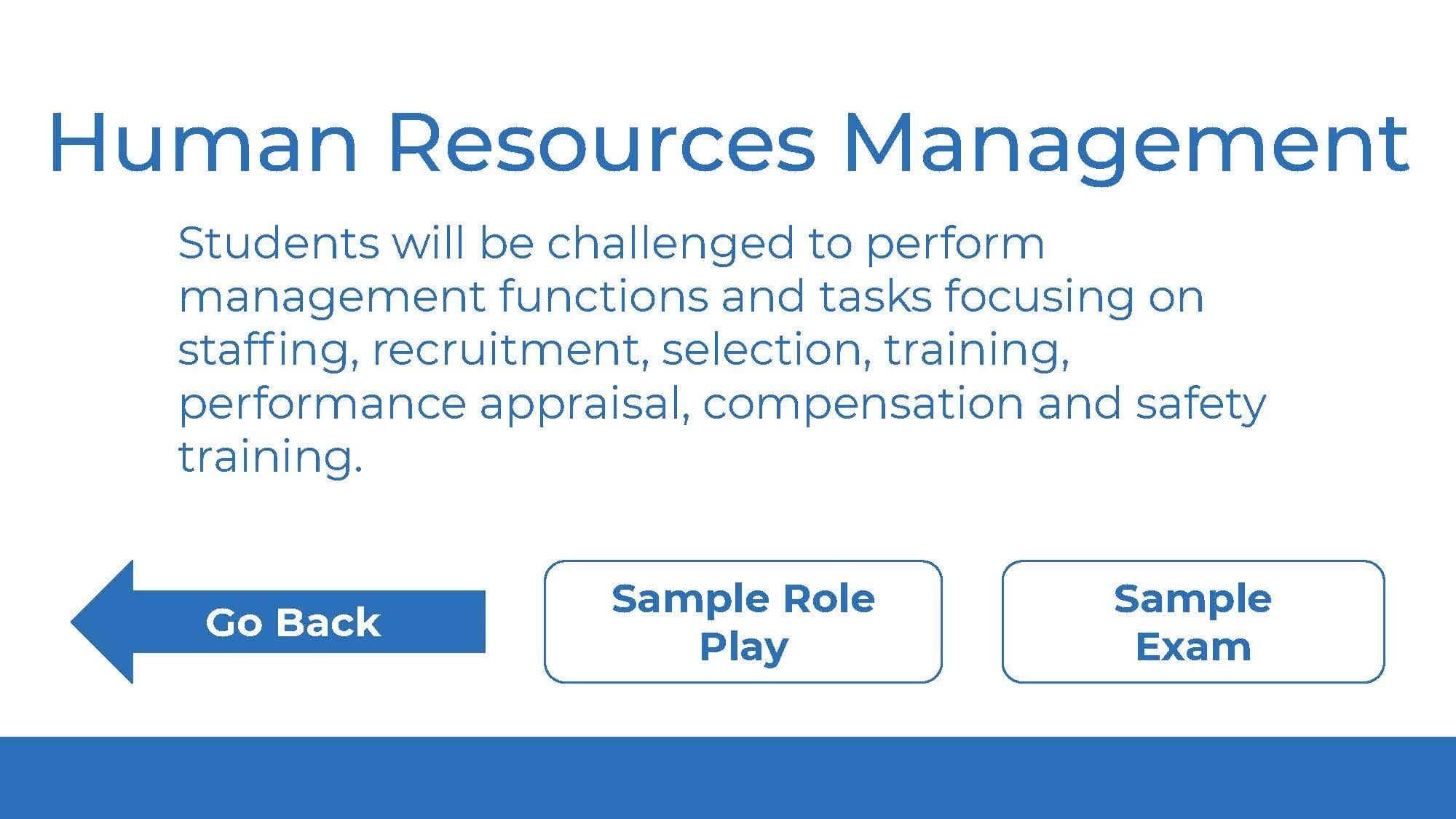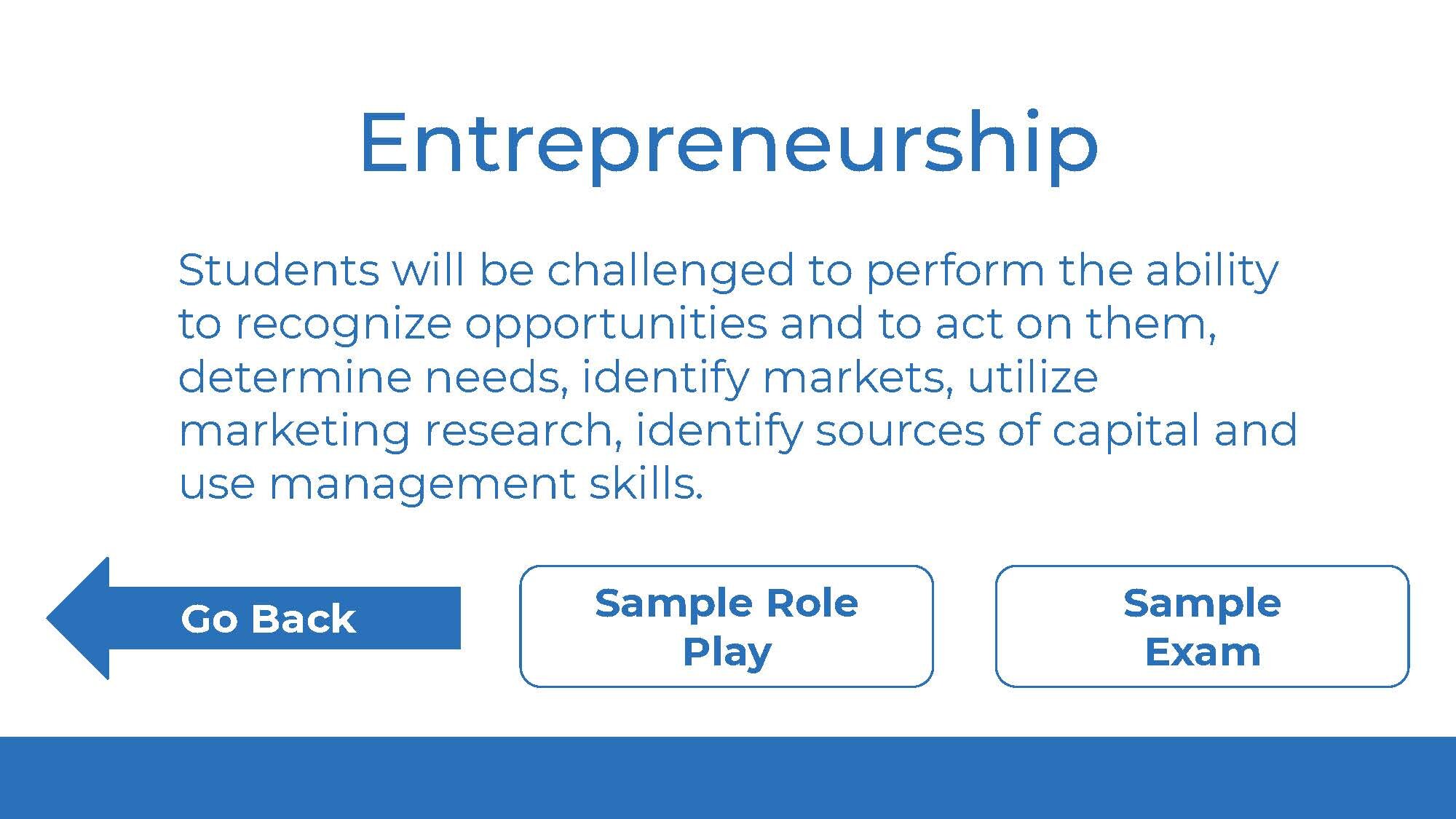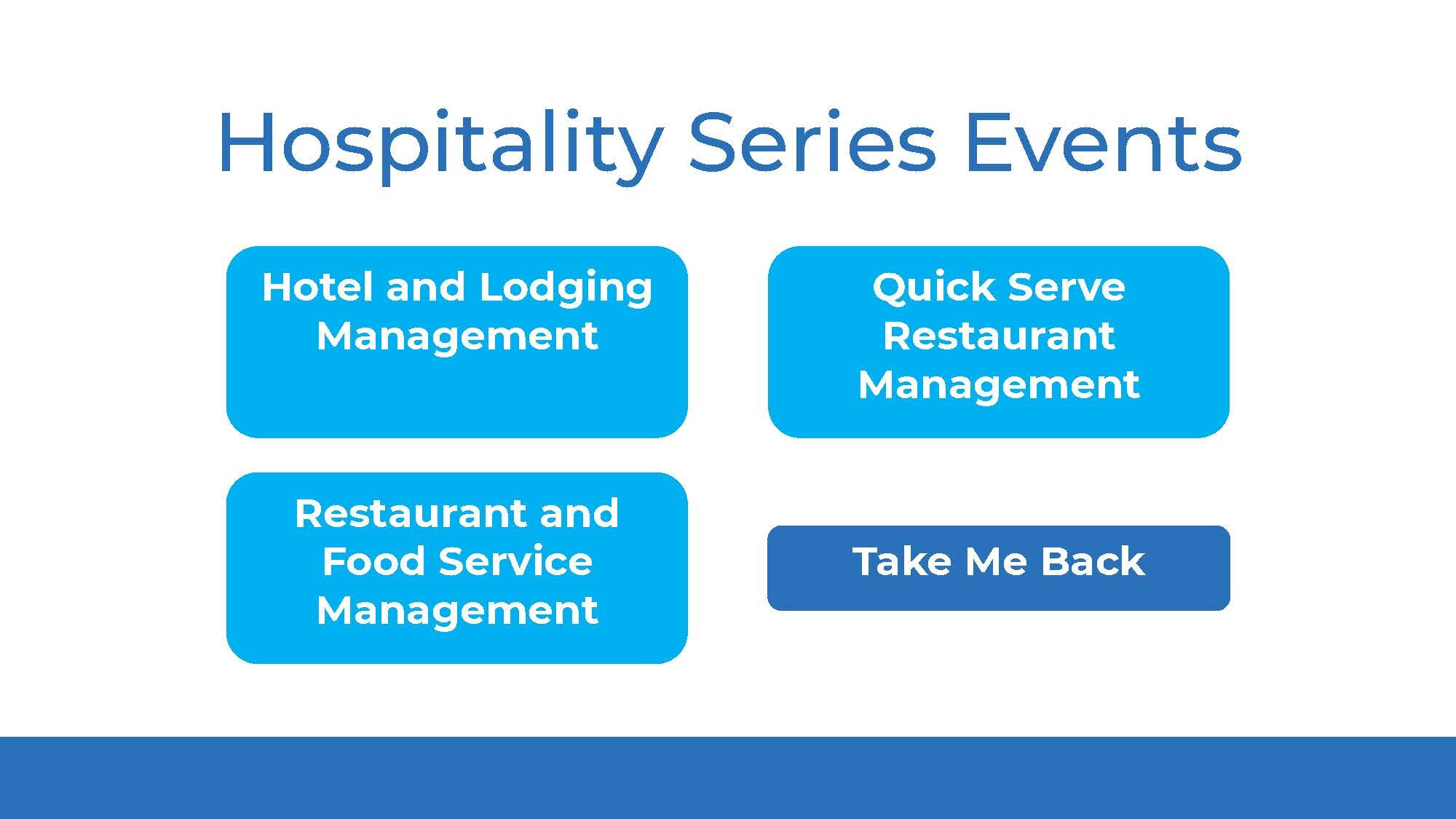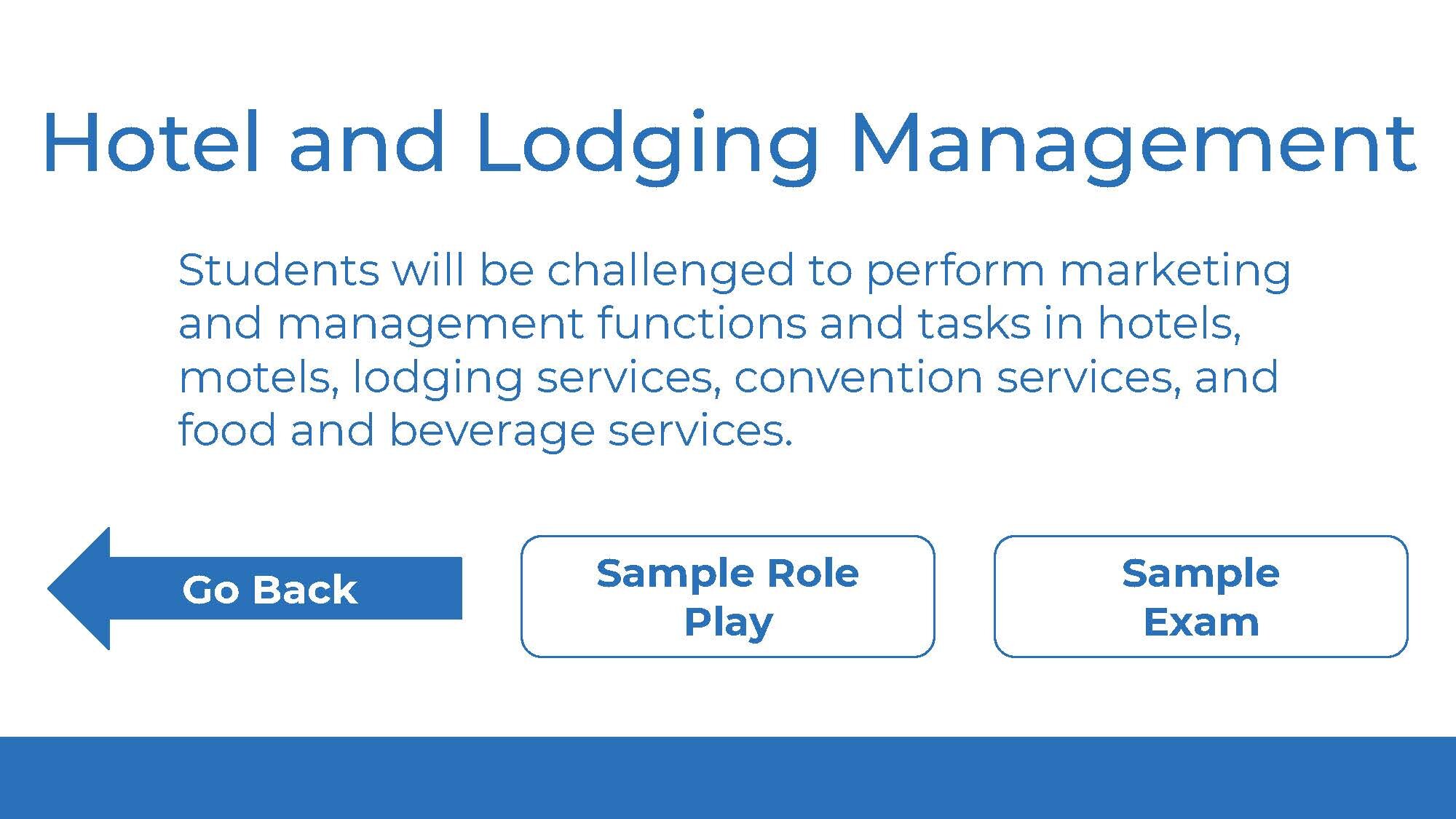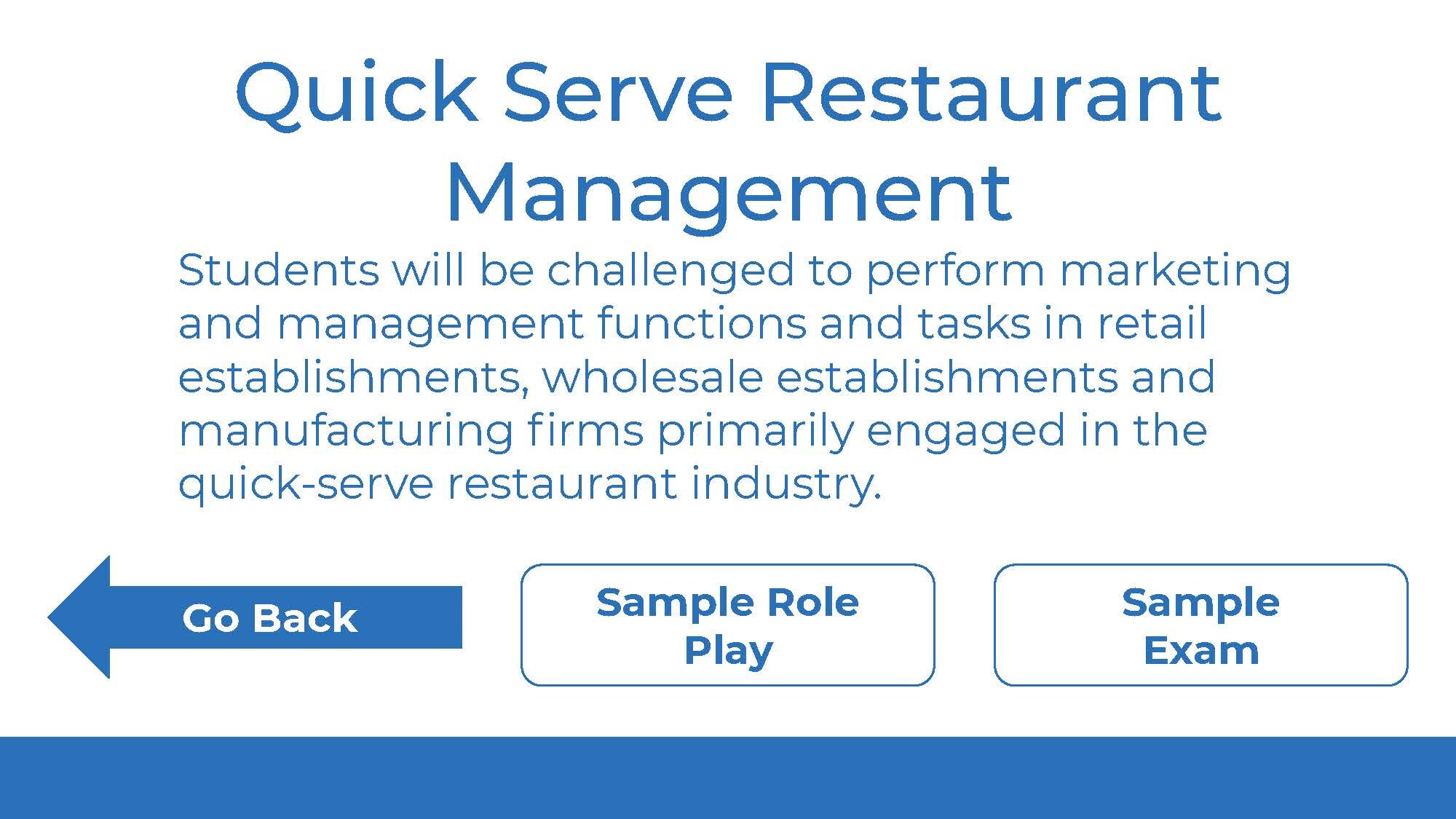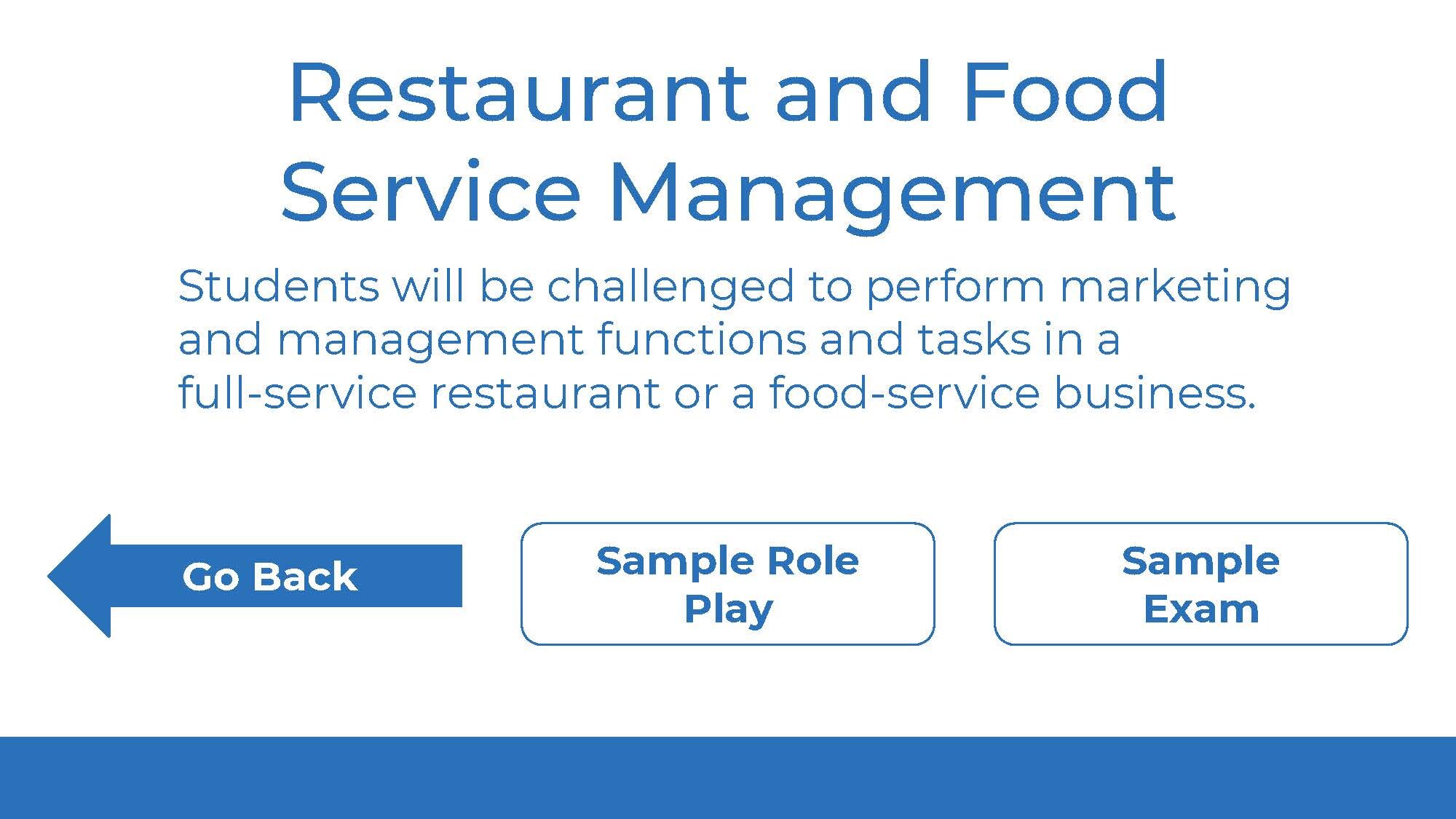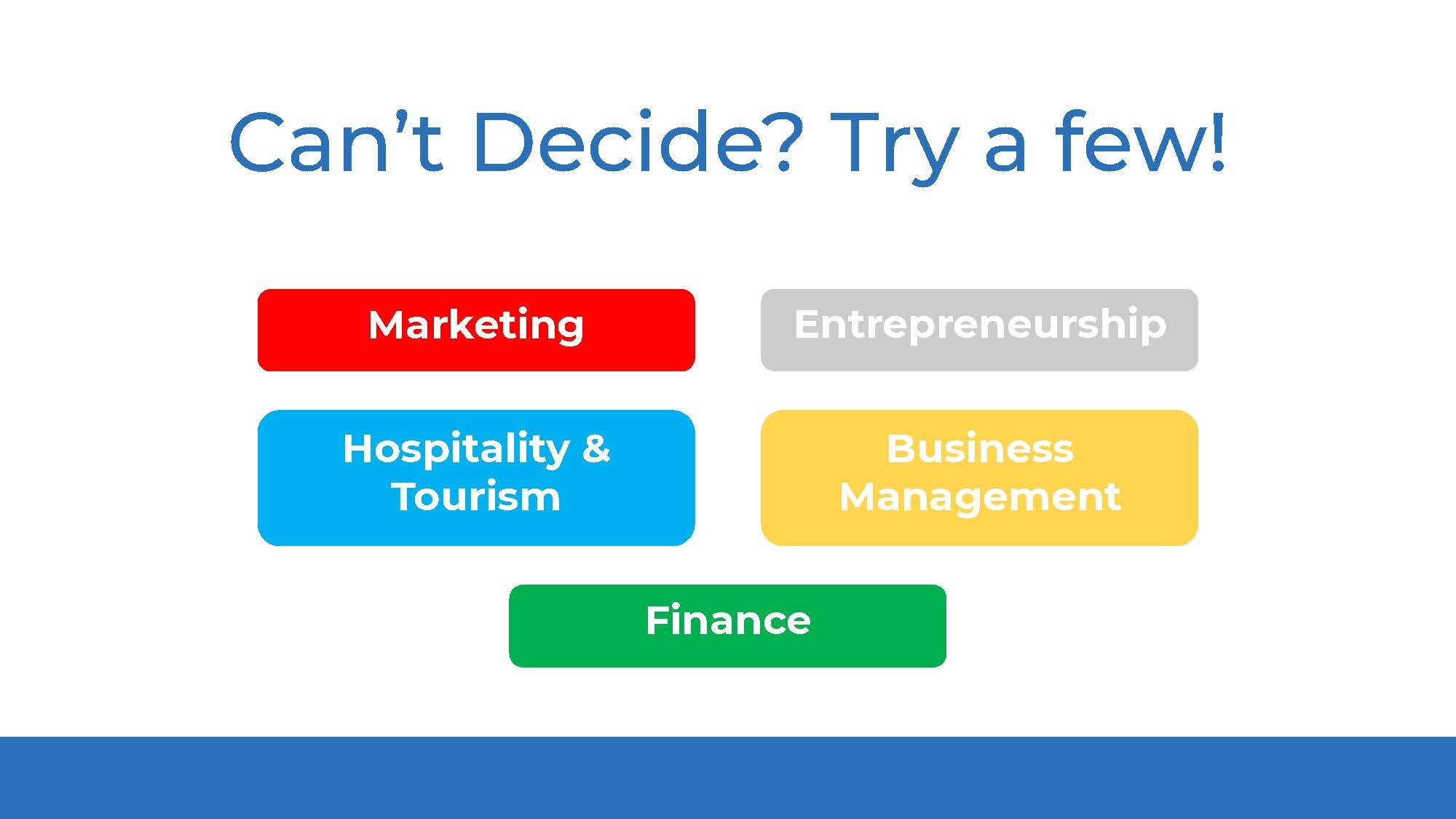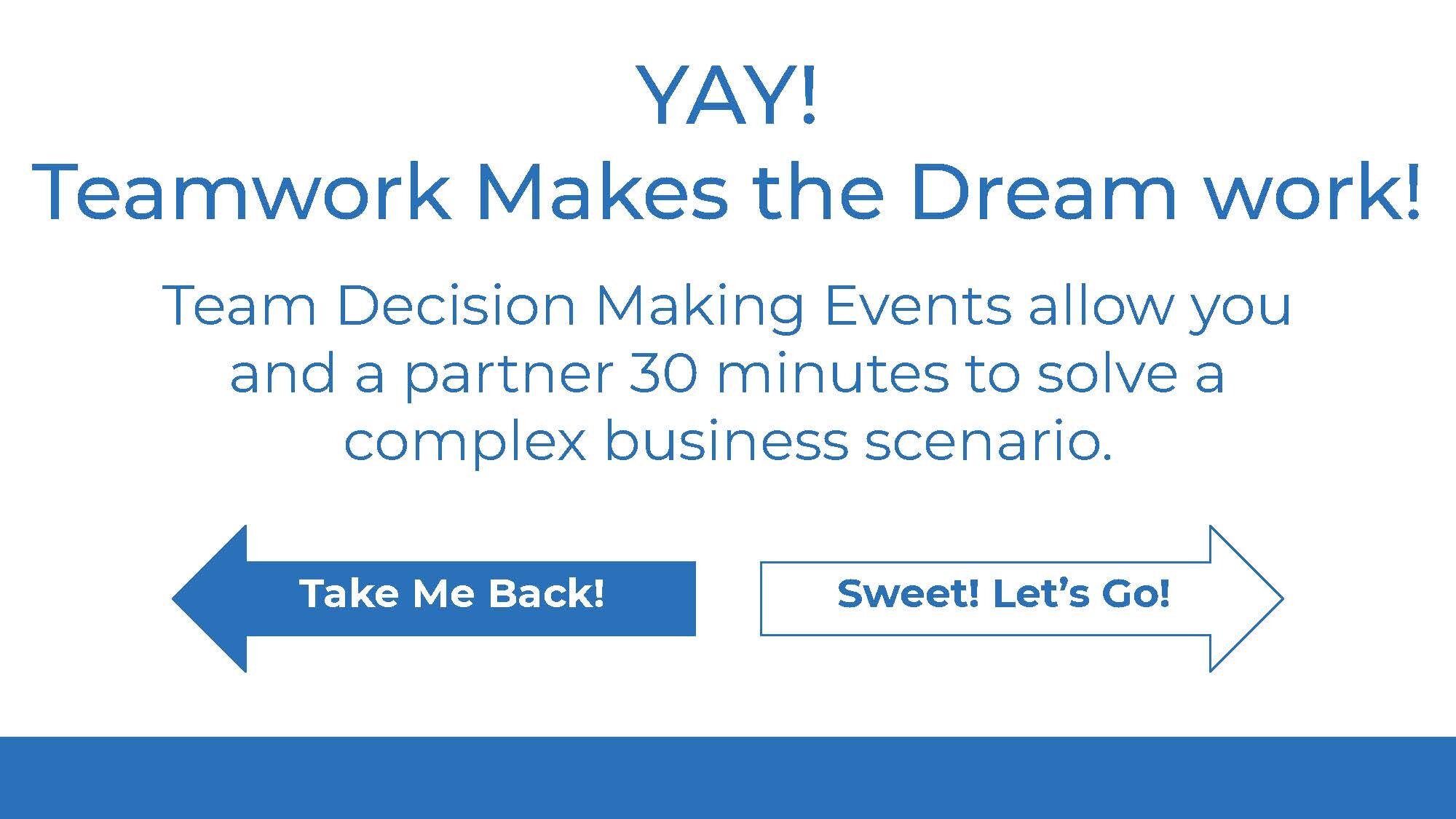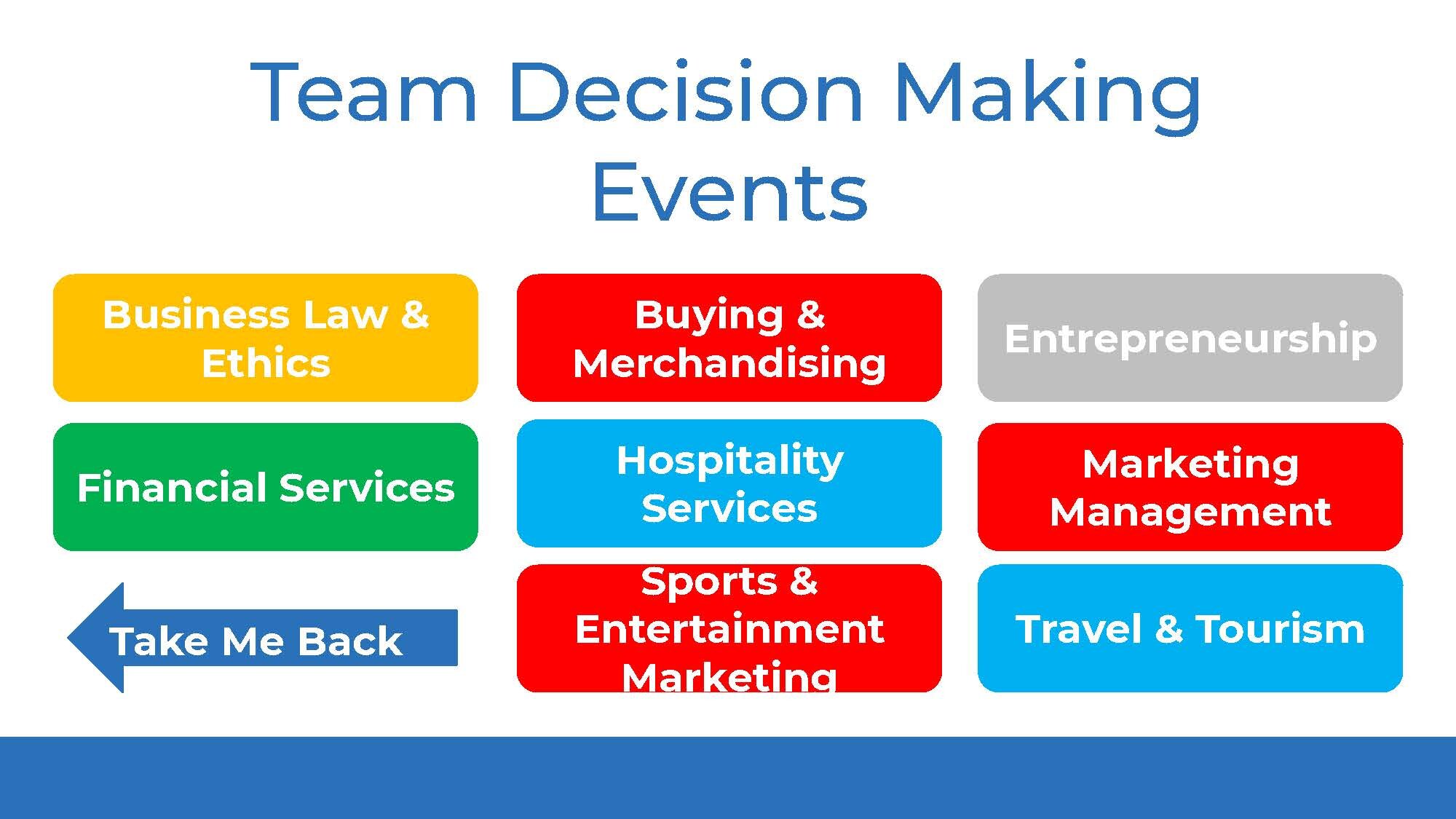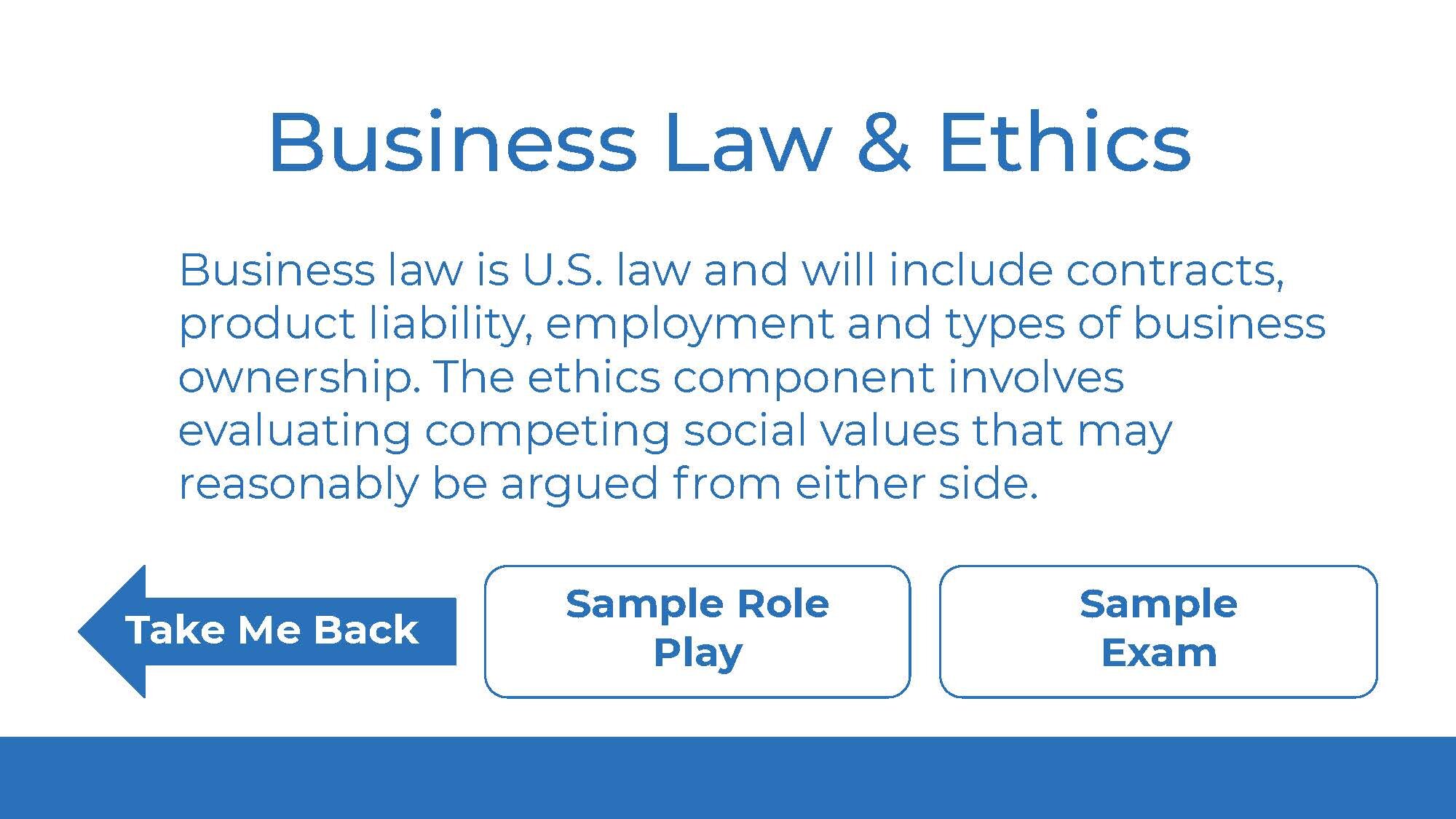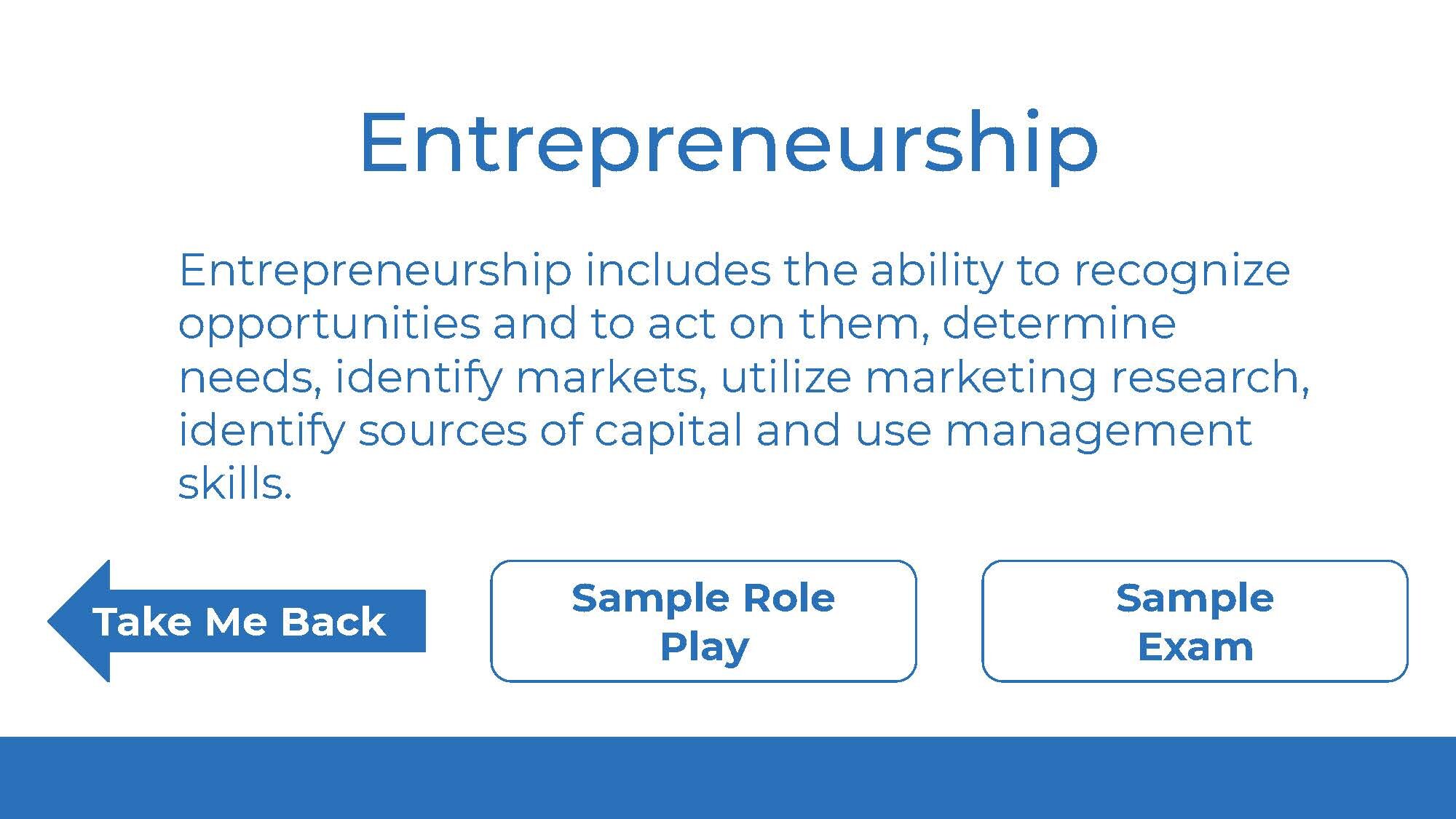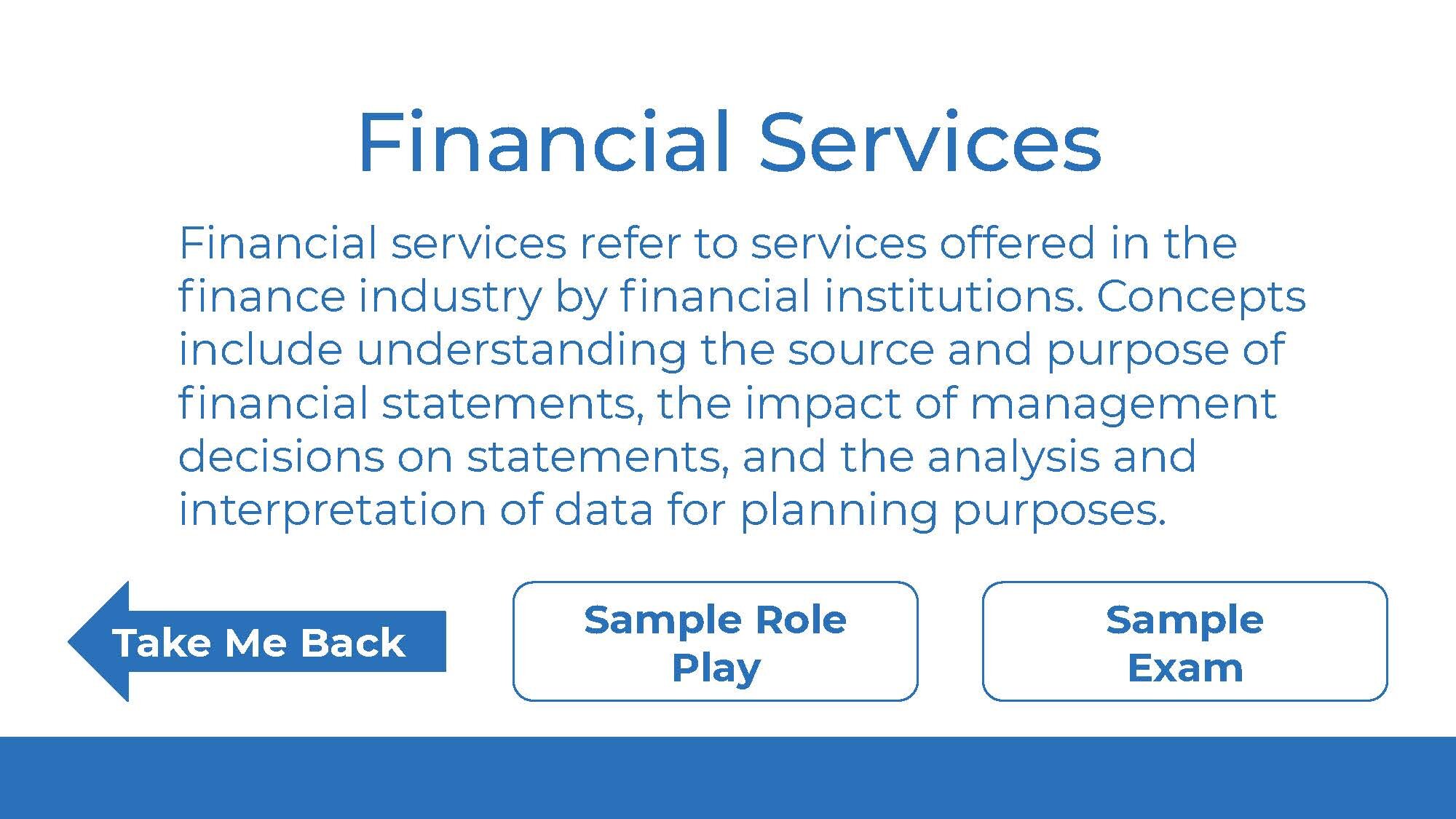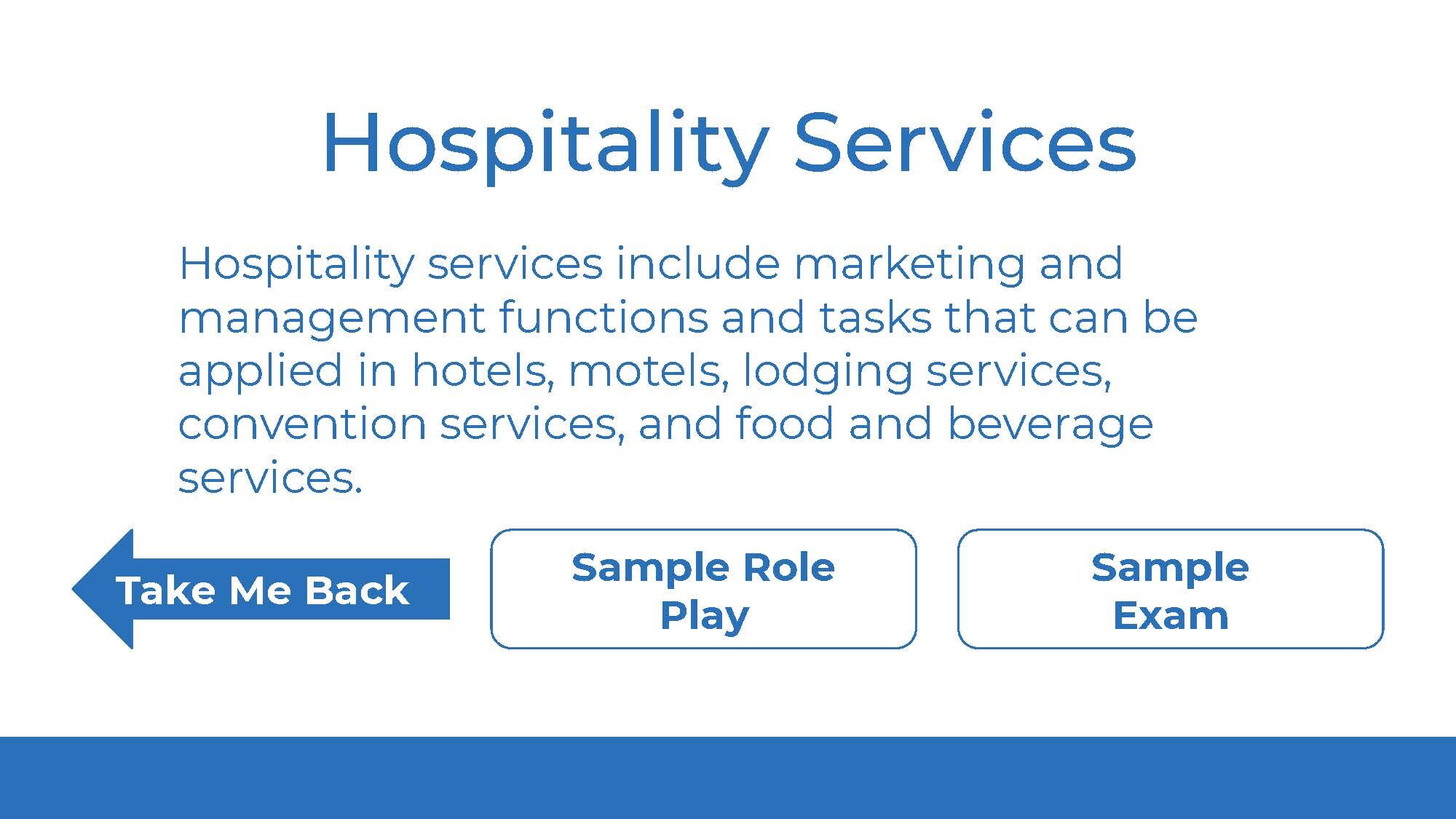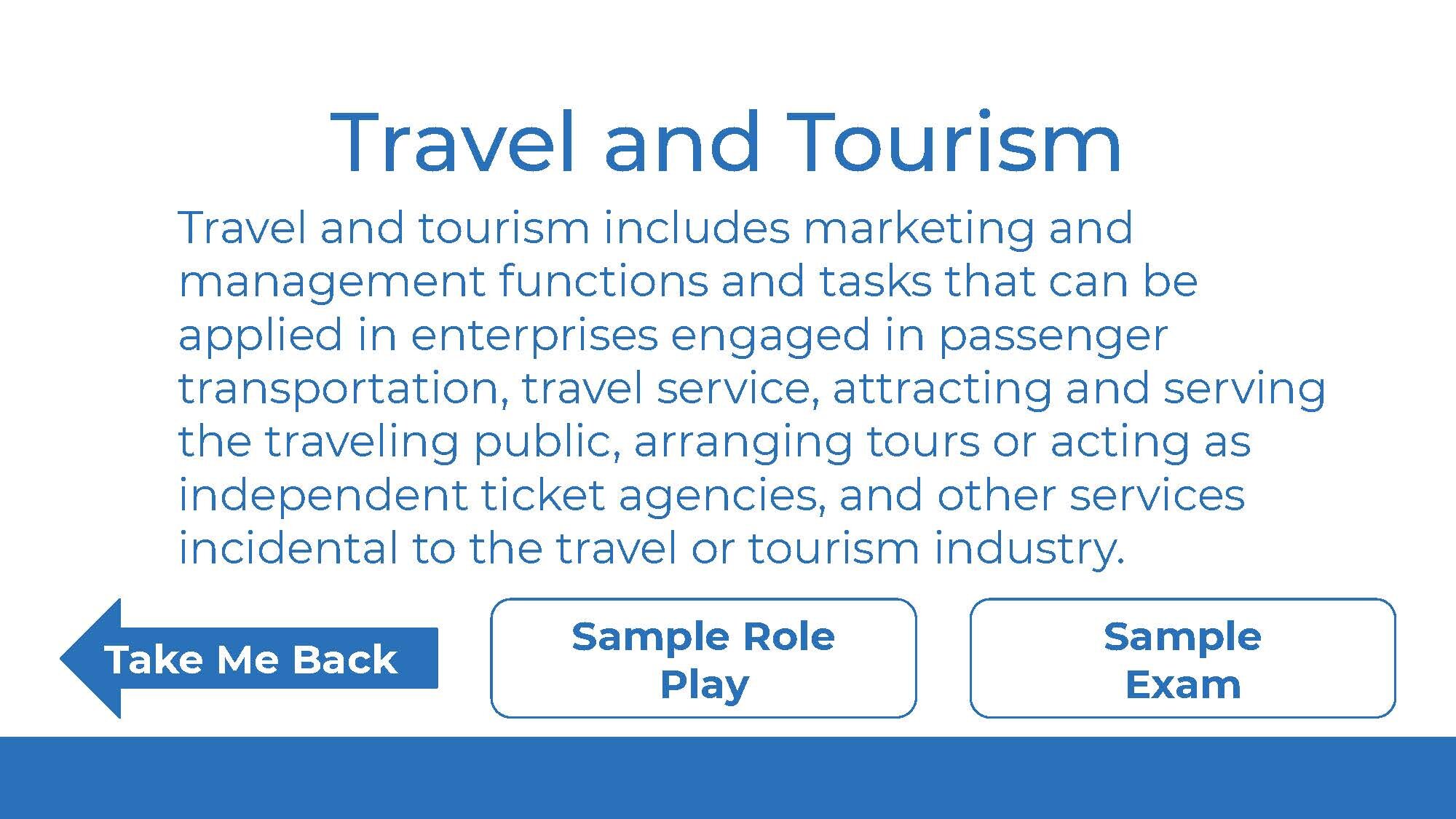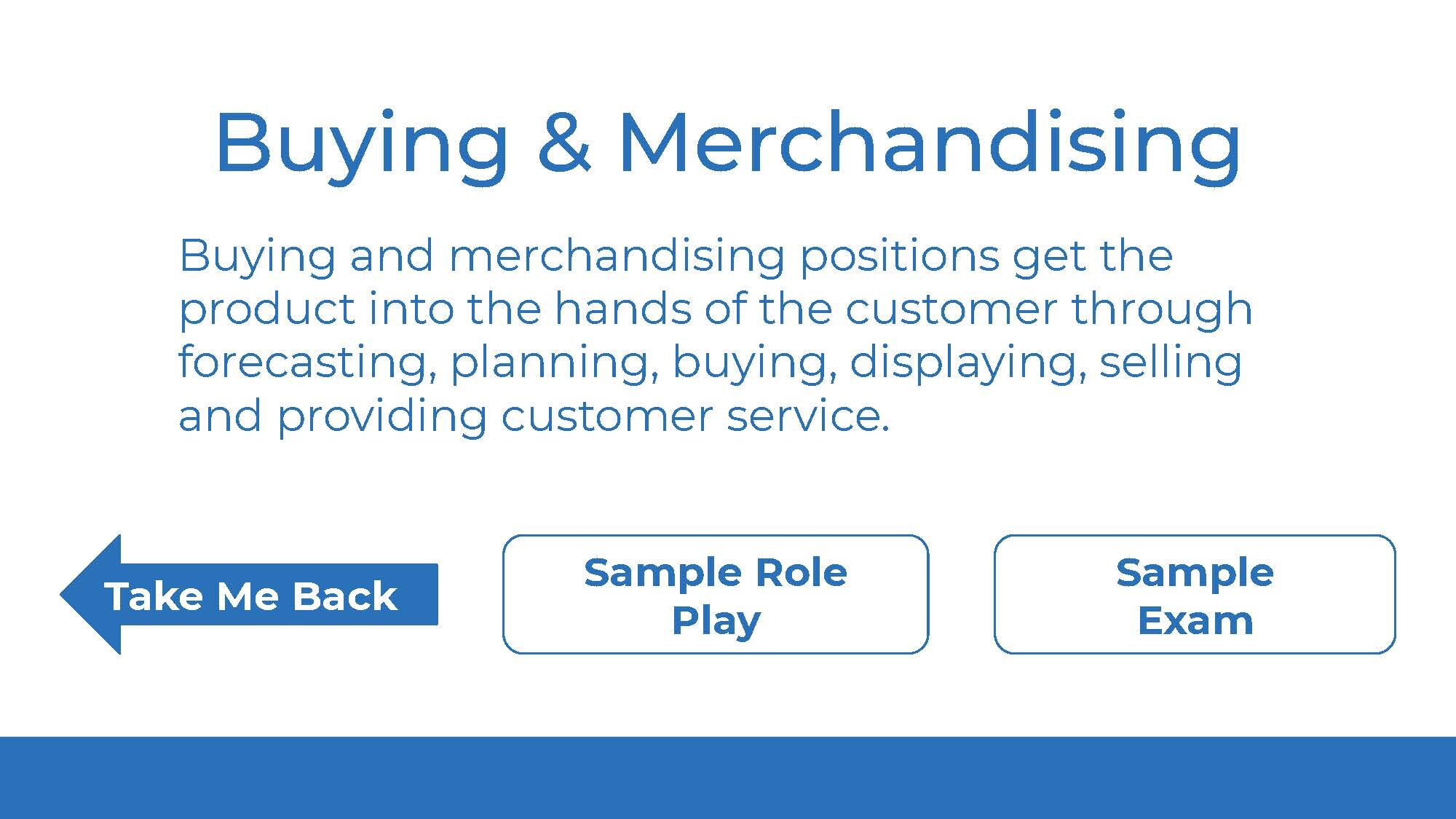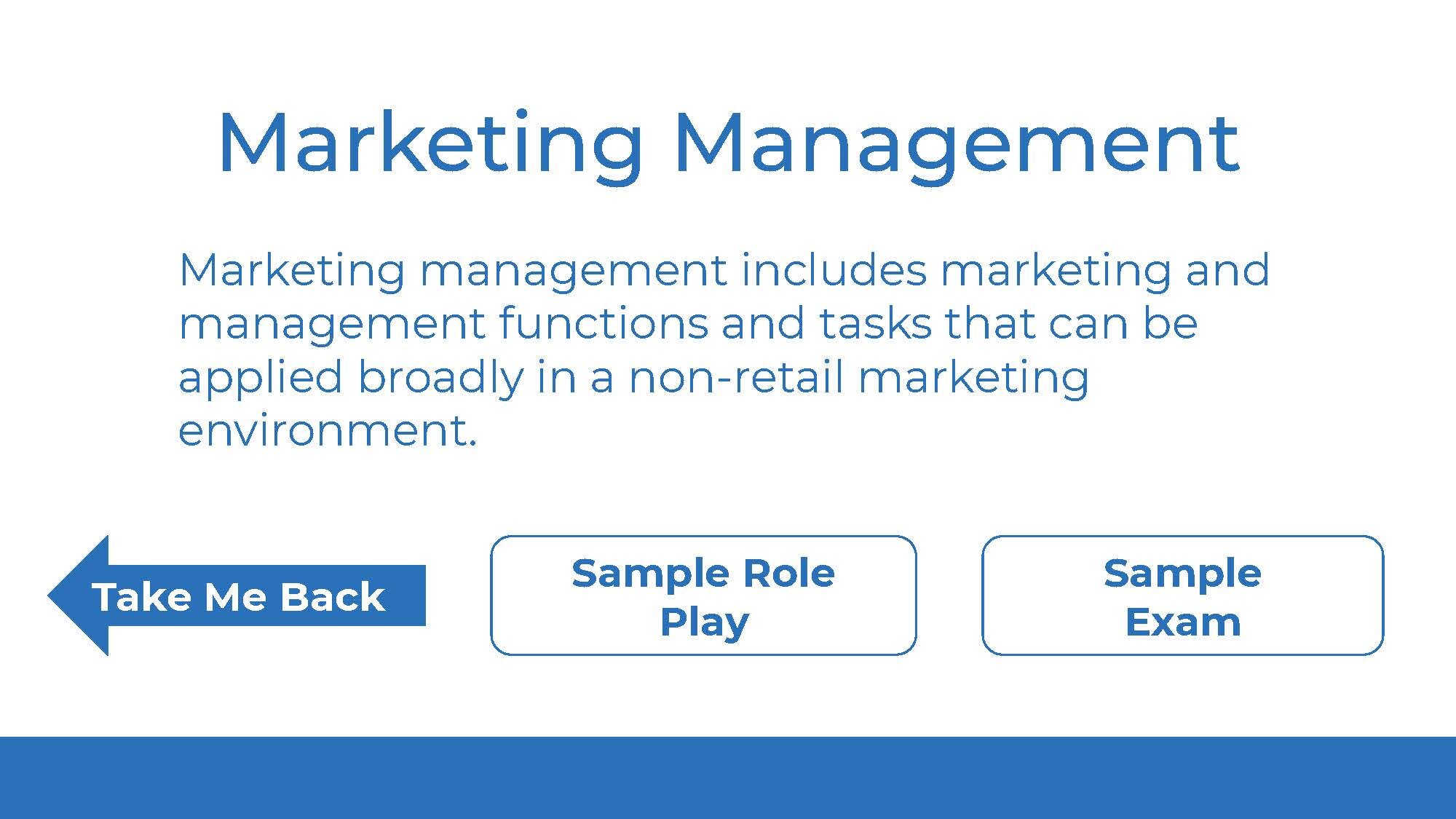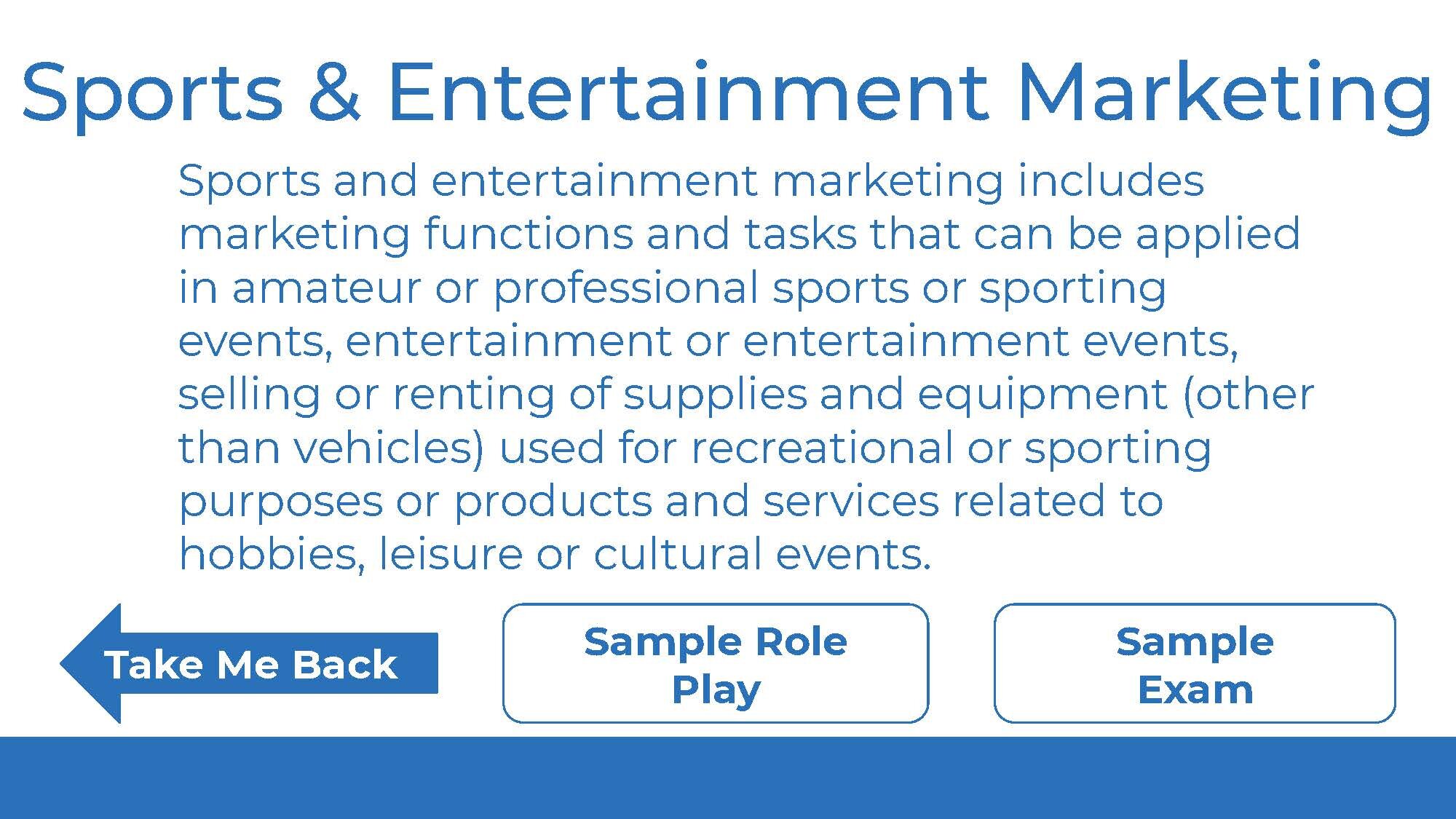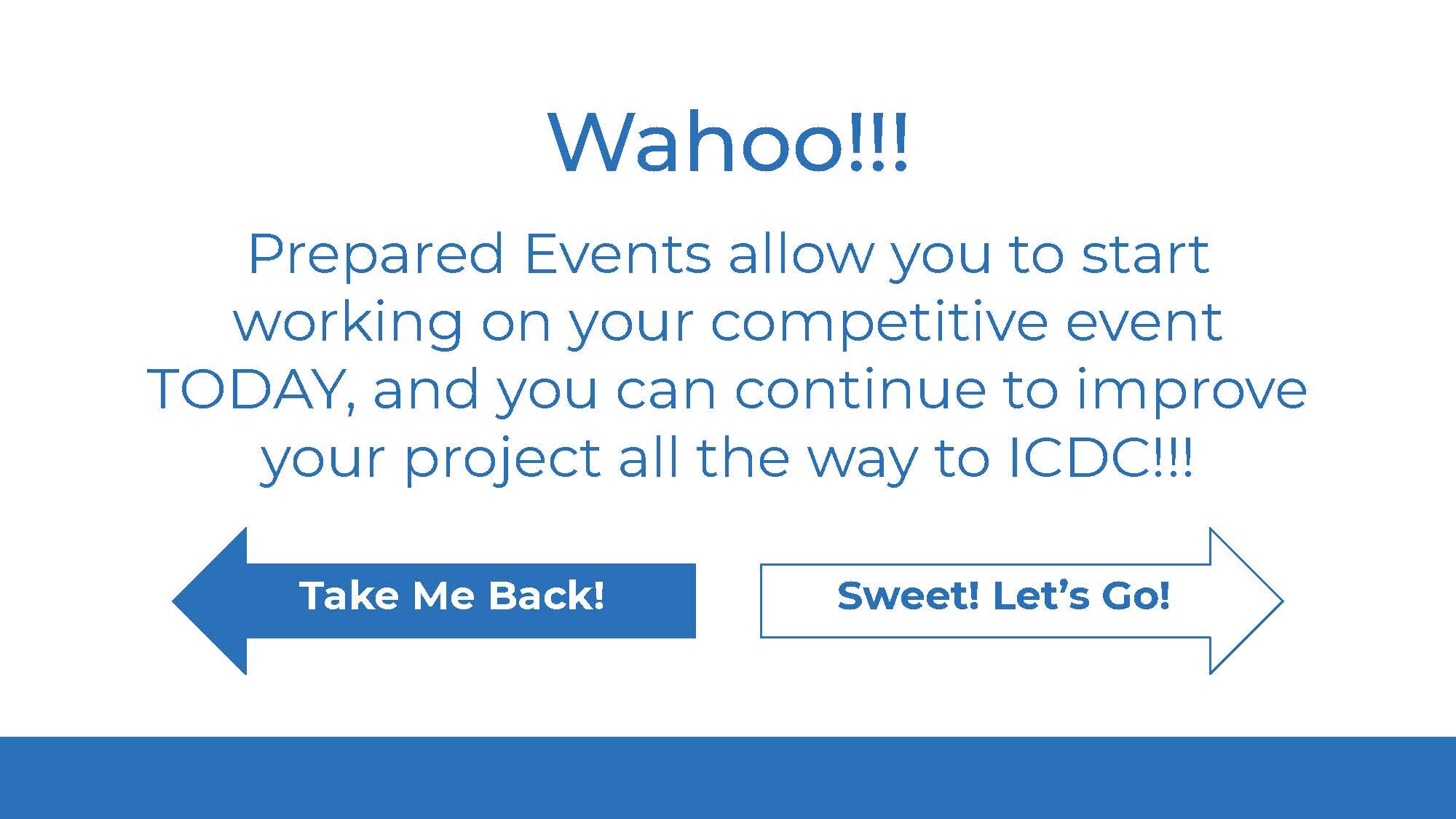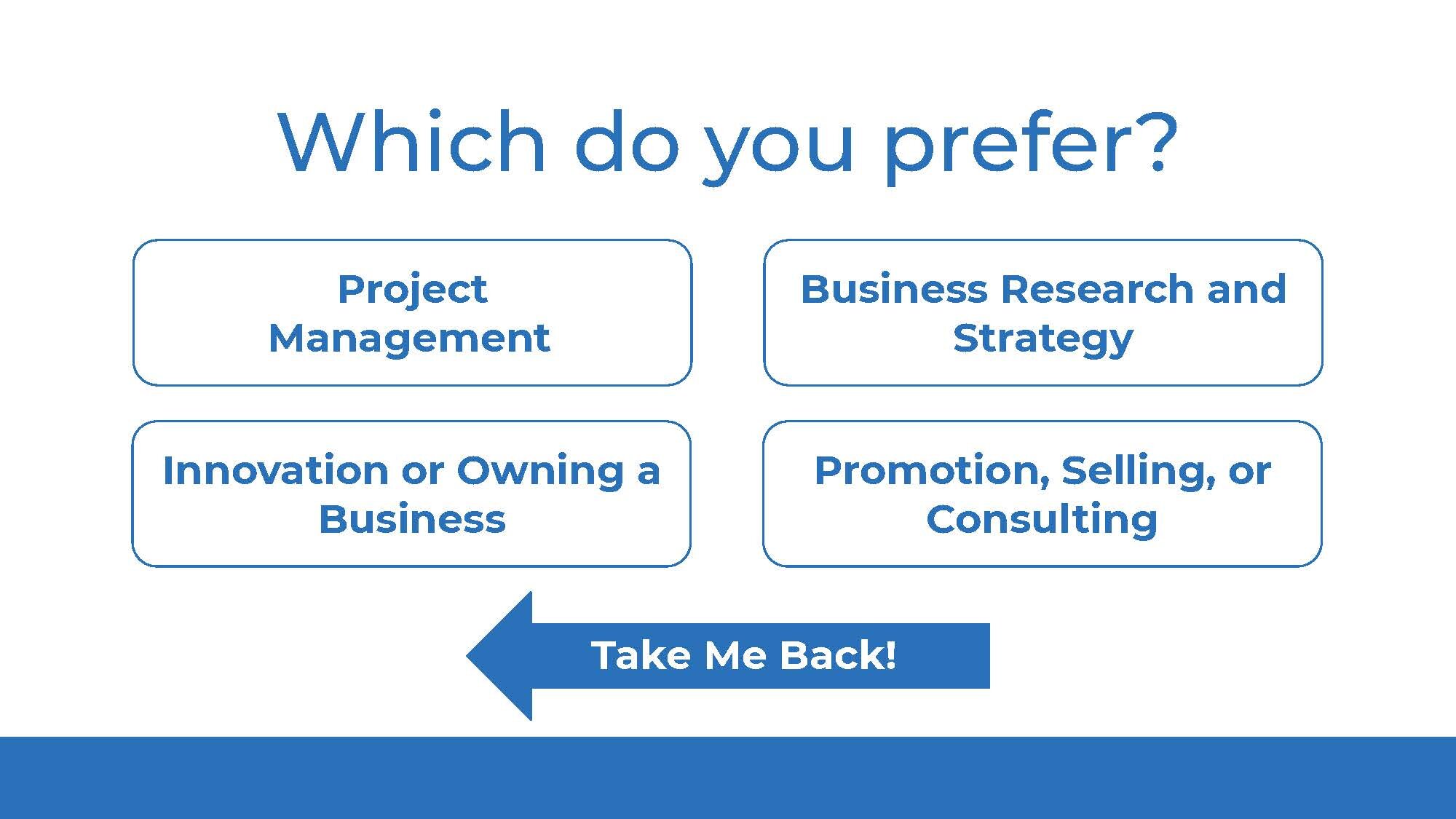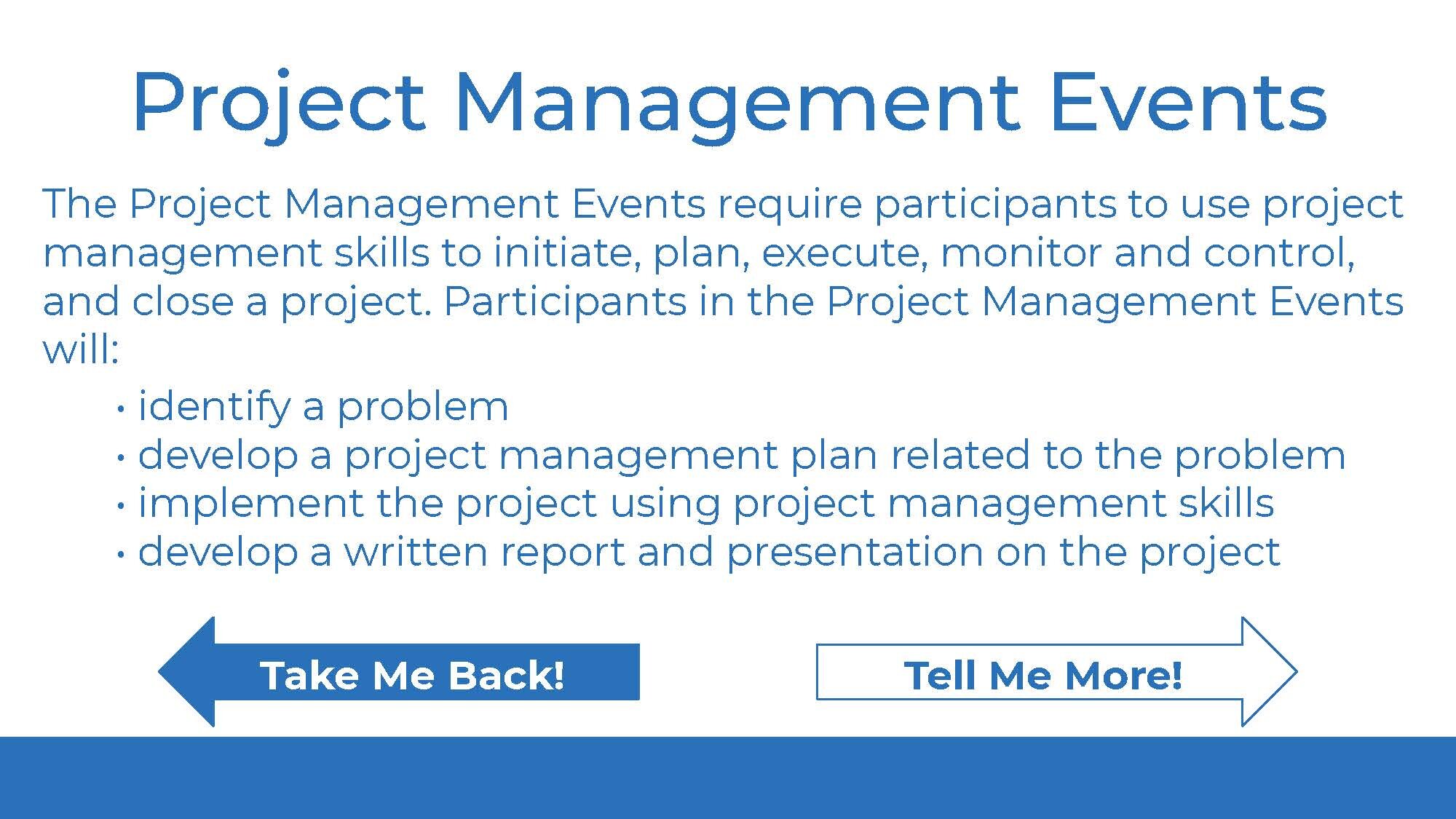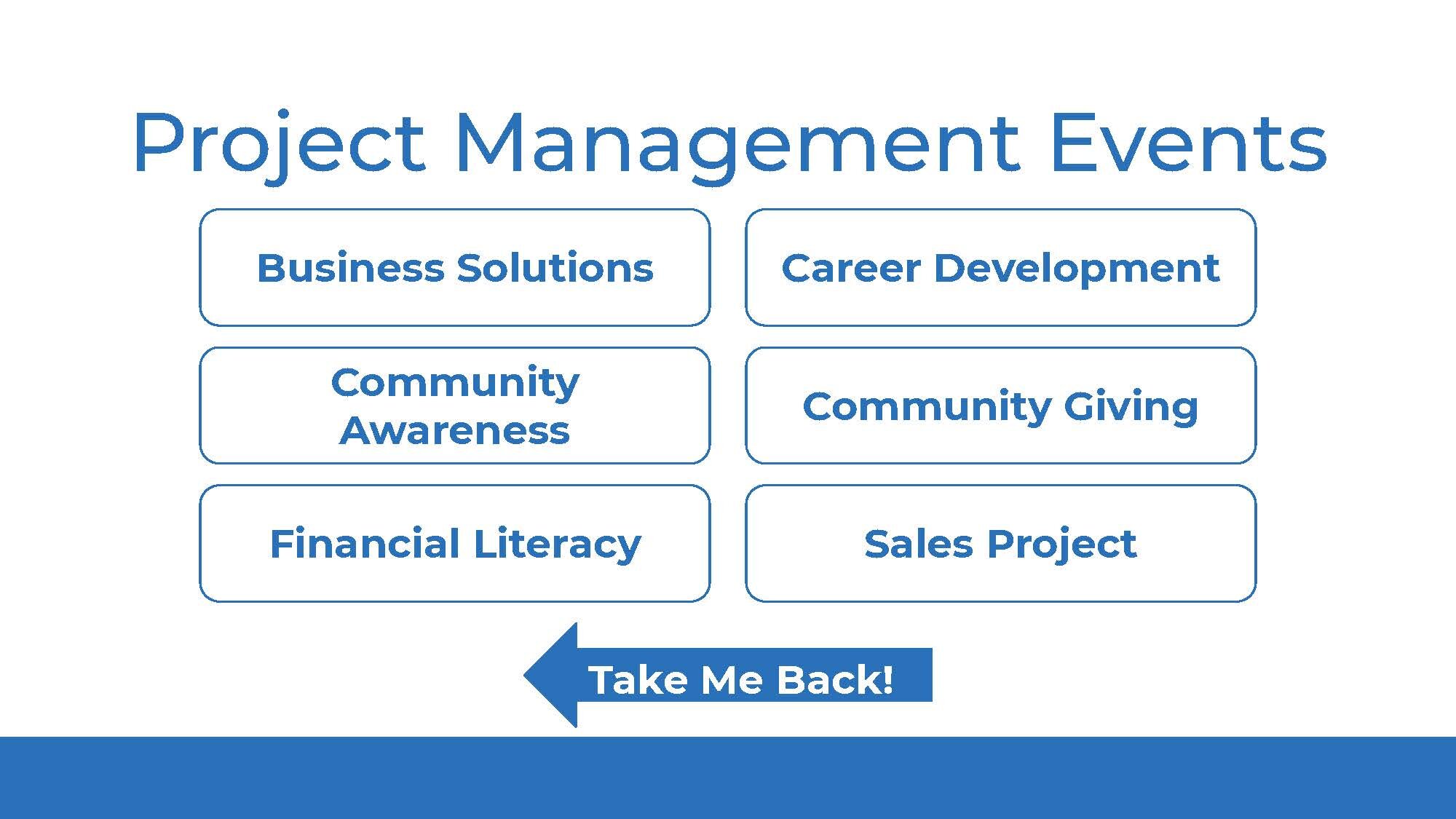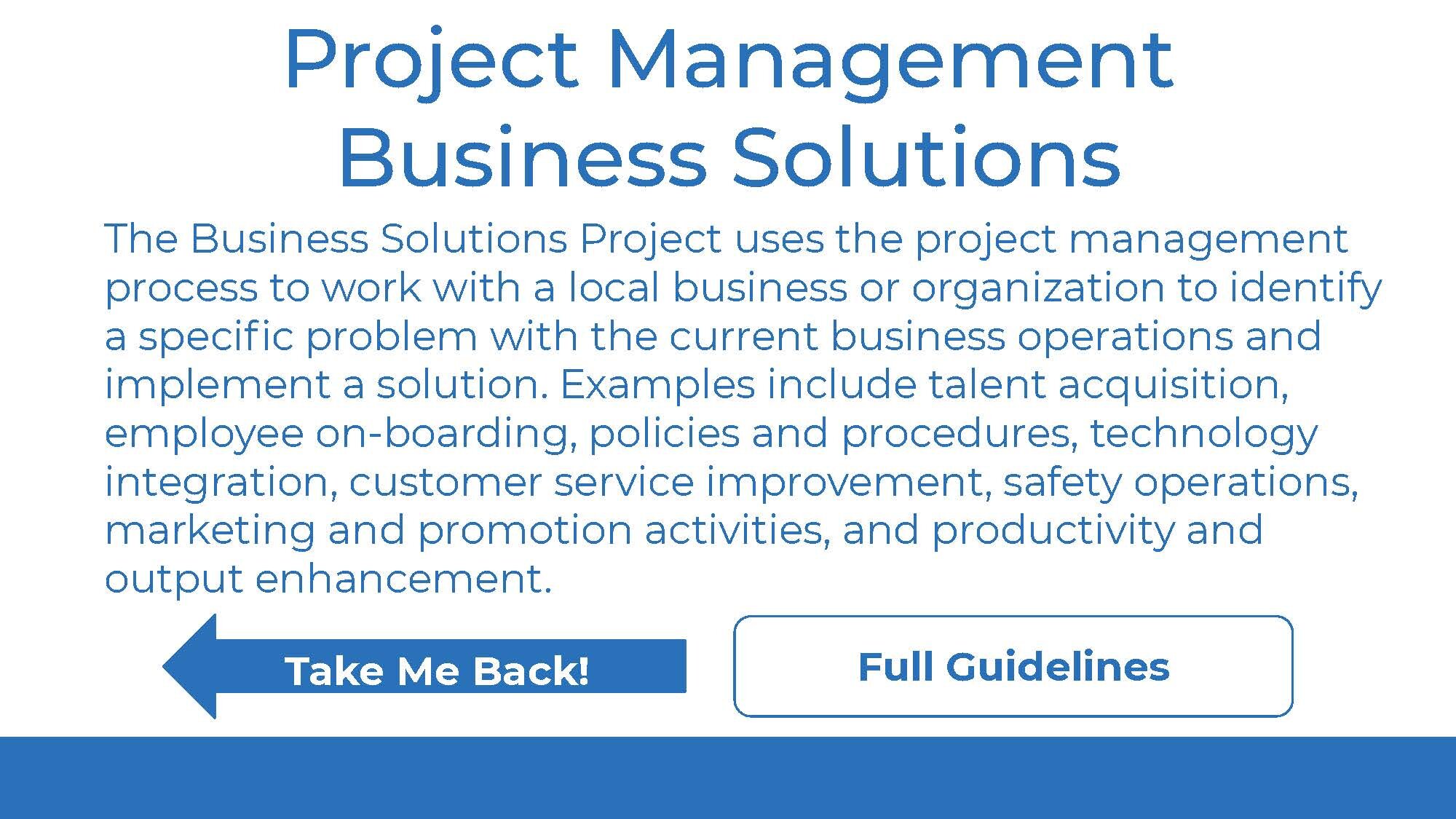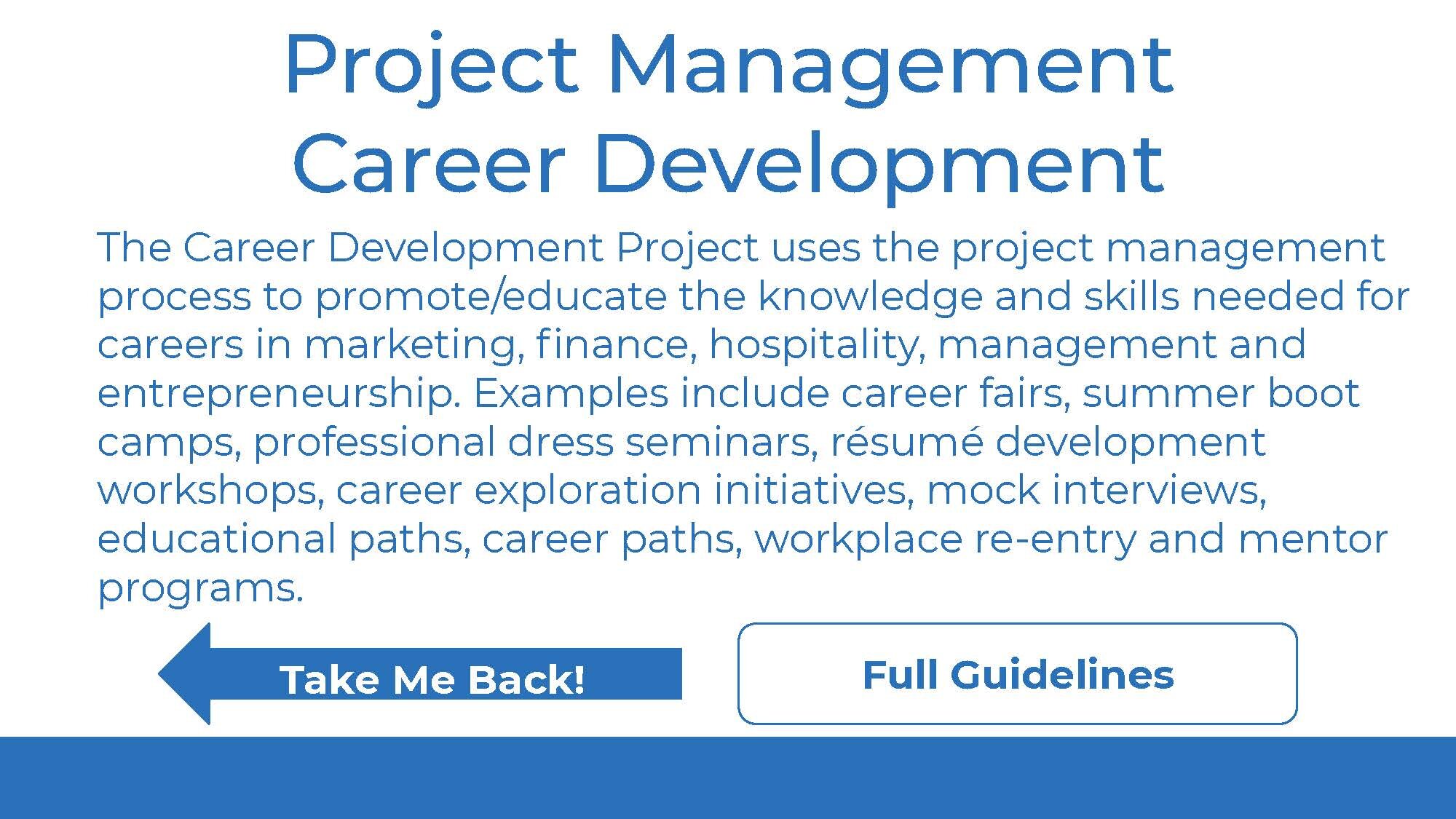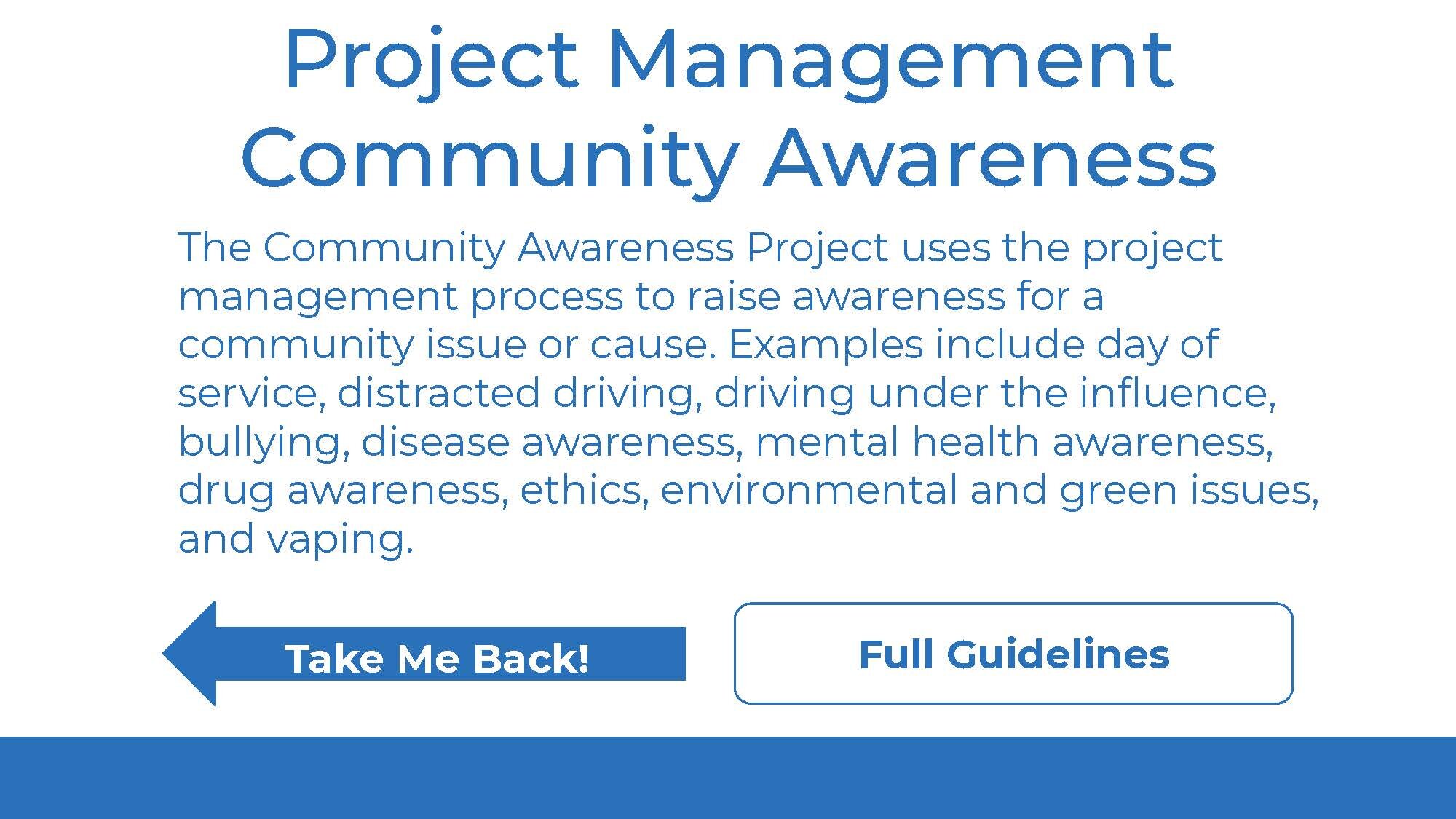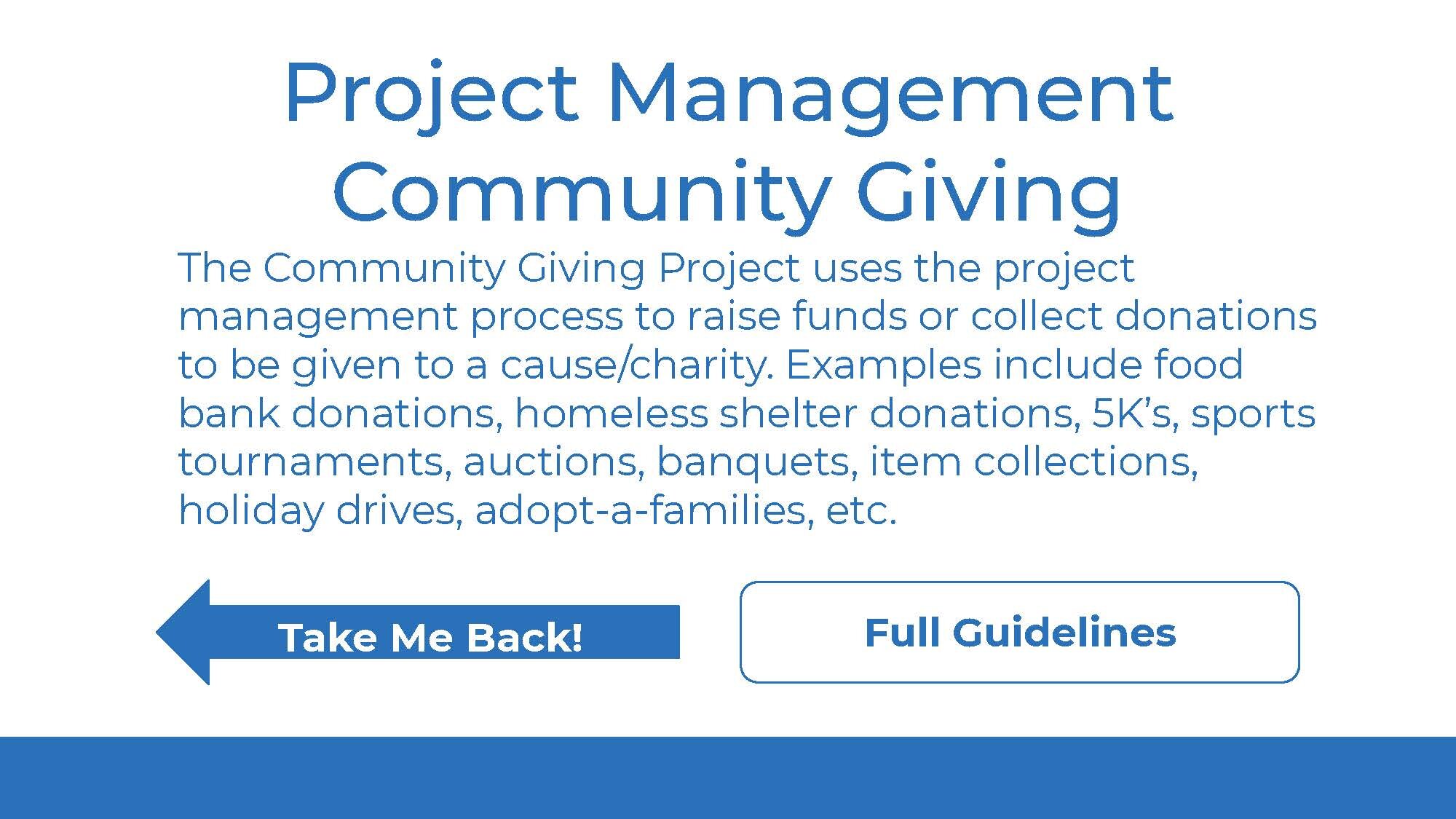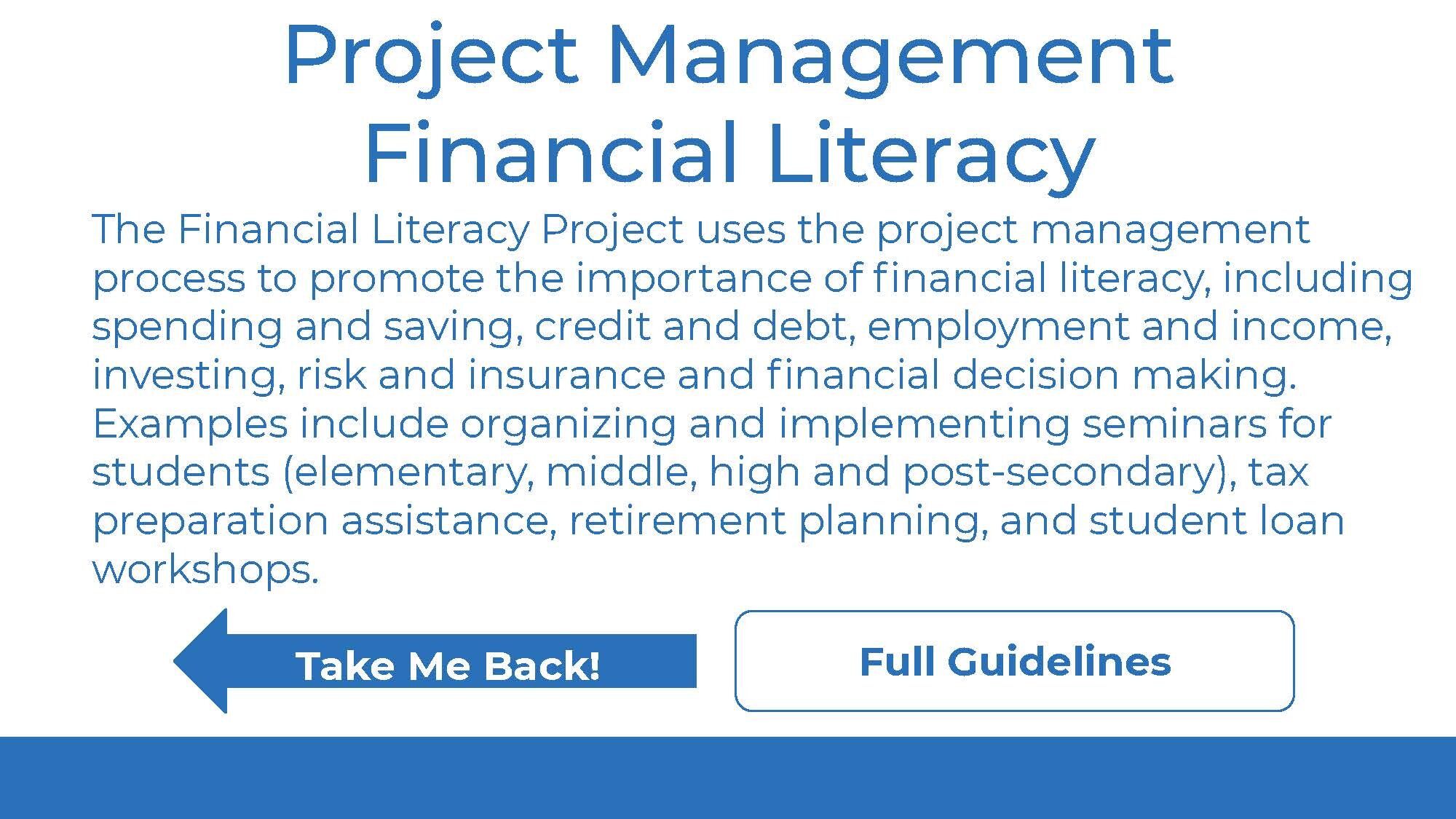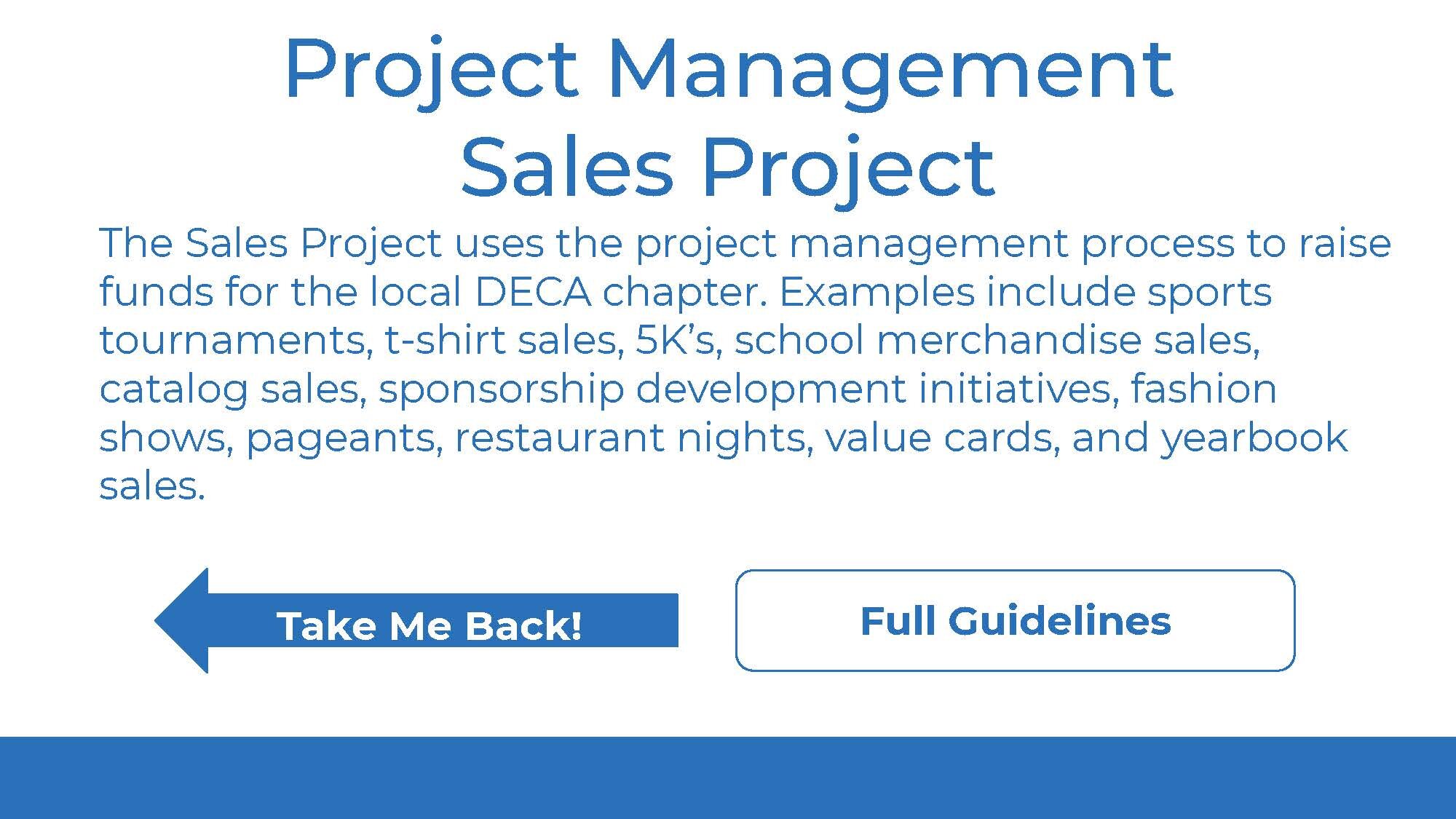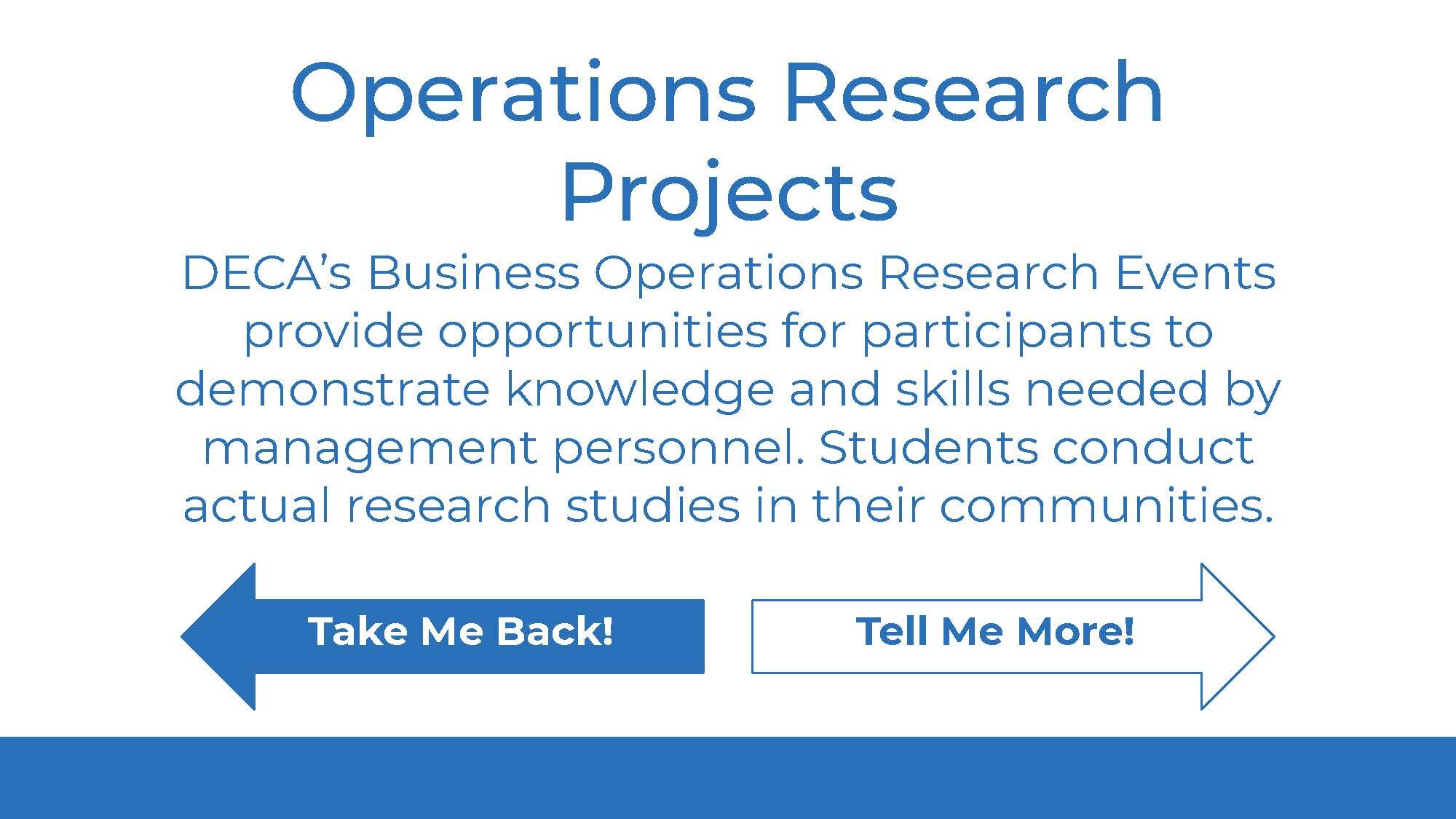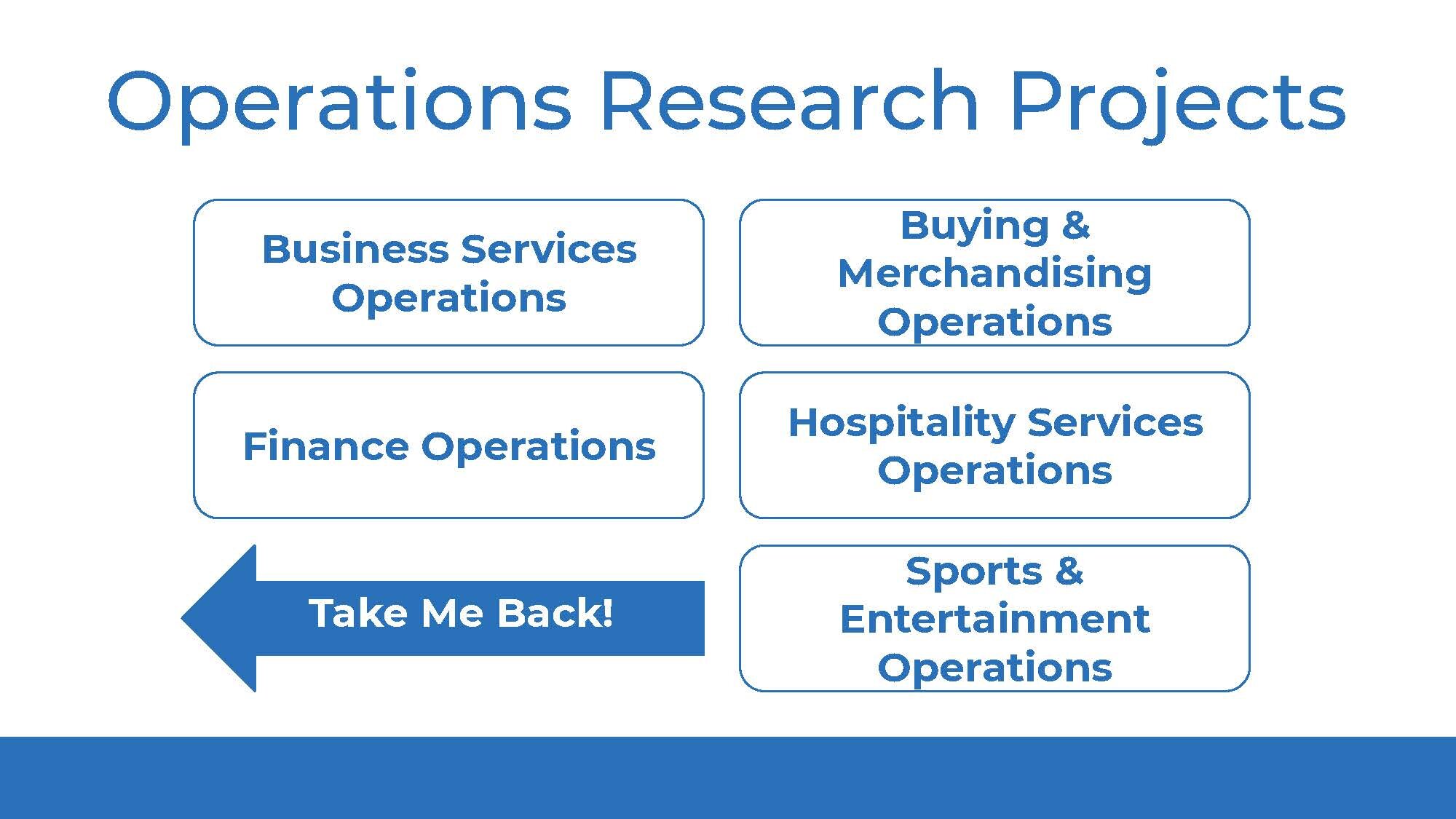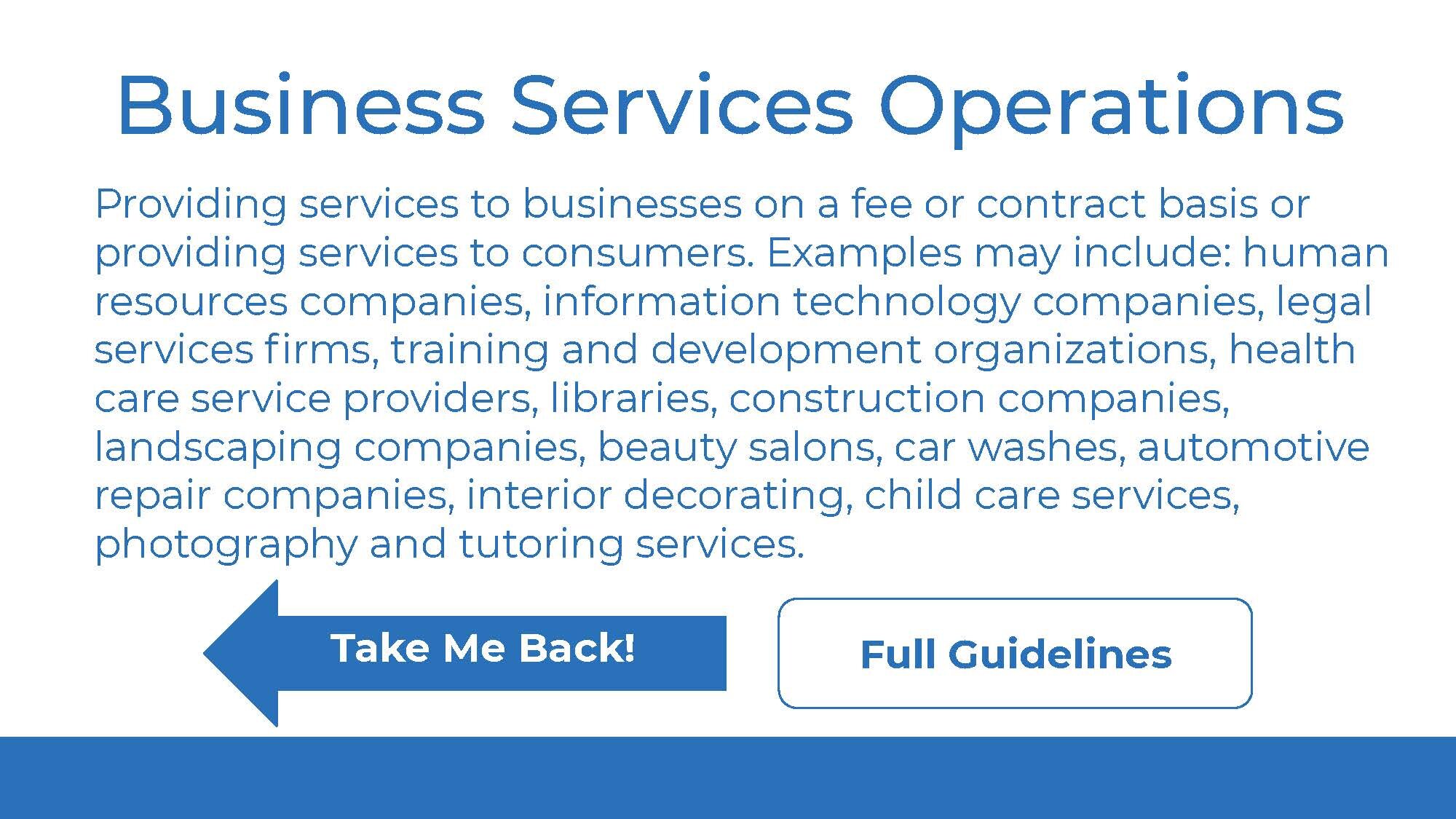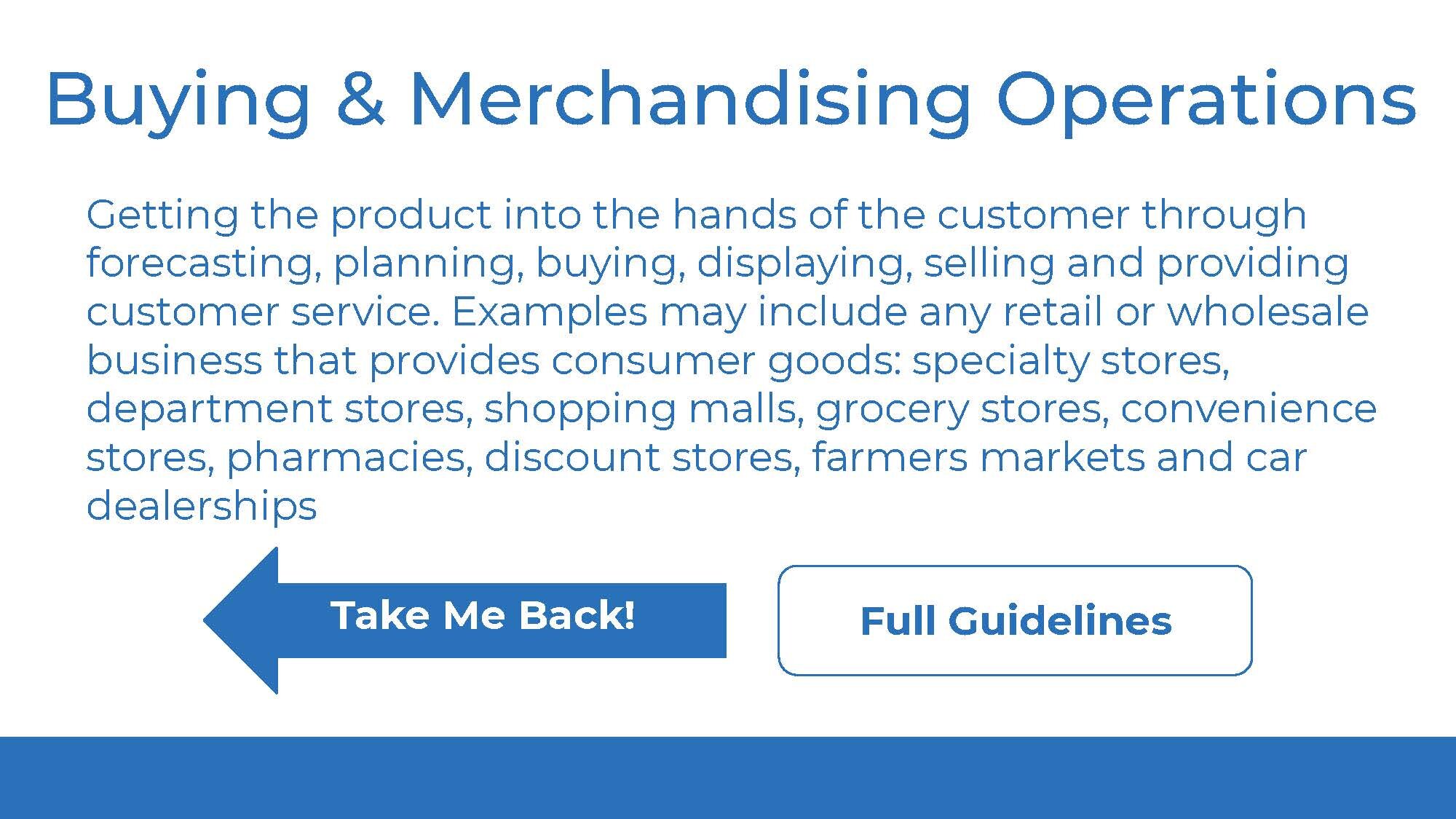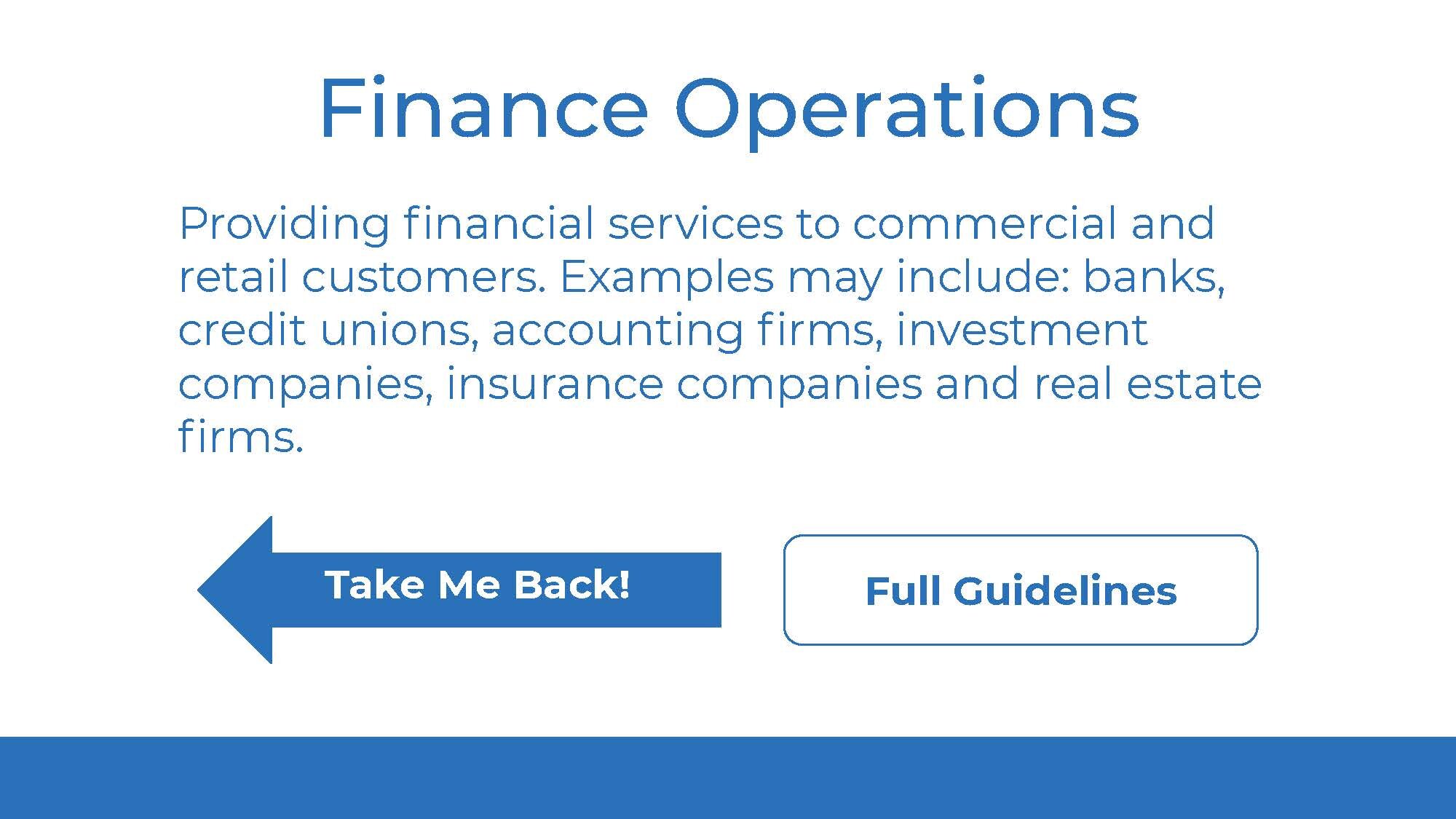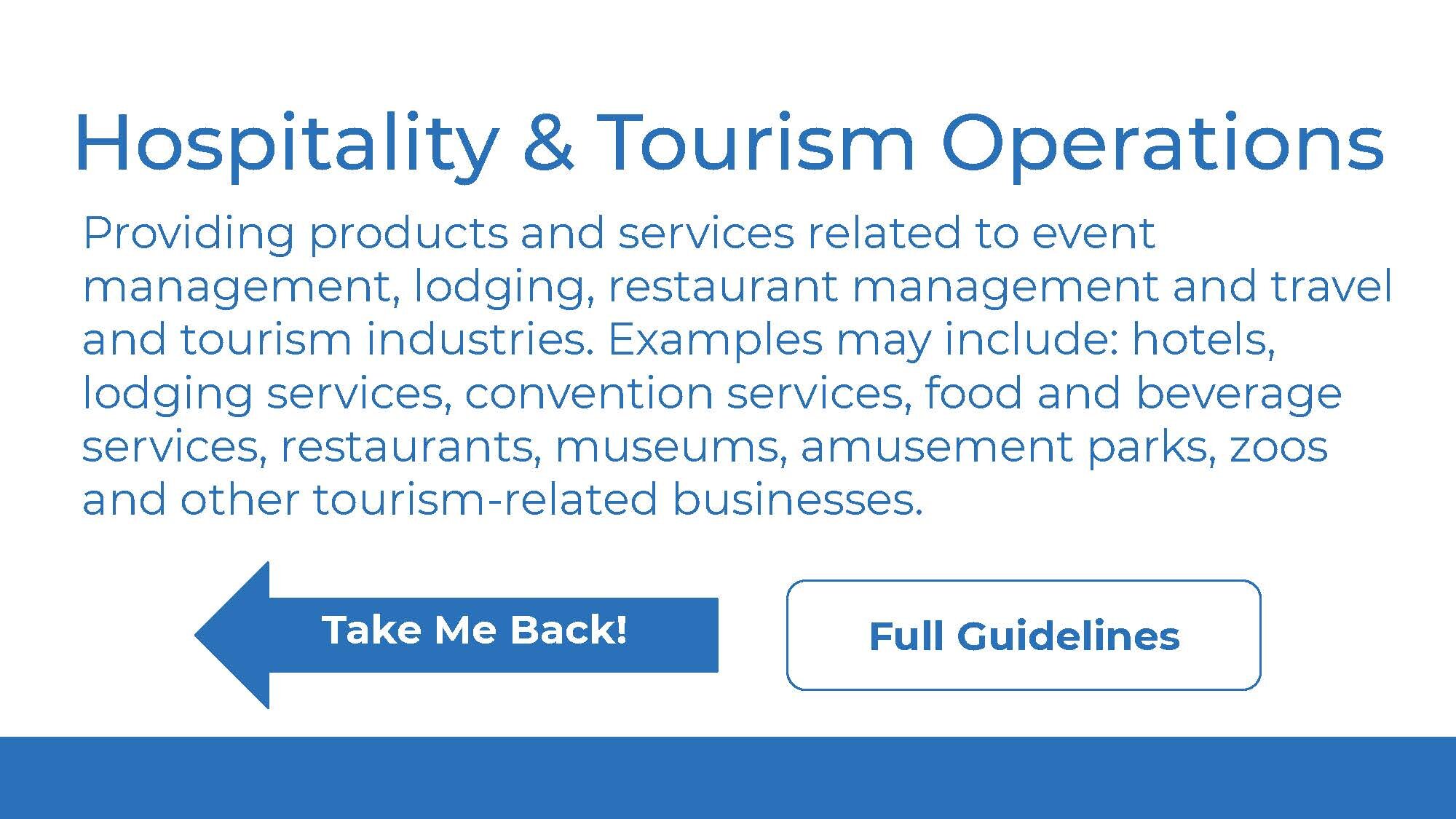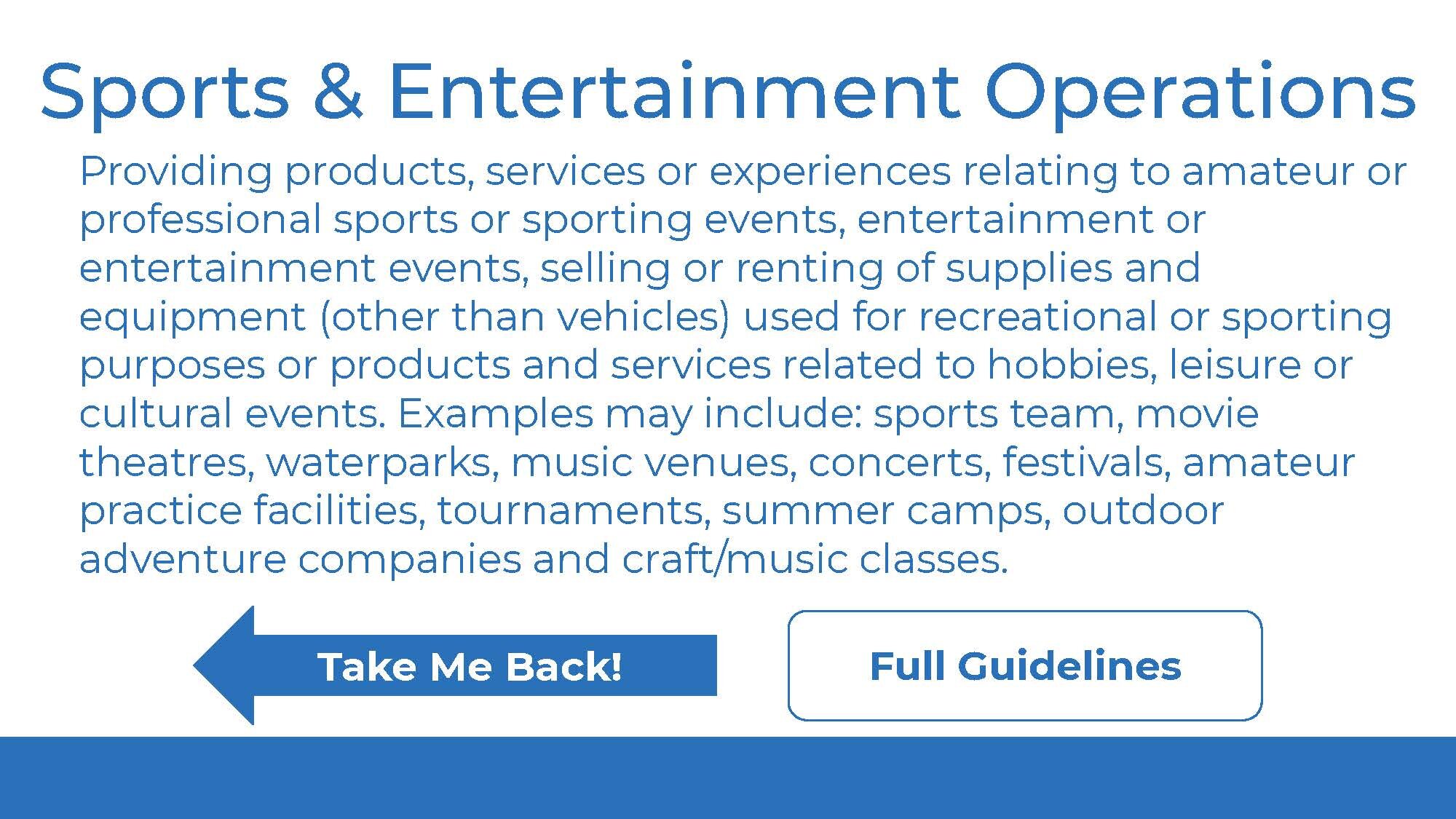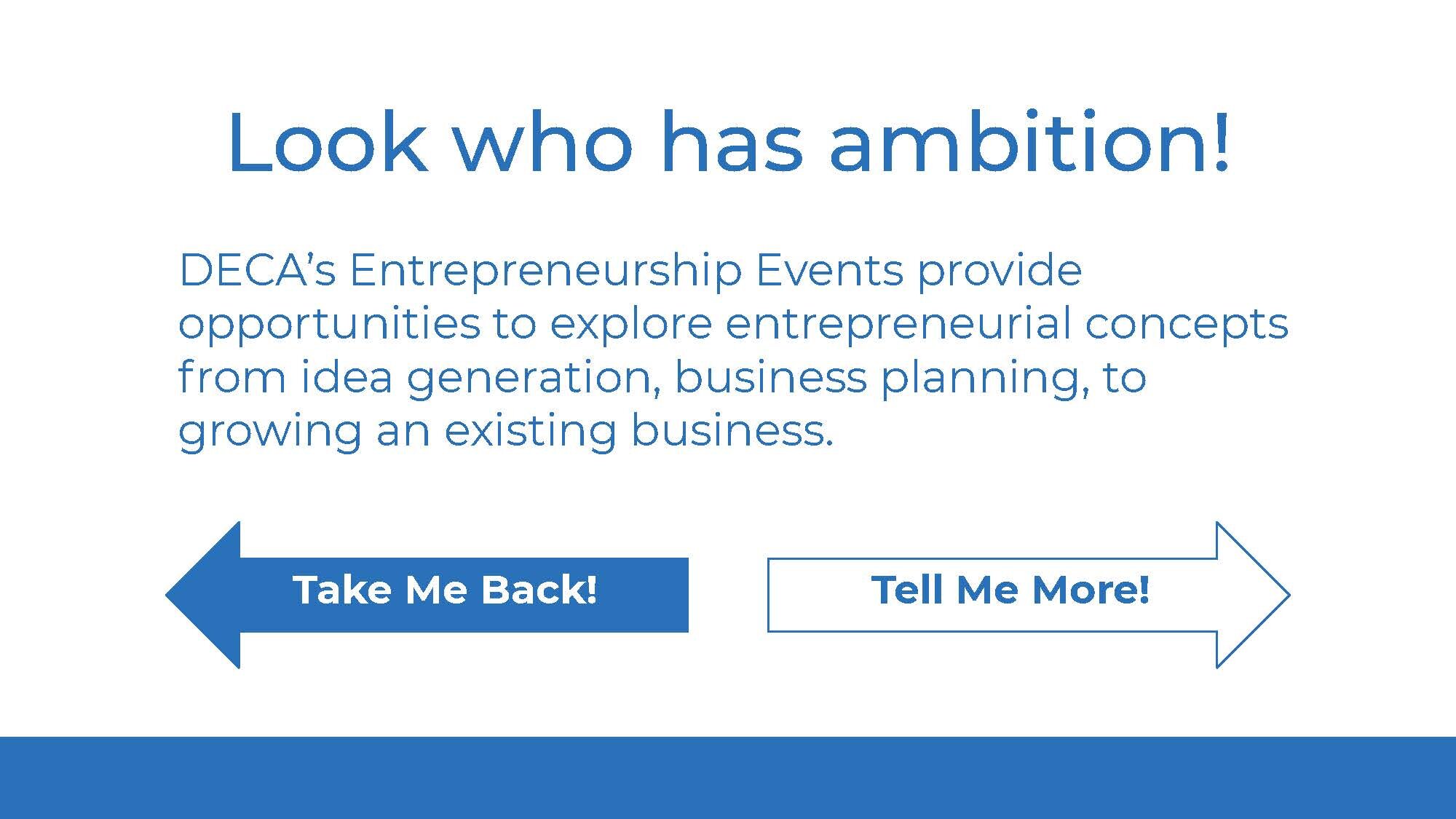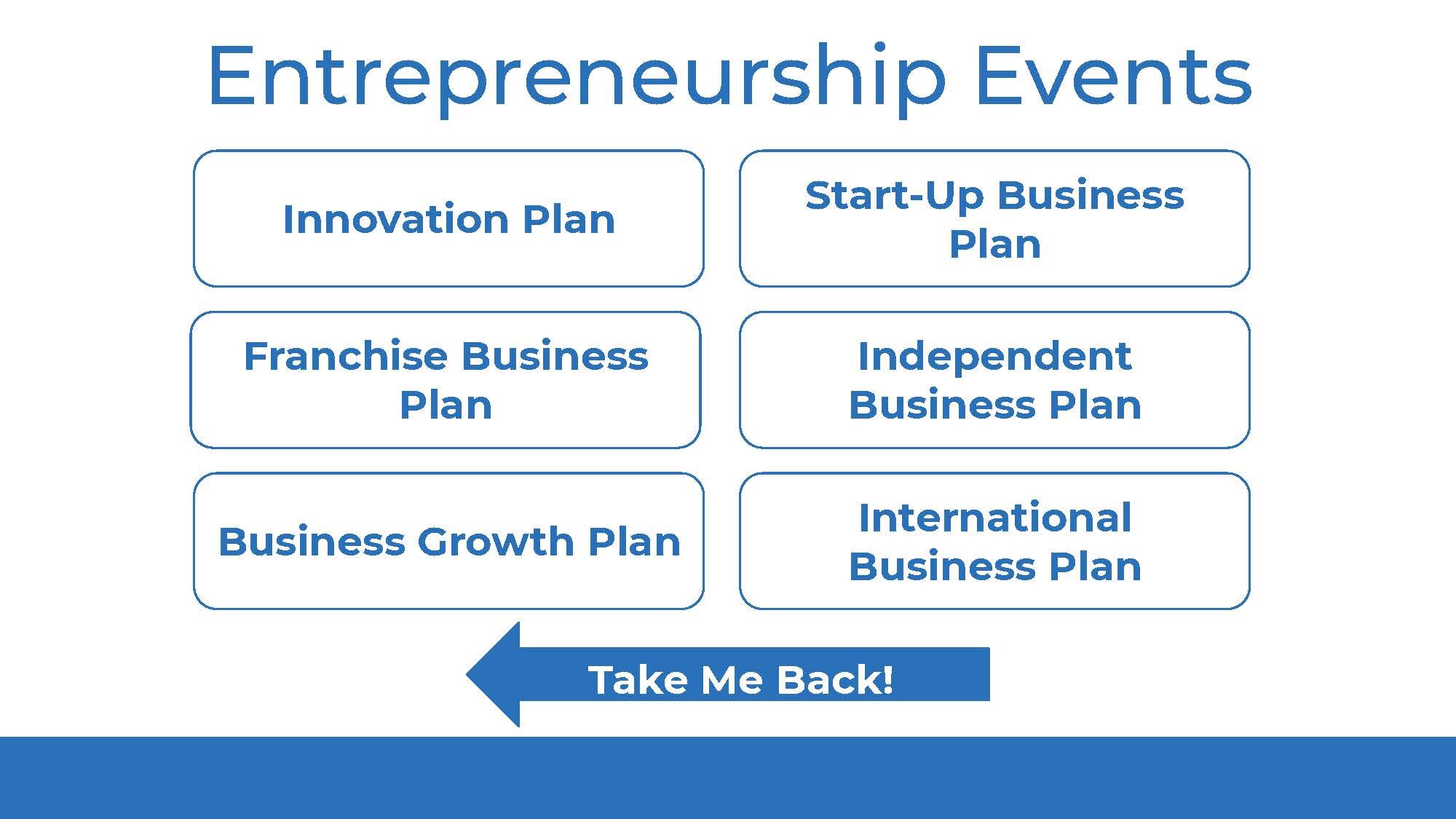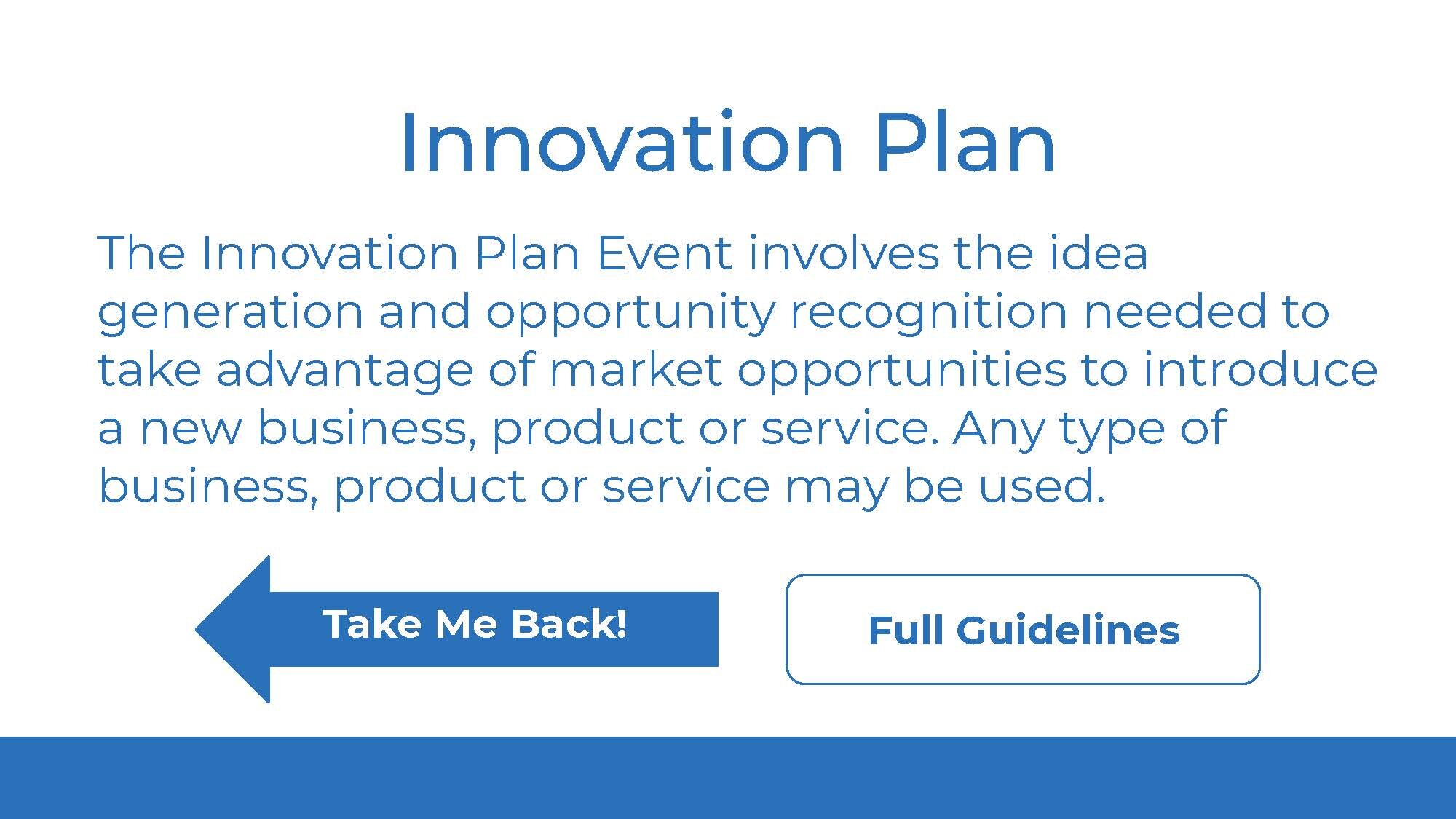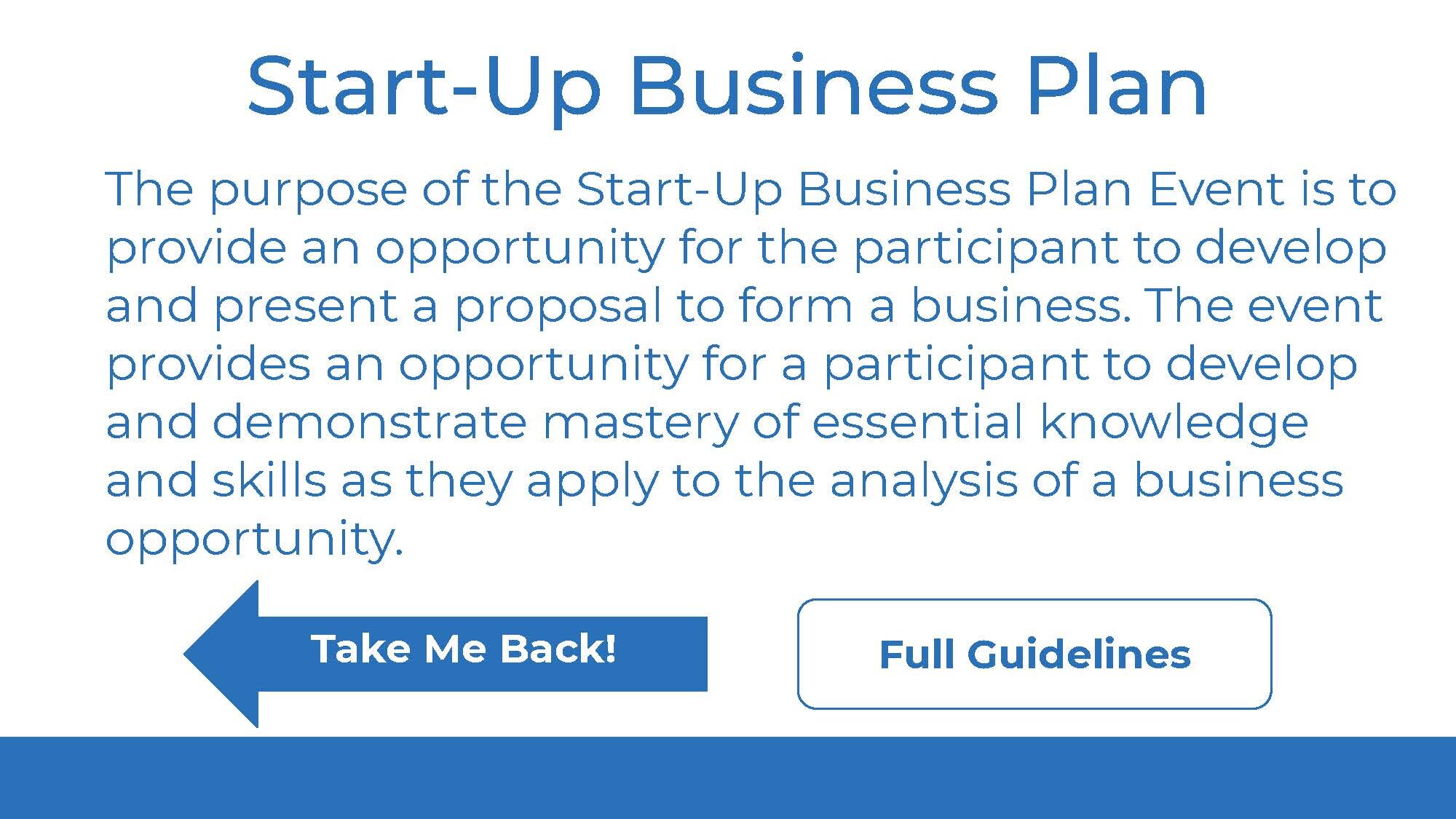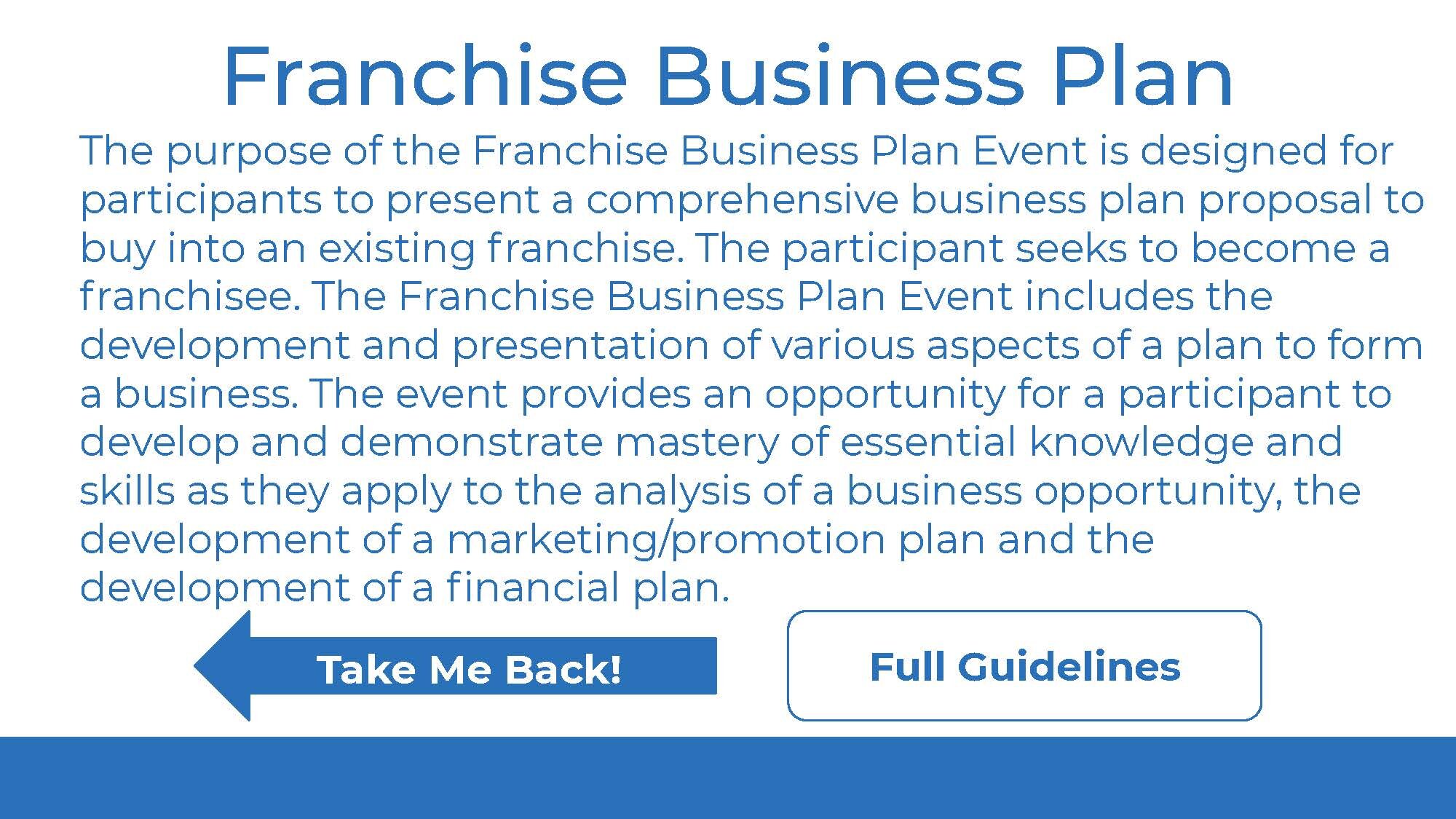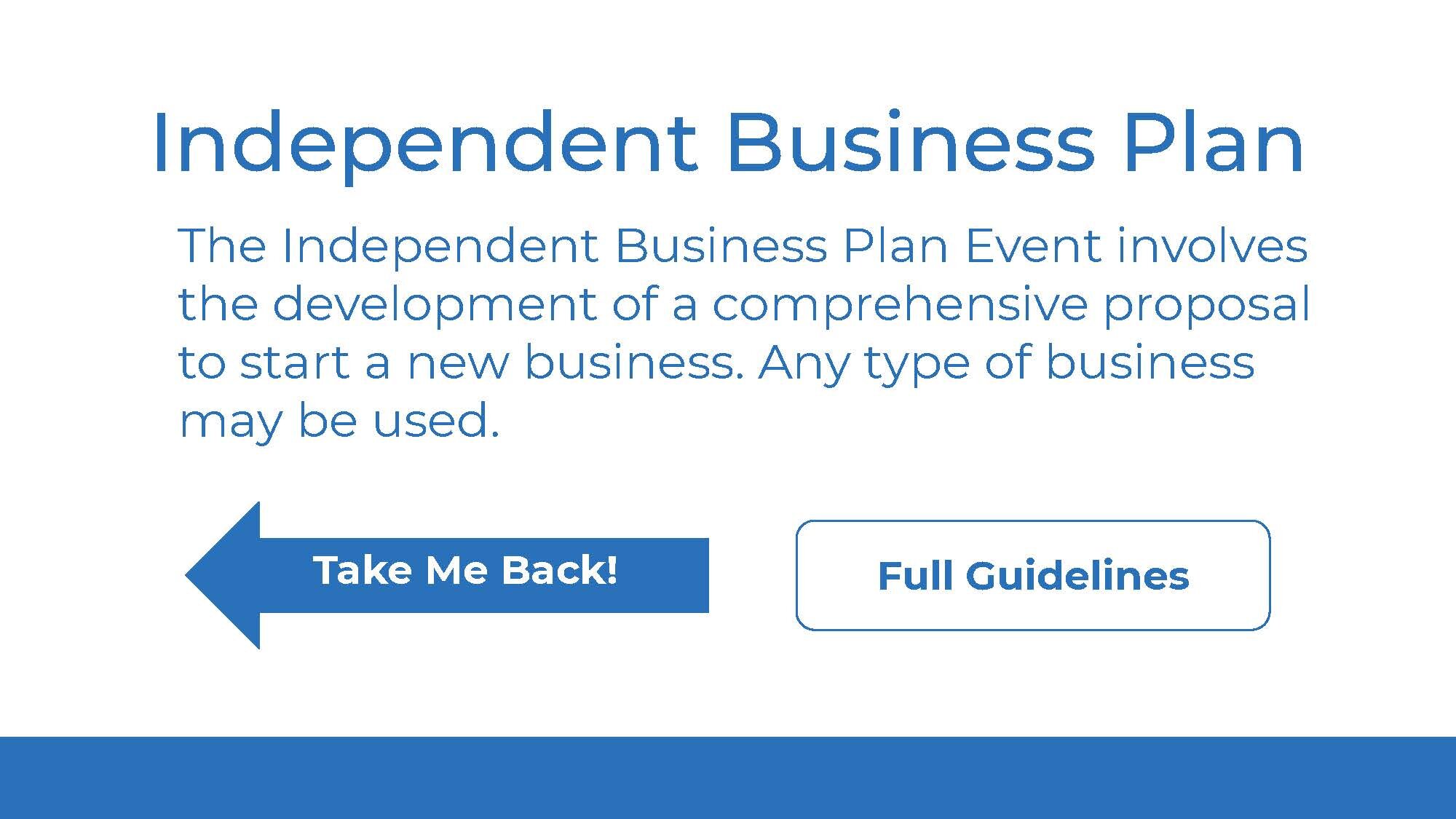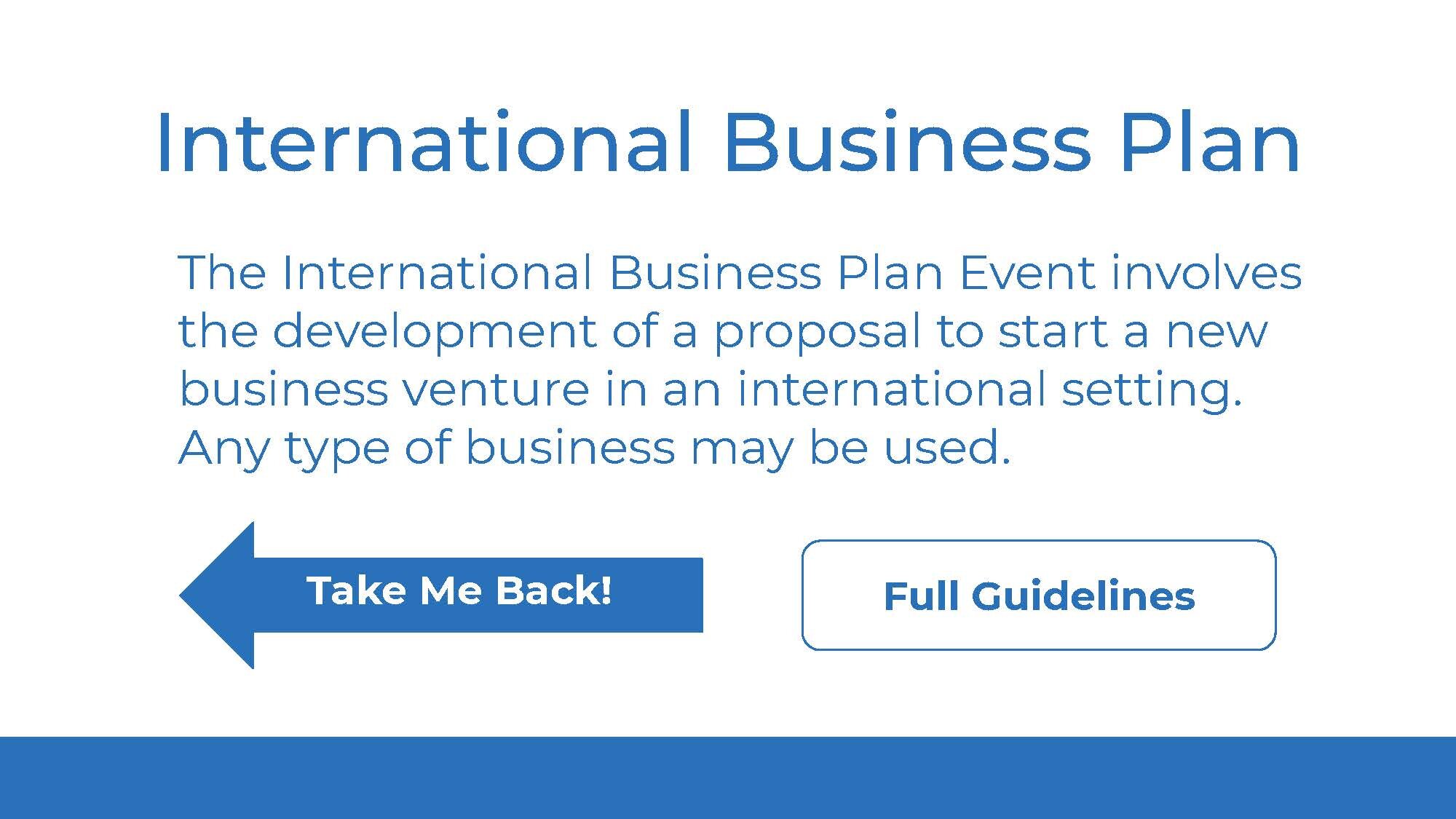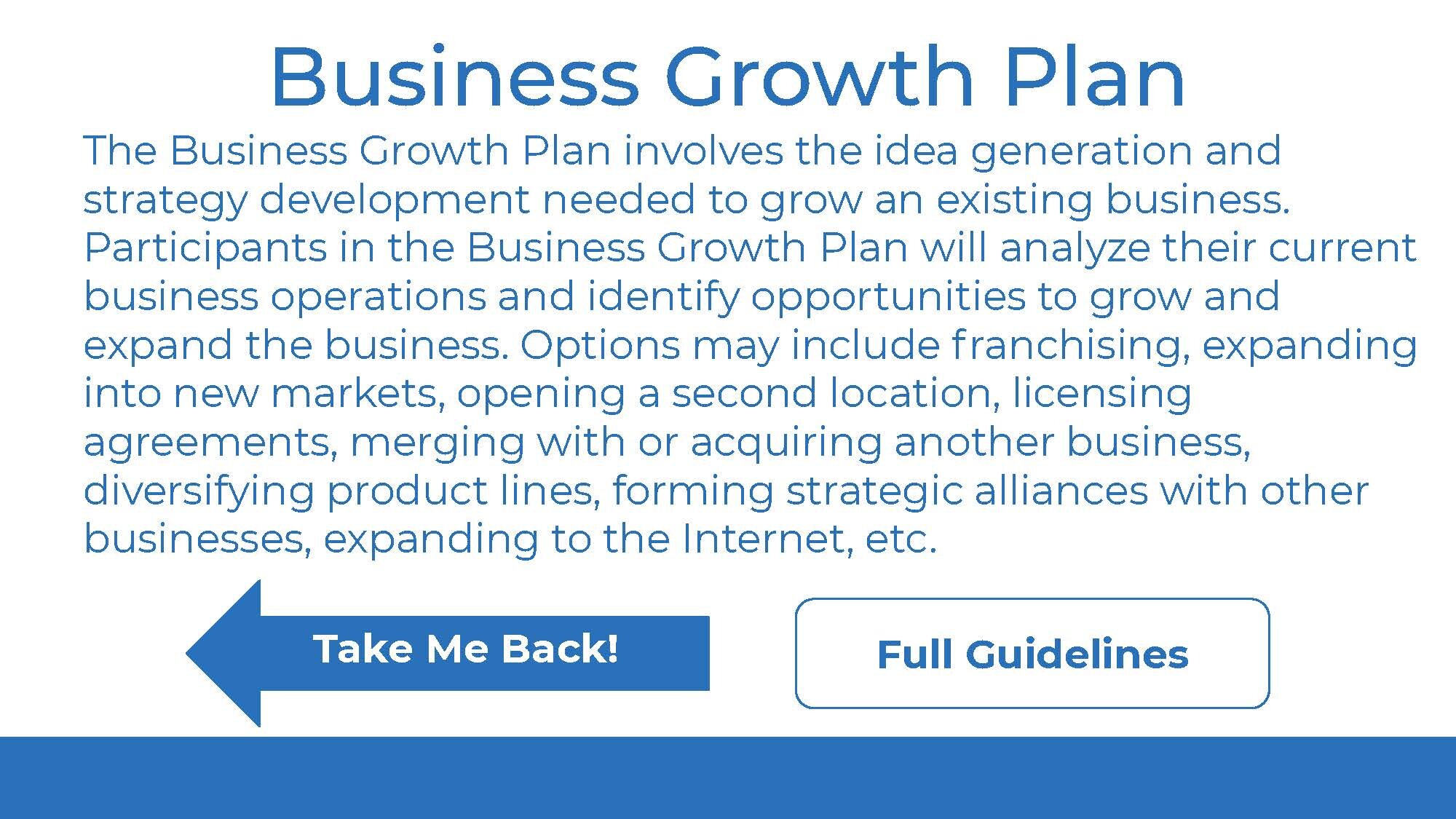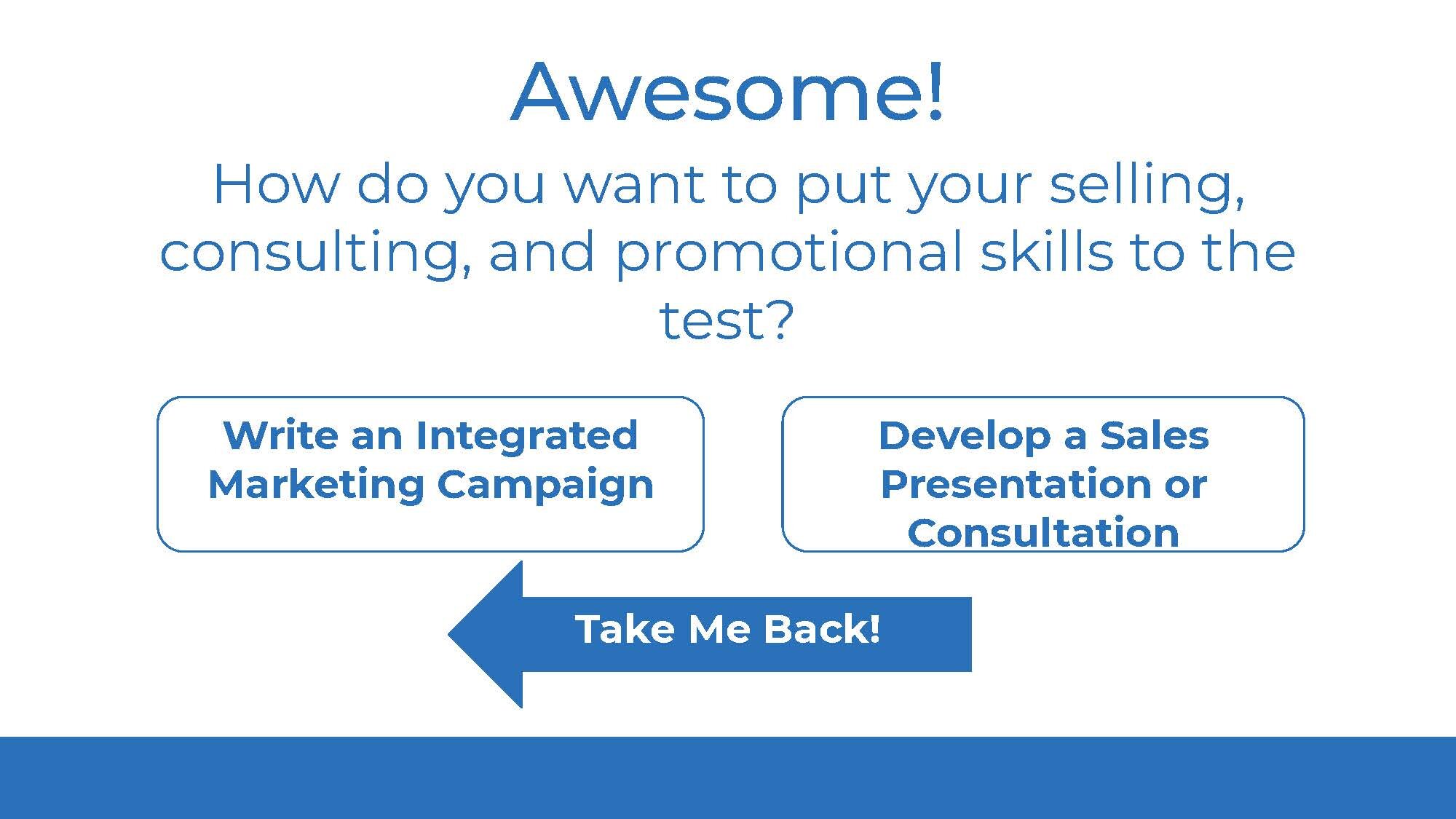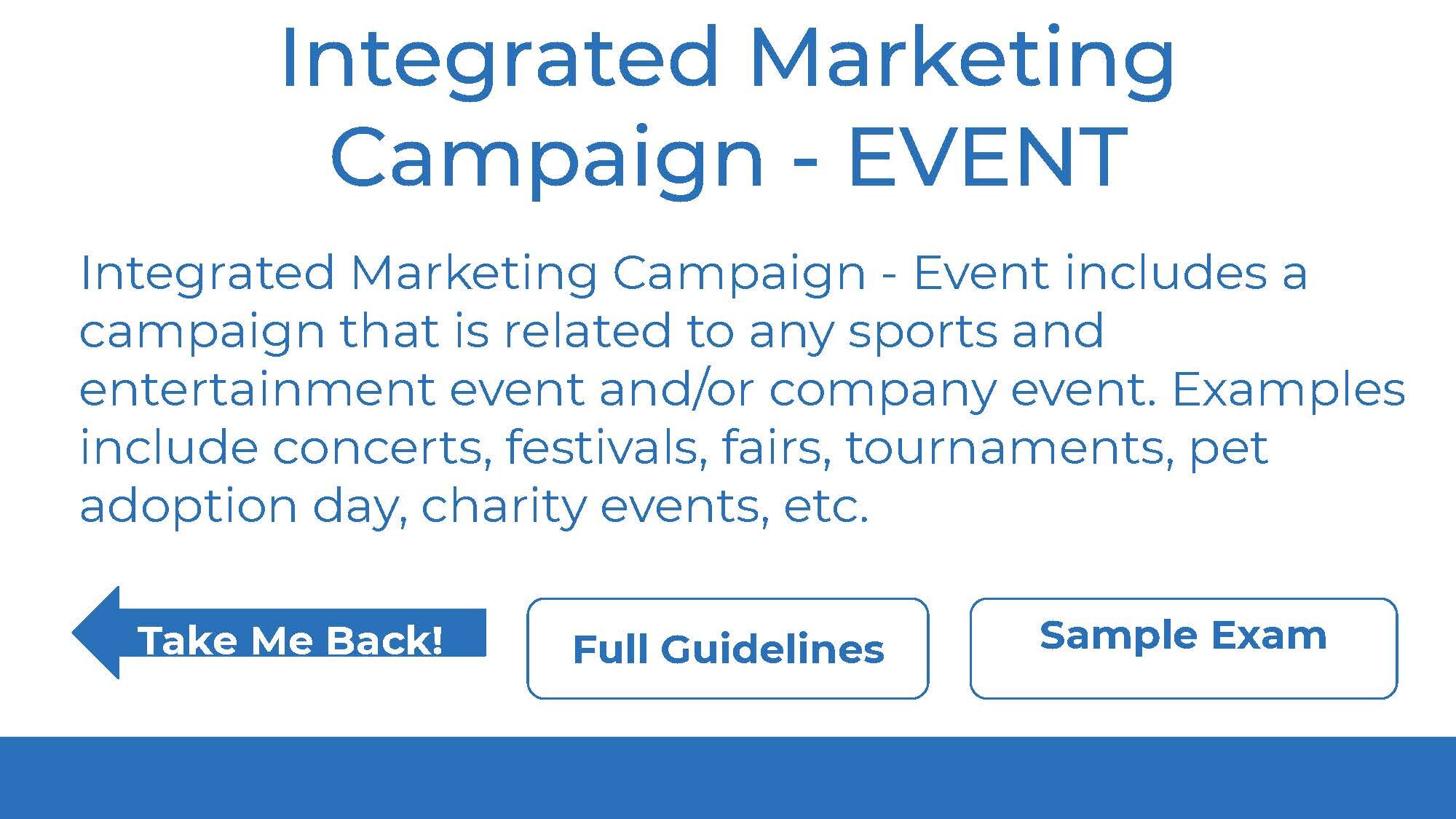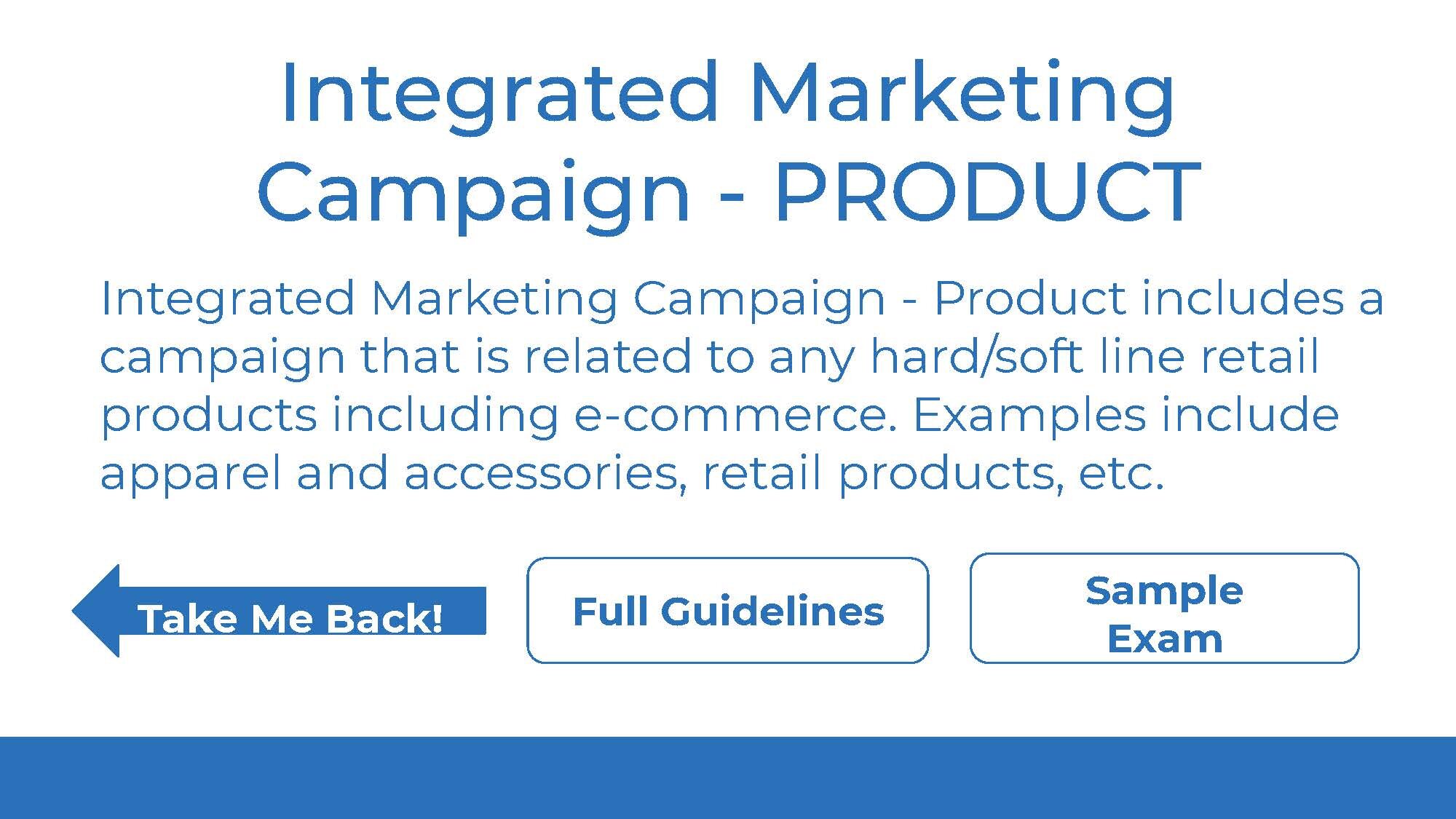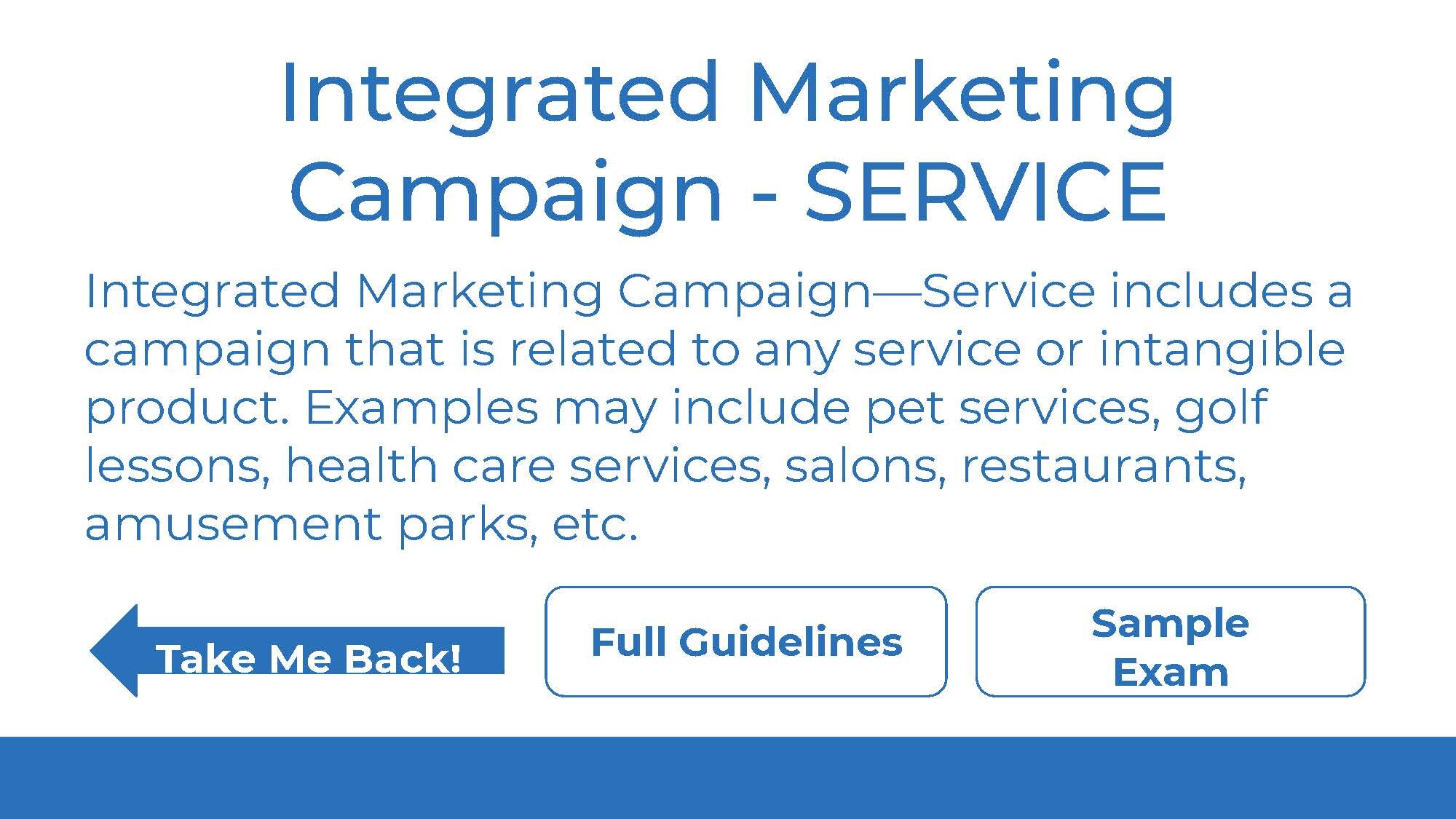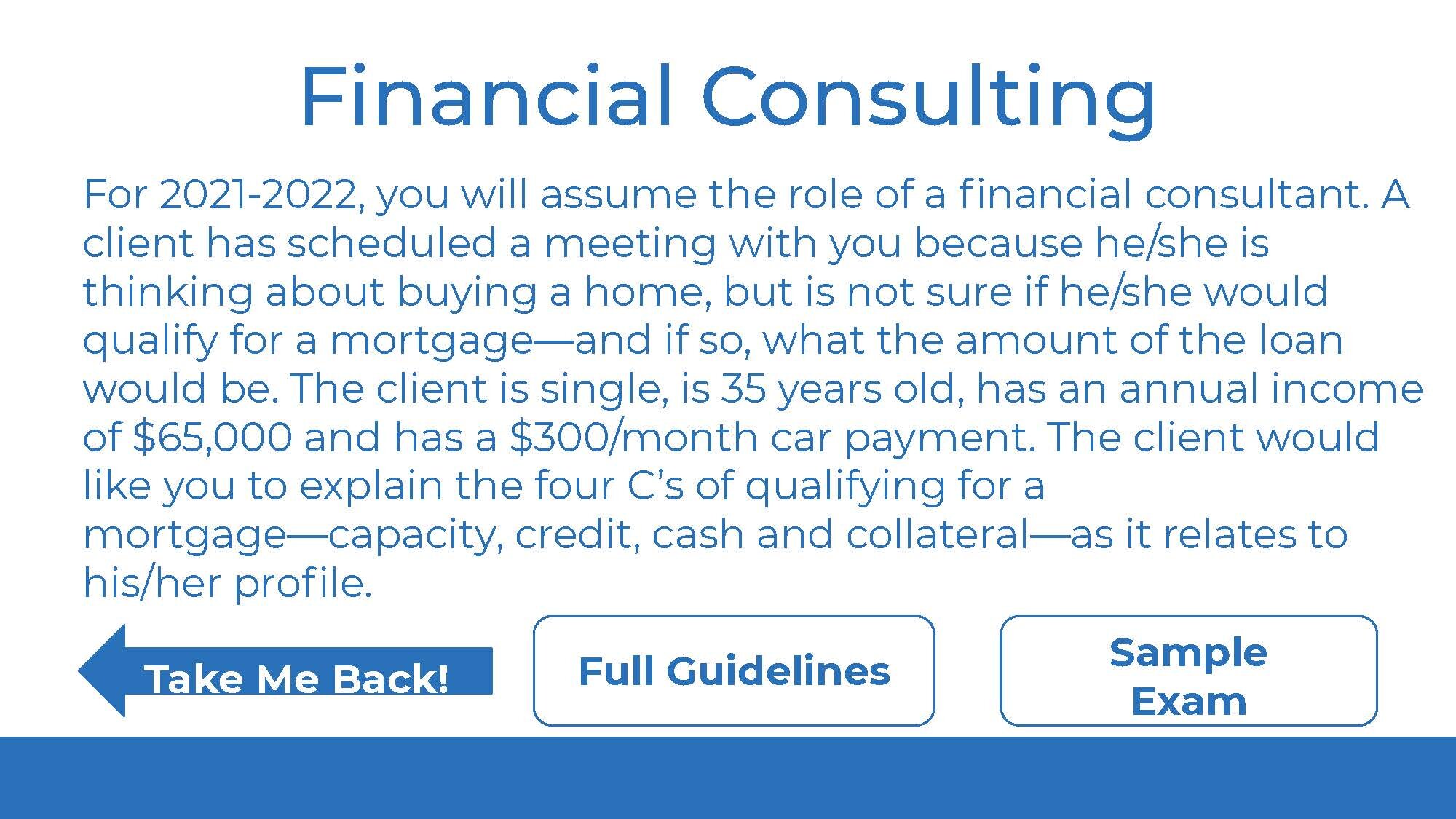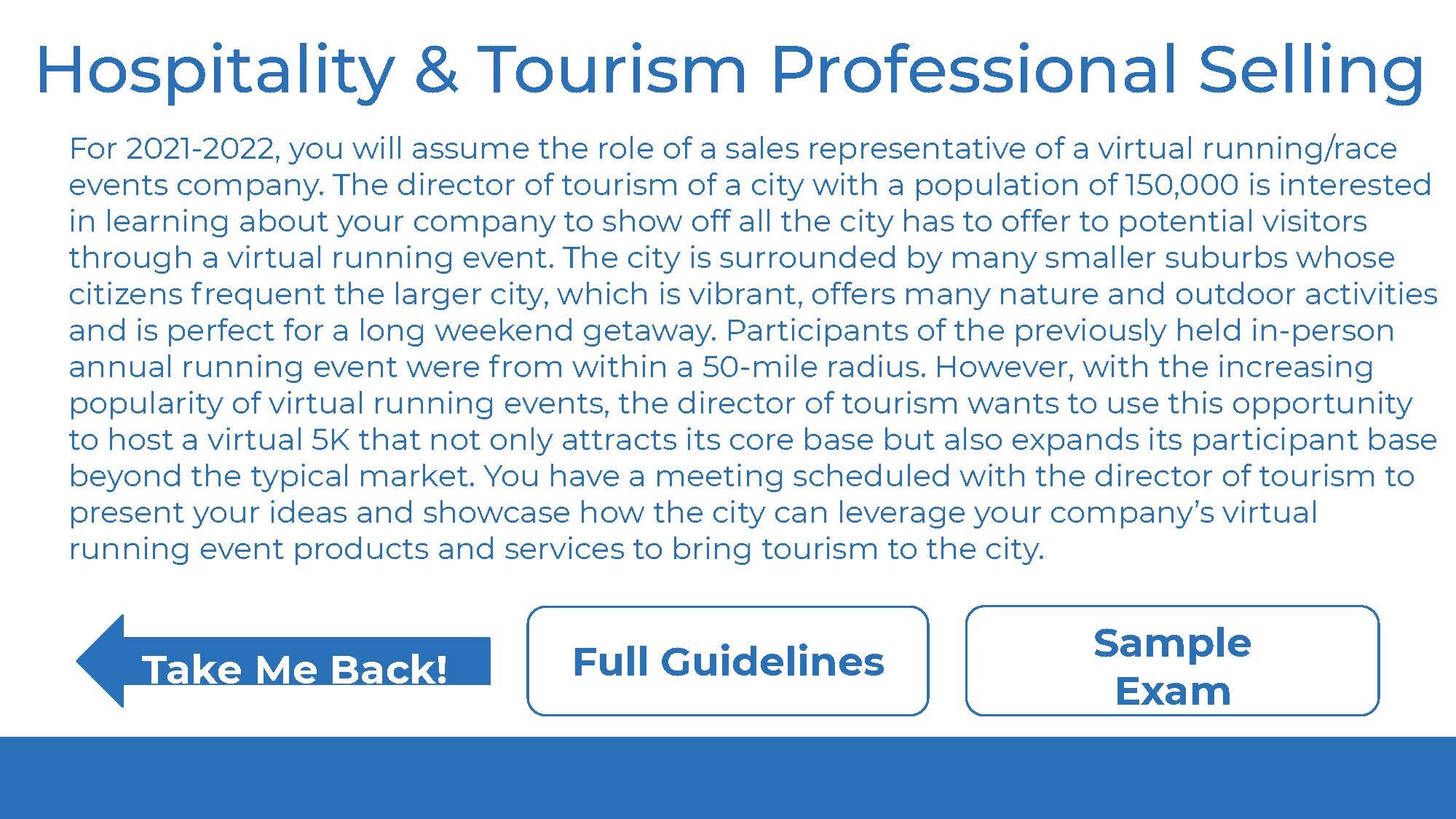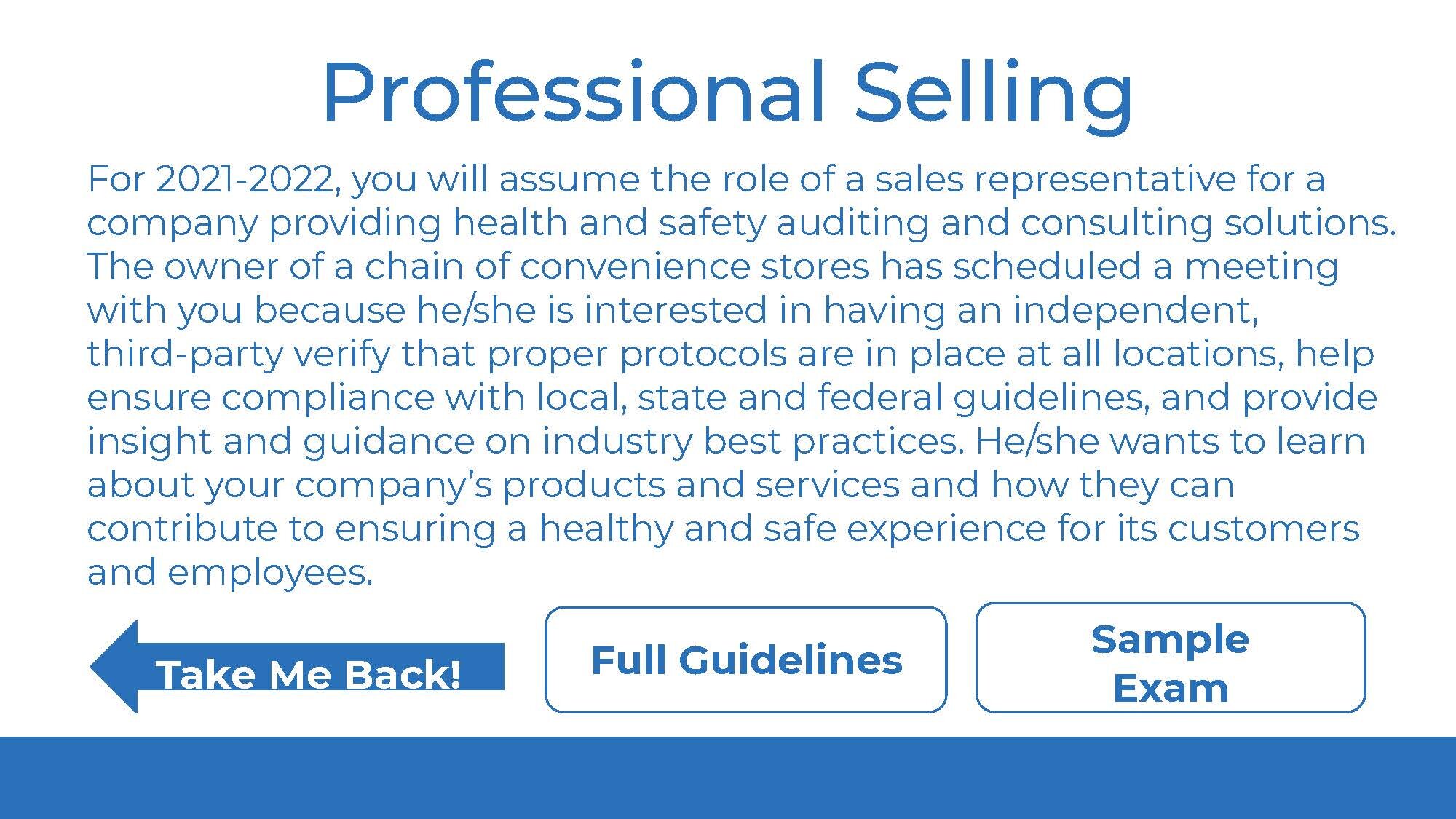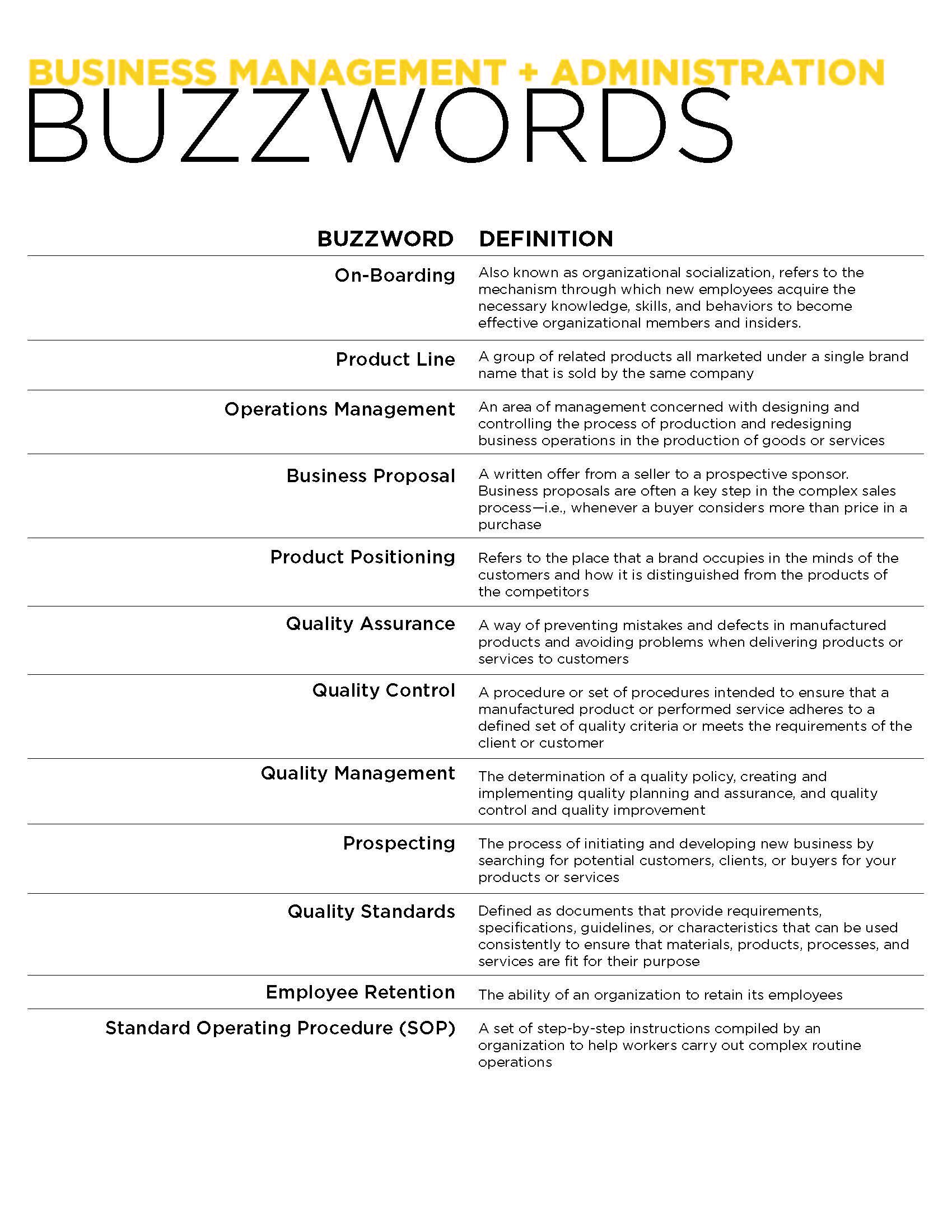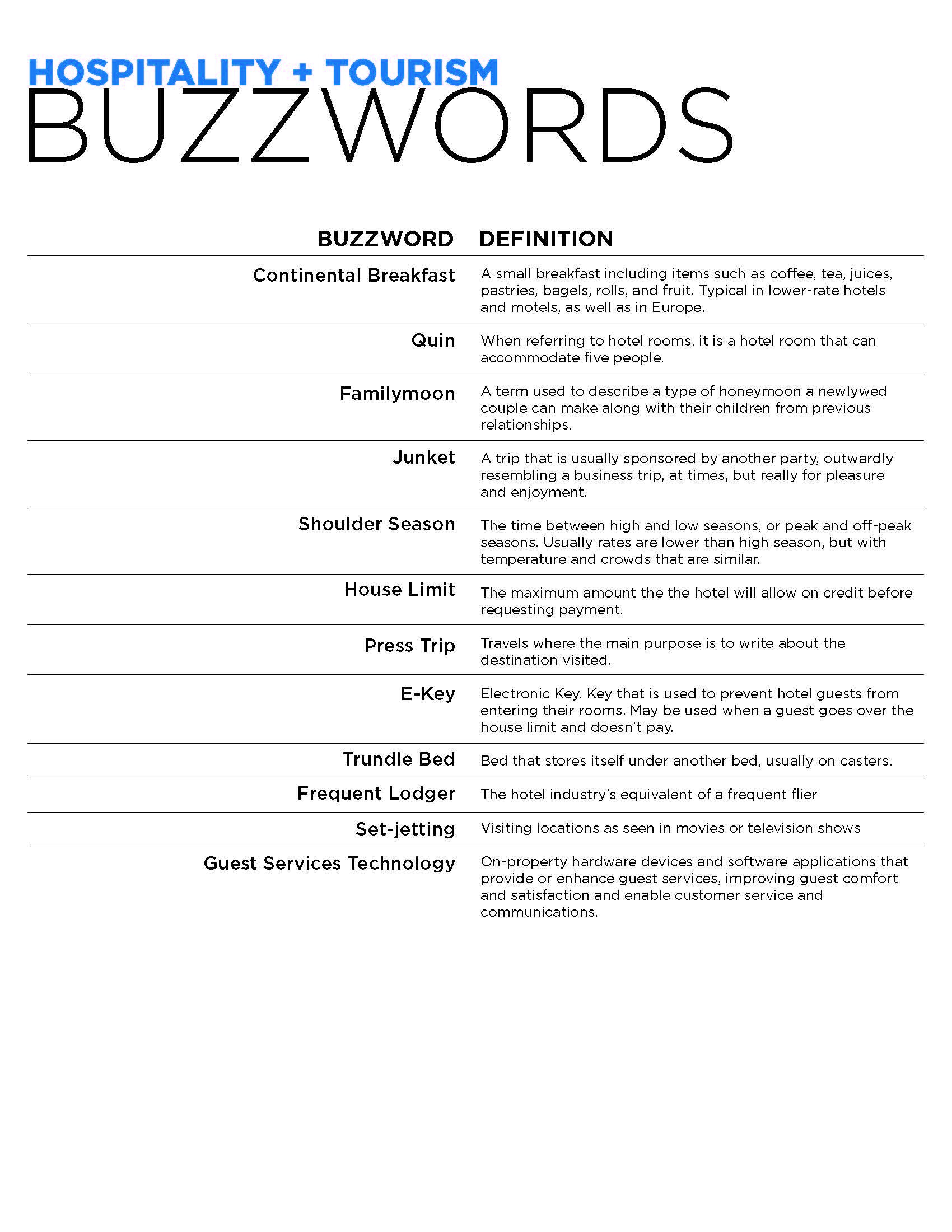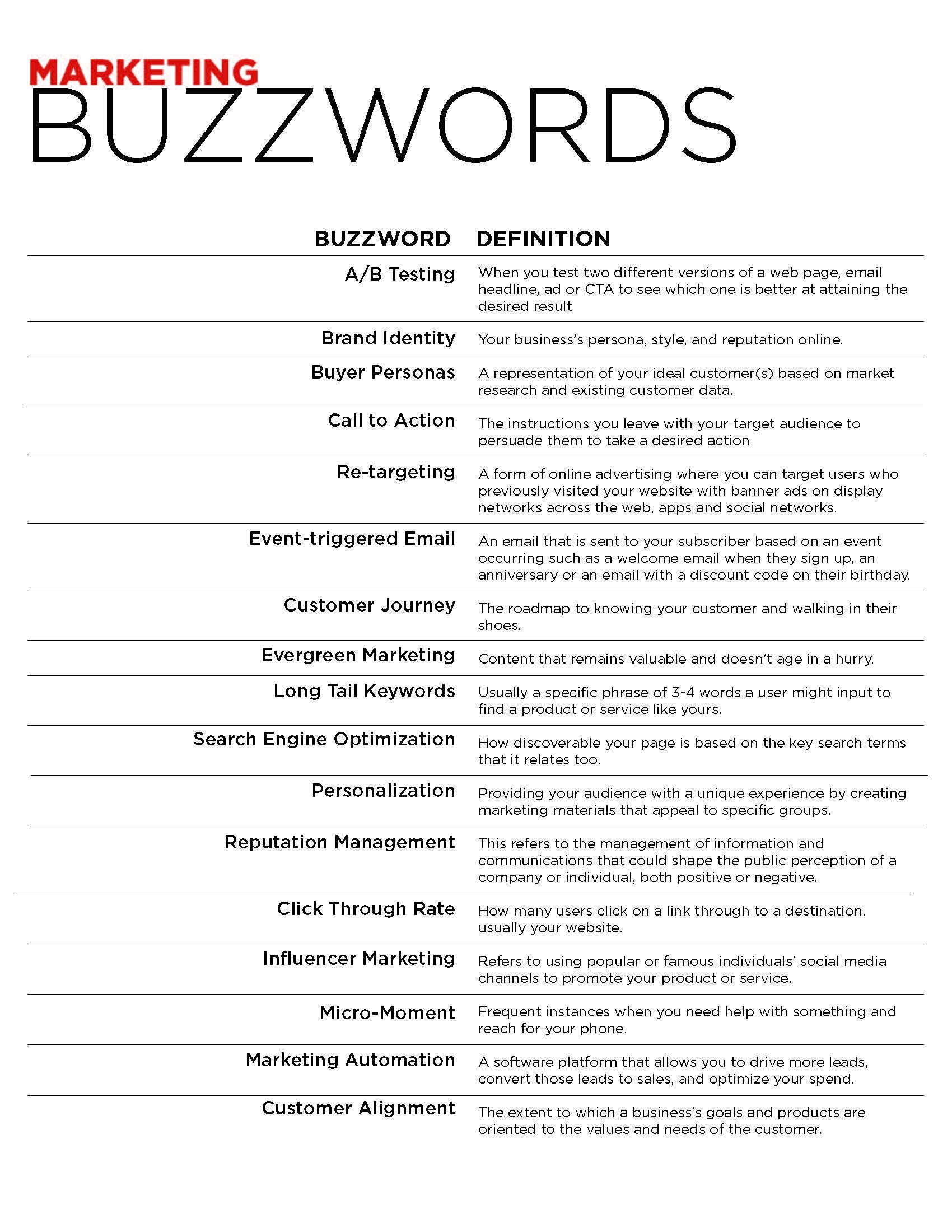With 60 different competitive event options to choose from - including traditional competitive events & online opportunities - in 6 different clusters, the possibilities to demonstrate your leadership and entrepreneurial skills are endless. When thinking about competition, it may seem overwhelming at first, but there truly is something for everyone. Whether you want to share your passion for entrepreneurship through a community service project or your love for sports through a roleplay with your DECA bestie, DECA’s comprehensive competitive events program allows you to compete in something YOU are passionate about and interested in. If you’re lost, that’s okay too. Consider this your one-stop shop to learn about all of the different DECA competitive event categories!
DECA’s competitive events program is split into 10 different categories, each varying in requirements and expectations. Pro Tip: When choosing your competitive event, consider your strengths, interests, and passions and how much of a time commitment you are willing to put into competition.
Role-plays + Case Studies
When thinking about competition, most people think of roleplay events as the “typical” competitive events that come to mind. Roleplays don’t require as much of a time commitment prior to competition days, but tend to carry a lot more pressure the day of. Members who are good at extemporaneous speaking, creatively and critically thinking, and working well under pressure thrive in the following event categories:
Principles of Business Administration
Designed for first-year members, the Principles events allow members to demonstrate their knowledge of basic business concepts and scenarios. Members compete individually and can compete in any career cluster event.
10-Minute Preparation Time + 10-Minute Presentation Time + Business Administration Core Exam Business Administration Core Exam - 50% + Roleplay with a Judge - 50%
Individual Series
DECA’s individual series is the largest competitive event category and features an event in each cluster. From marketing communications to human resources management, members who thrive individually and can think of creative ideas on the fly fit perfectly in this category.
10-Minute Preparation Time + 10-Minute Presentation Time + Cluster Exam
Cluster Exam Score - 50% + Roleplay with a Judge - 50%
Team Decision Making
Team Decision Making events are one of the most popular categories and are designed for dynamic duos who think creatively and thrive working synchronously. TDM events allow competitors to play off their partner's strengths and strategically provide innovative solutions to scenarios.
30-Minute Preparation Time + 15-Minute Presentation Time + Cluster Exam
Averaged Cluster Exam Scores - 50% + Roleplay with a Judge - 50%
Prepared Events
DECA’s prepared events allow members to exercise knowledge and skills in several areas of business in a creative and technical way. Although prepared events require a large amount of time and effort before competition, you can walk into your CDC knowing exactly what you want to say and how you want to say it. For most people, this reduces a lot of the stress that a roleplay competitor might have. Members who prefer prepared speaking, working on long-term projects and plans, and completing in-depth research excel in the following prepared event categories:
Business Operations Research
The BOR events allow members to complete a research project on a business model, and provide a solution/innovation to a modern-day issue! The competitive event topic changes every year, and the project allows you to create applicable innovative solutions for real-world businesses!
15-Minute Presentation + 20-Page Written Plan
Oral Presentation - 40% + Written Plan - 60%
Project Management
DECA’s project management events allow competitors to demonstrate their interest in business management through a project focused on community service, financial literacy, business solutions, and more! This event is designed for people who want to leave a greater impact on their local communities and DECA chapters
15-Minute Presentation + 20-Page Written Plan
Oral Presentation - 40% + Written Plan - 60%
Integrated Marketing Campaigns
The Integrated Marketing Campaigns allow competitors to design a marketing initiative for an event, product, or service. After completing the marketing cluster exam, teams of 1-3 work diligently to design a 10-page paper and deliver an oral presentation detailing the campaign and its intended benefits.
15-Minute Presentation + 10-Page Marketing Campaign Proposal + Marketing Cluster Exam Oral Presentation - 33.3% + Written Proposal - 33.3% + Marketing Cluster Exam - 33.3%
Entrepreneurship Events
DECA’s prepared entrepreneurship events combine every aspect of business administration. Competitors design a plan to start, innovate, and/or grow a business uniquely and creatively. Members can choose from a variety of events to start or improve a business.
15-Minute Presentation + 10 or 20-Page Written Plan (depending on the event) For 10-page events: Oral Presentation + Written Plan Reviewed Together to Determine Final Score; For 20-page events: Oral Presentation - 40% + Written Plan - 60%
Professional Selling and Consulting
This event category allows members to demonstrate their sales and consulting knowledge and skills in marketing, finance, or hospitality and tourism. If you’ve ever been told you’d make a good salesperson, this event is for you! Competitors host a sales presentation or consultation with a potential client (the judge) to sell/consult on a yearly topic!
Sales Presentation or 15-Minute Consultation + Cluster Exam
Selling Events: Sales Presentation - 50% + Cluster Exam - 50%
Consulting Event: 15-Minute Consultation - 50% + Cluster Exam - 50%
Personal Financial Literacy
The PFL Cluster/Category is one event that tasks competitors with demonstrating personal financial skills based on facts and systematic decision-making! For all the aspiring personal bankers and financial consultants, these events are for you!
10-Minute Preparation Time + 10-Minute Presentation Time + Cluster Exam
Cluster Exam Score - 50% + Roleplay with a Judge - 50%
Online Simulations
DECA has 9 online competitive events available for members. These events are for members who prefer to work on long-term online projects and don’t want to do much extemporaneous or public speaking. Members can compete through online simulations to rise up the ranks within their chartered association, region, and organization as a whole! Both of the following events are ICDC Qualifying events, and competitors must place at the top of their respective regions in order to advance:
Virtual Business Challenges
Sponsored by KnowledgeMatters, the VBC events allow members to compete in simulation games, centered around a certain aspect of business. From hotel management to forensic accounting, the VBC events are designed to expose real-world business life to our emerging leaders!
2 ICDC Qualifying Rounds - The Top 2 Teams from Each Region Qualify for ICDC - Visit www.deca.org/compete for more VBC information!
Stock Market Game
Each year, DECA’s Stock Market Games puts members to the test by simulating a stock market portfolio for teams of 1-3 to control and compete with. This competitive event is highly-renowned and competitive, but incredibly impressive after hard work and dedication!
1 ICDC Qualifying Rounds - The Top 25 Teams from Each Region Qualify for ICDC
Visit www.deca.org/compete/stock-market-game for more information!
Check out the resources below for more information on understanding DECA’s different competitive events!
DECA Competition Homepage: www.deca.org/compete
DECA Competitive Events Poster:
https://cdn.prod.website-files.com/635c470cc81318fc3e9c1e0e/669029b758cf2963d40ad46a_2024-25 _CE_Poster.pdf
2024-2025 DECA Guide: https://issuu.com/decainc/docs/deca-24-hs-guide?fr=xIAEoAT3_NTU1
2024-2025 Competitive Events Topics: https://www.decadirect.org/articles/deca-announces-competitive-event-topics-for-2024-2025






